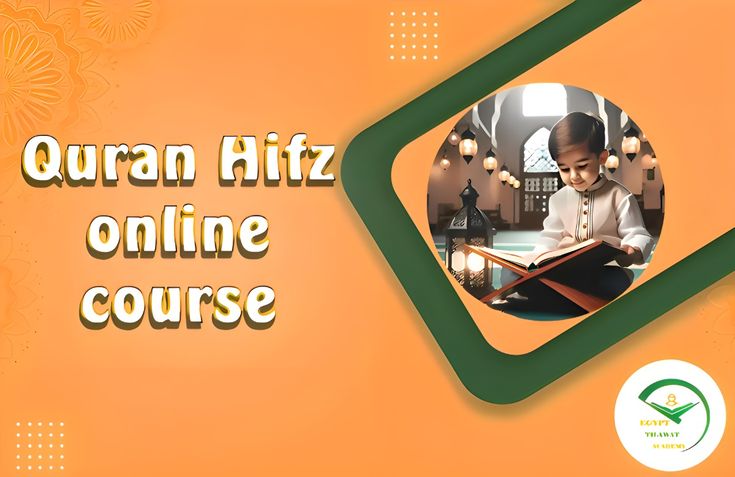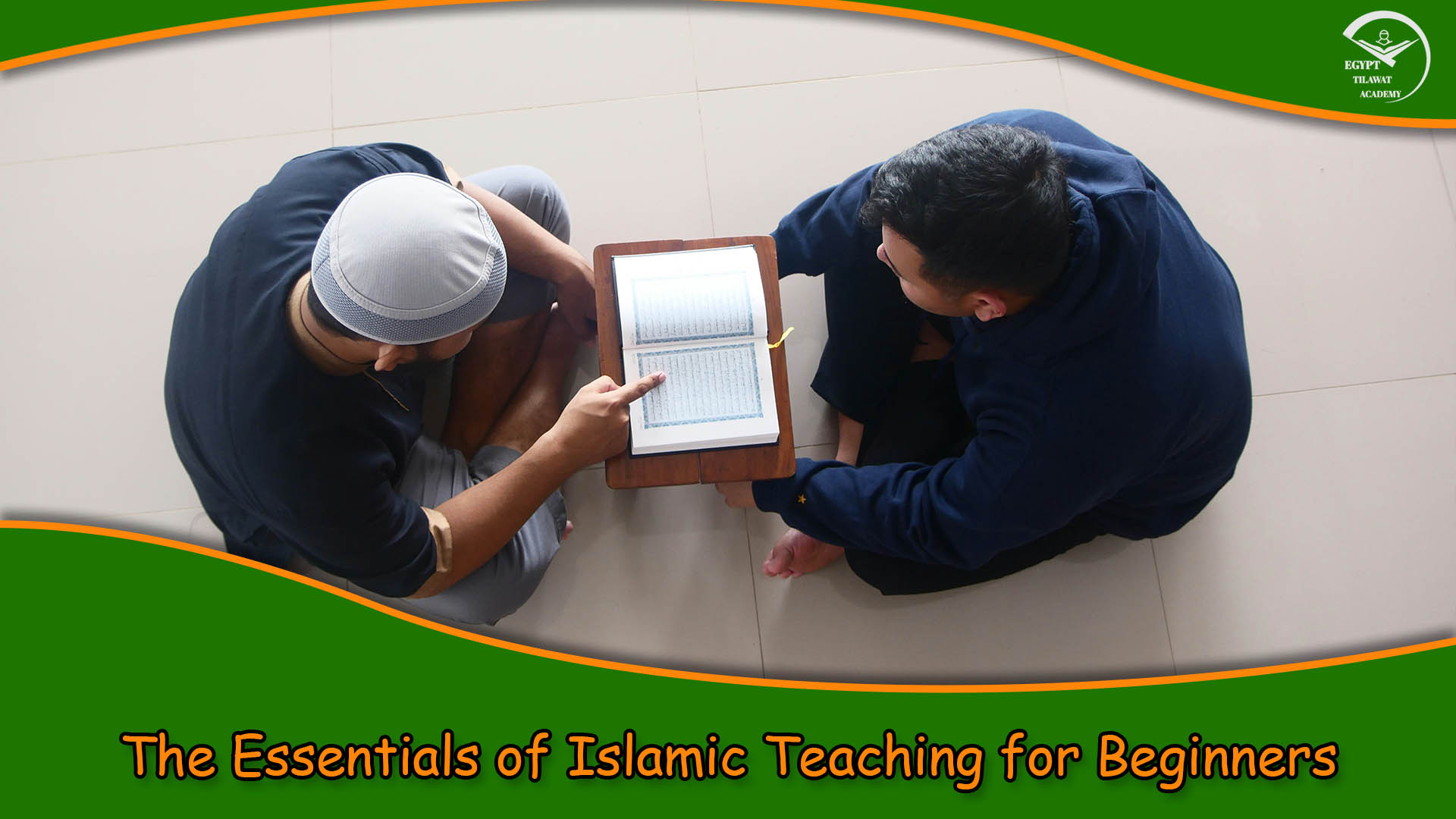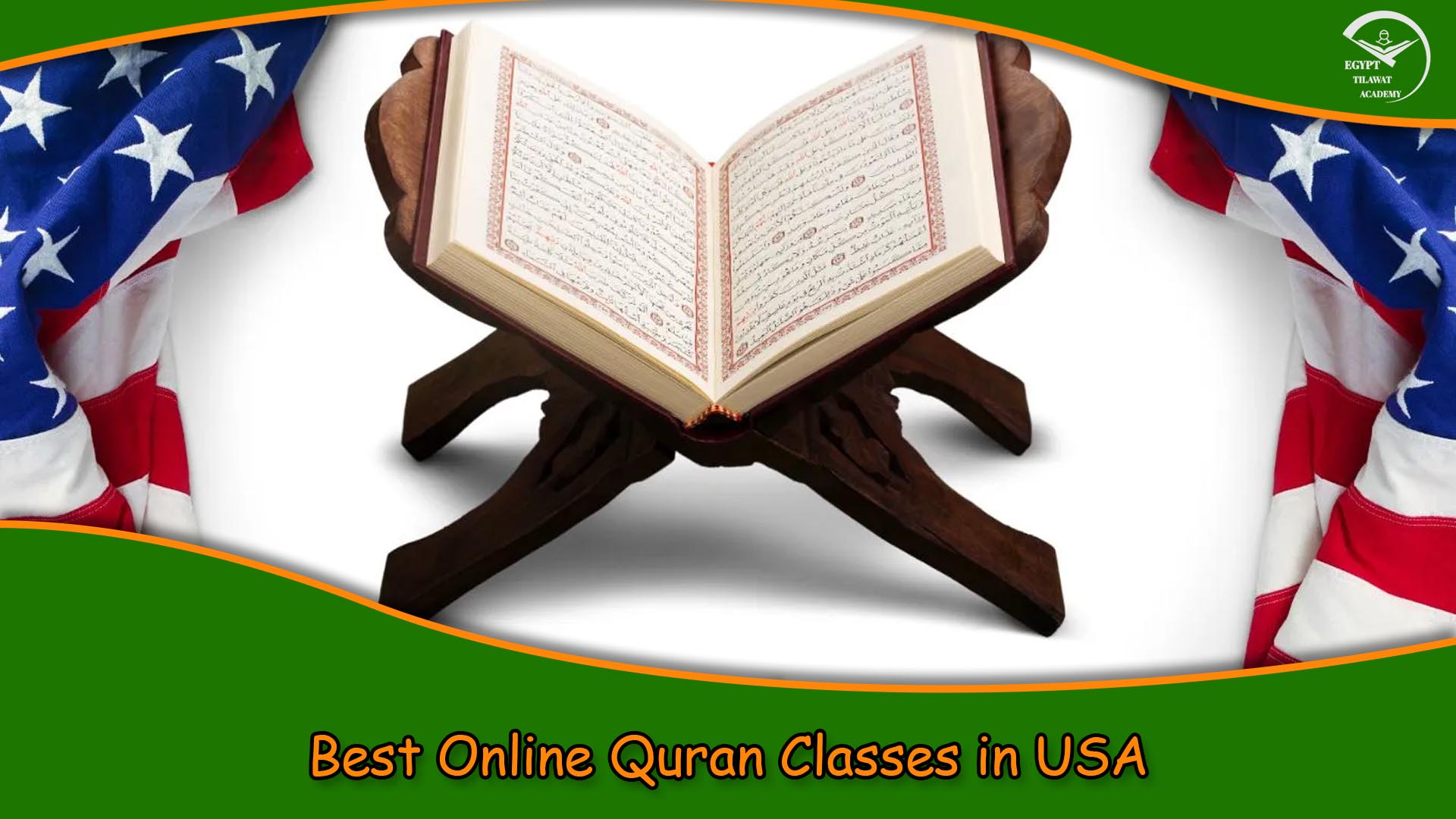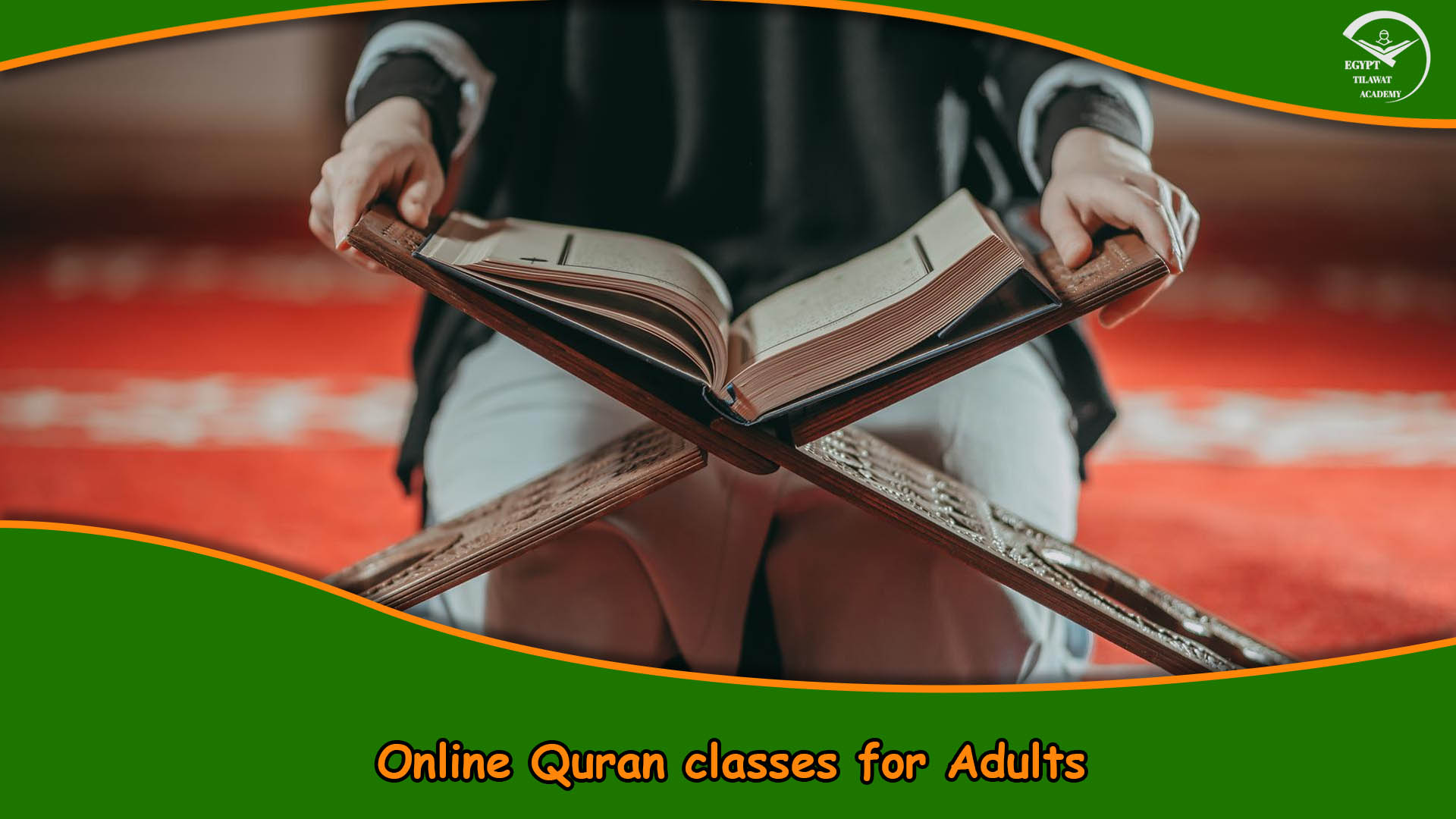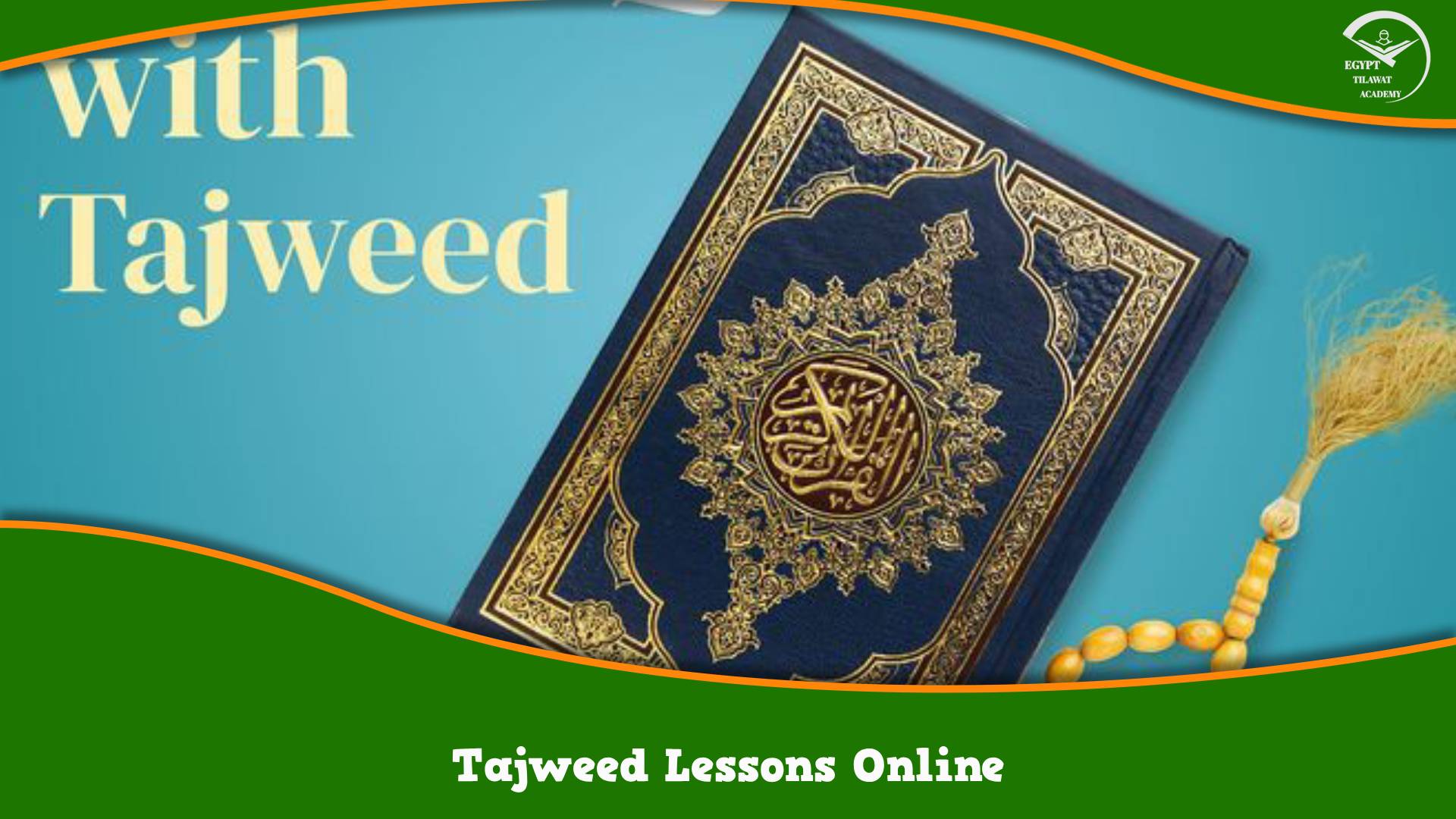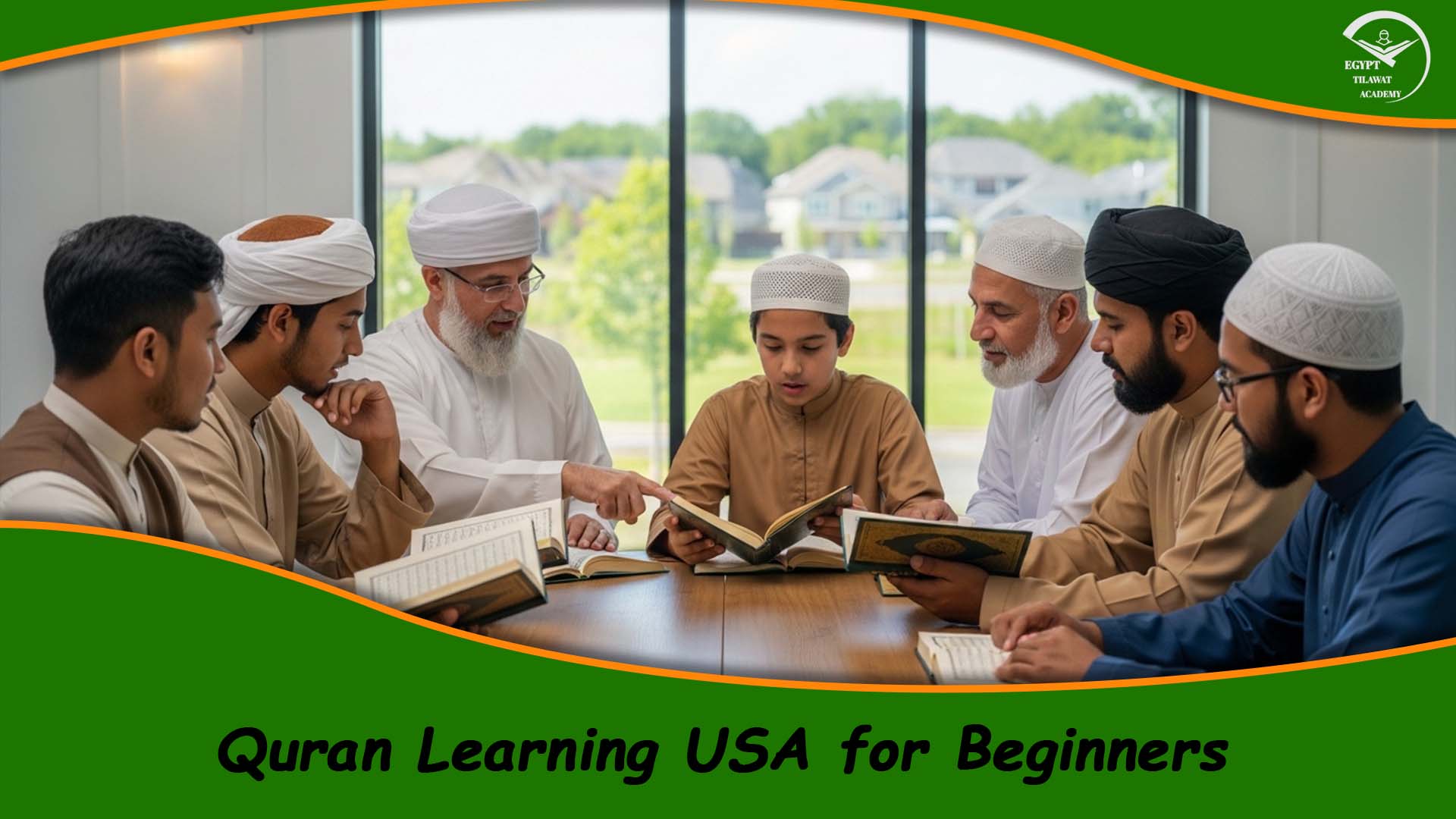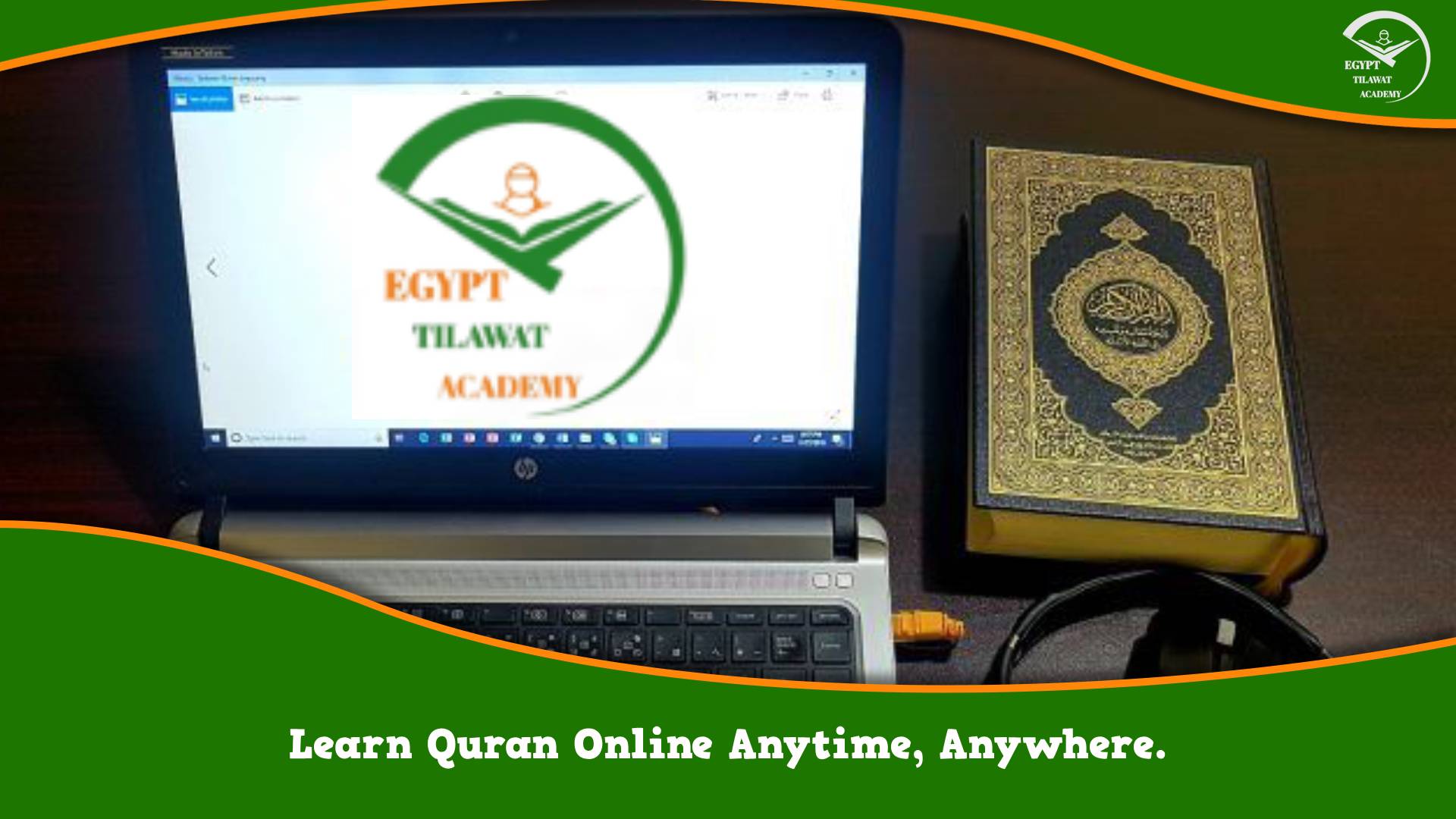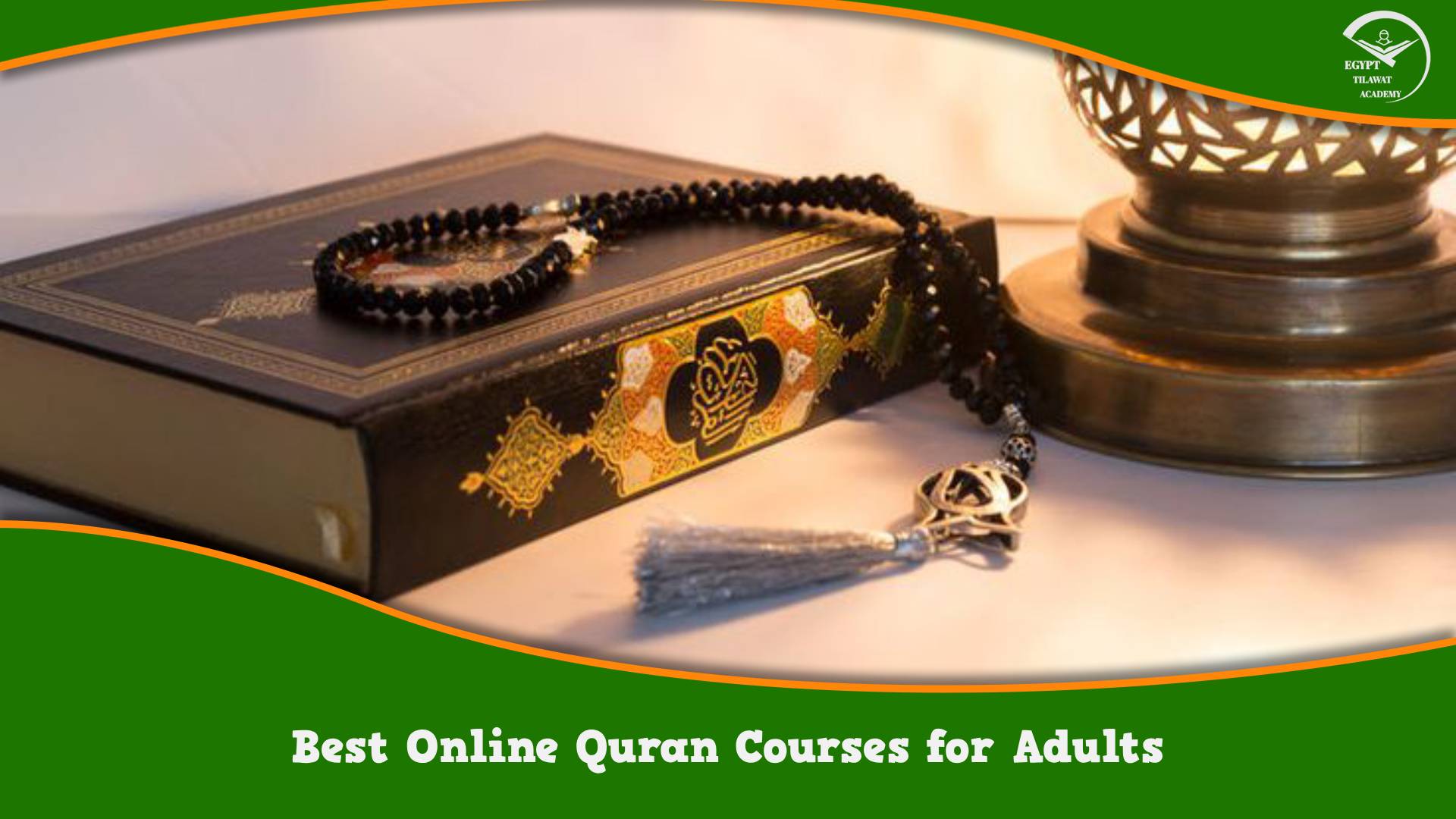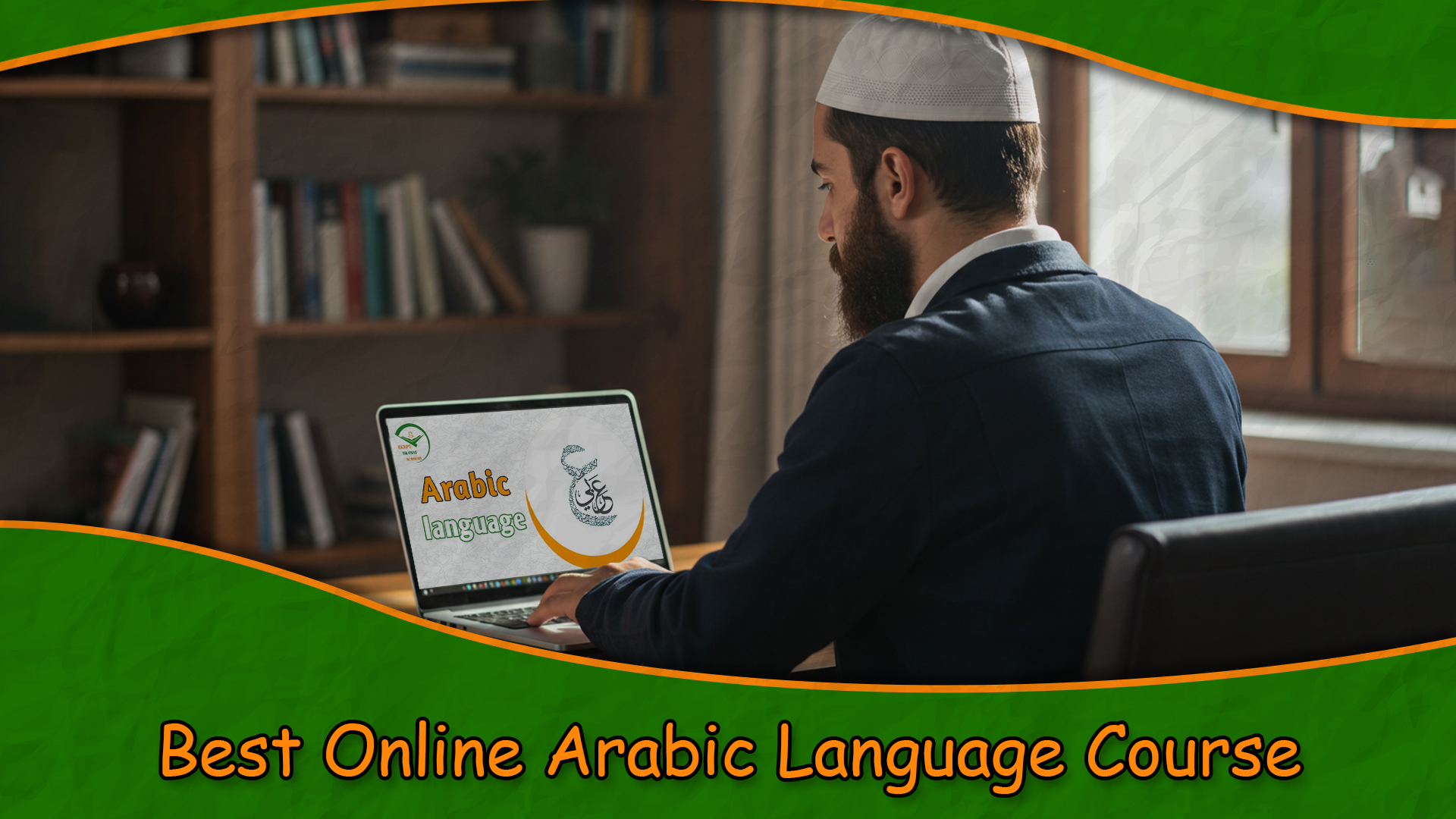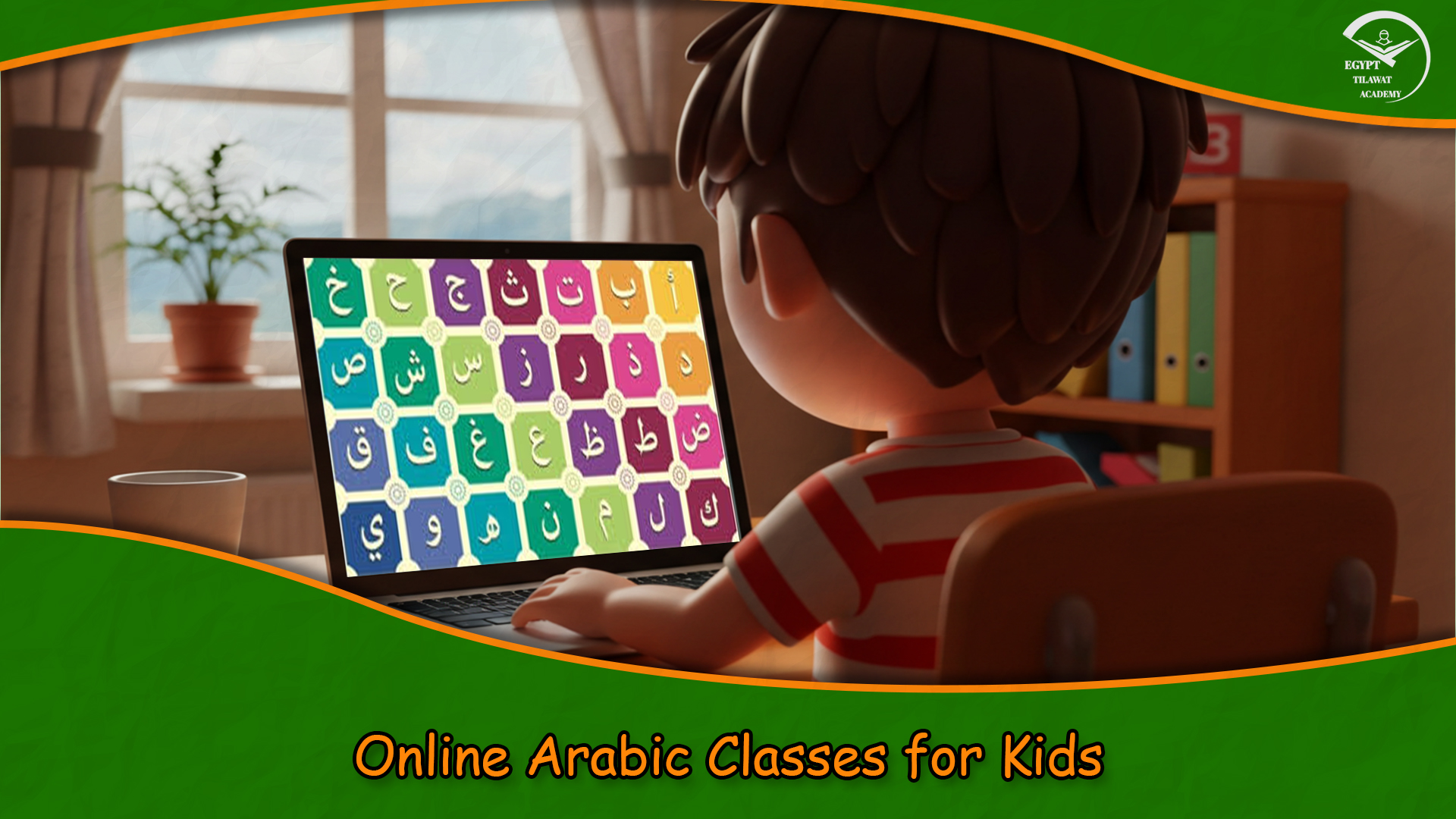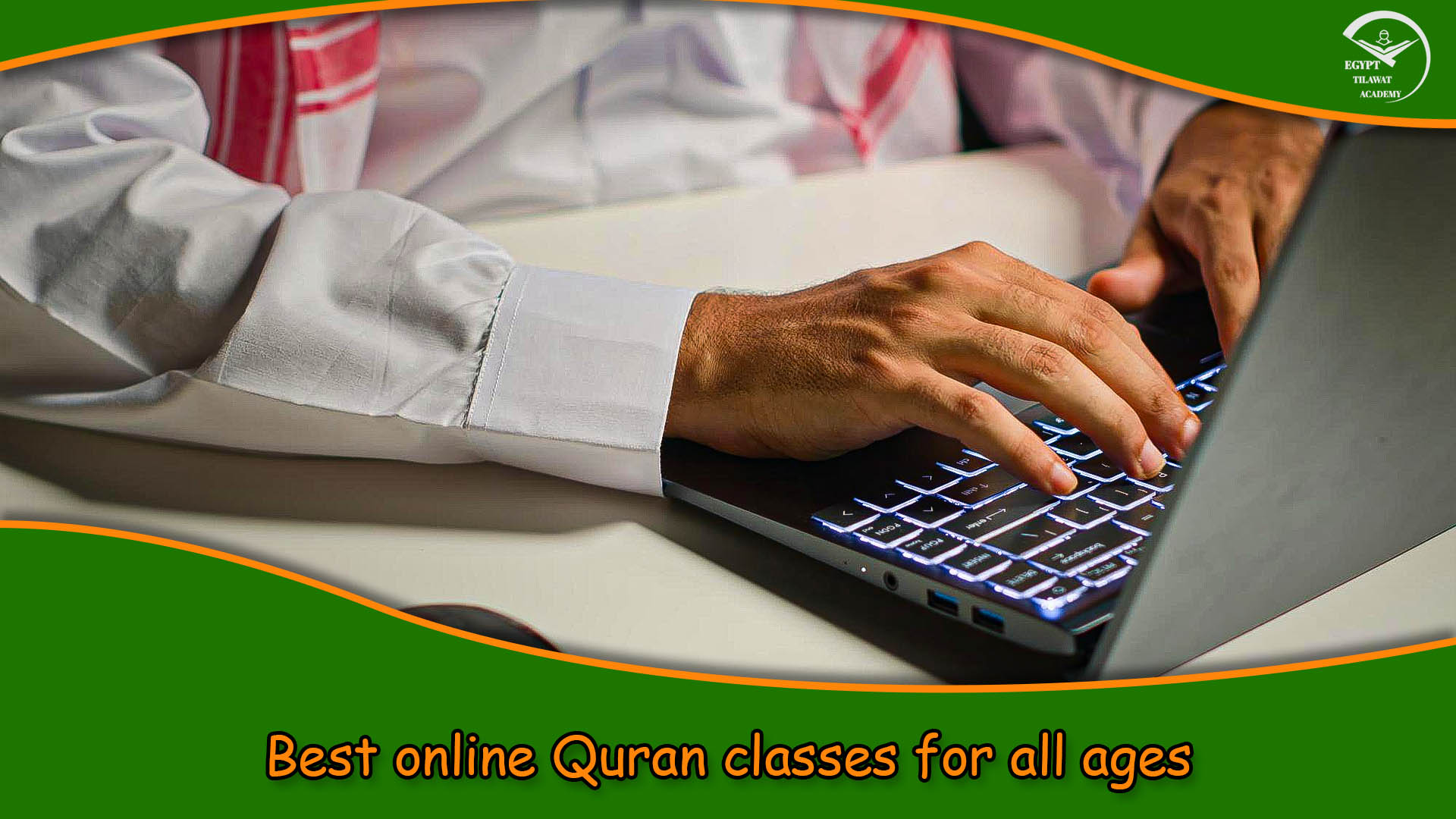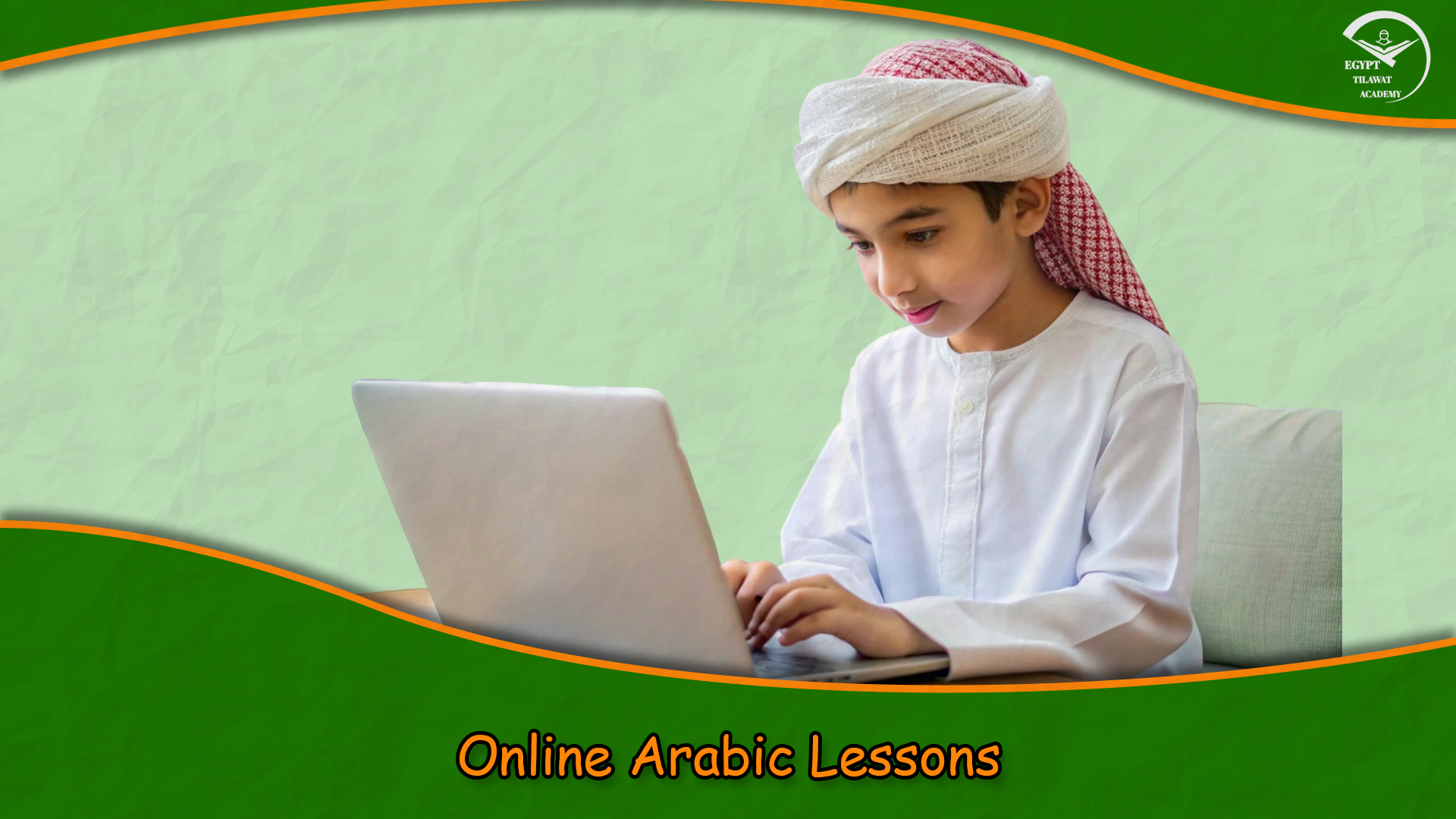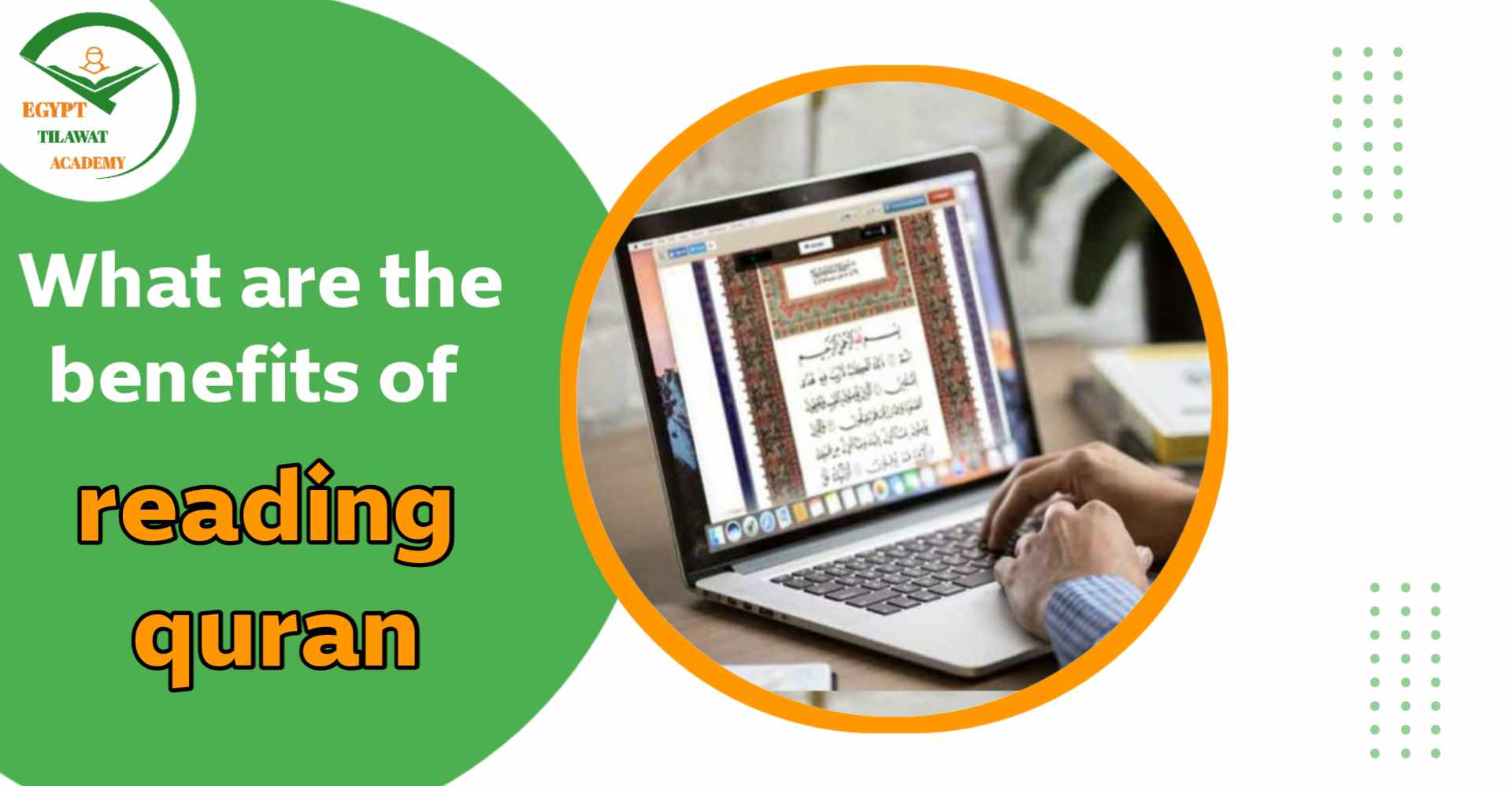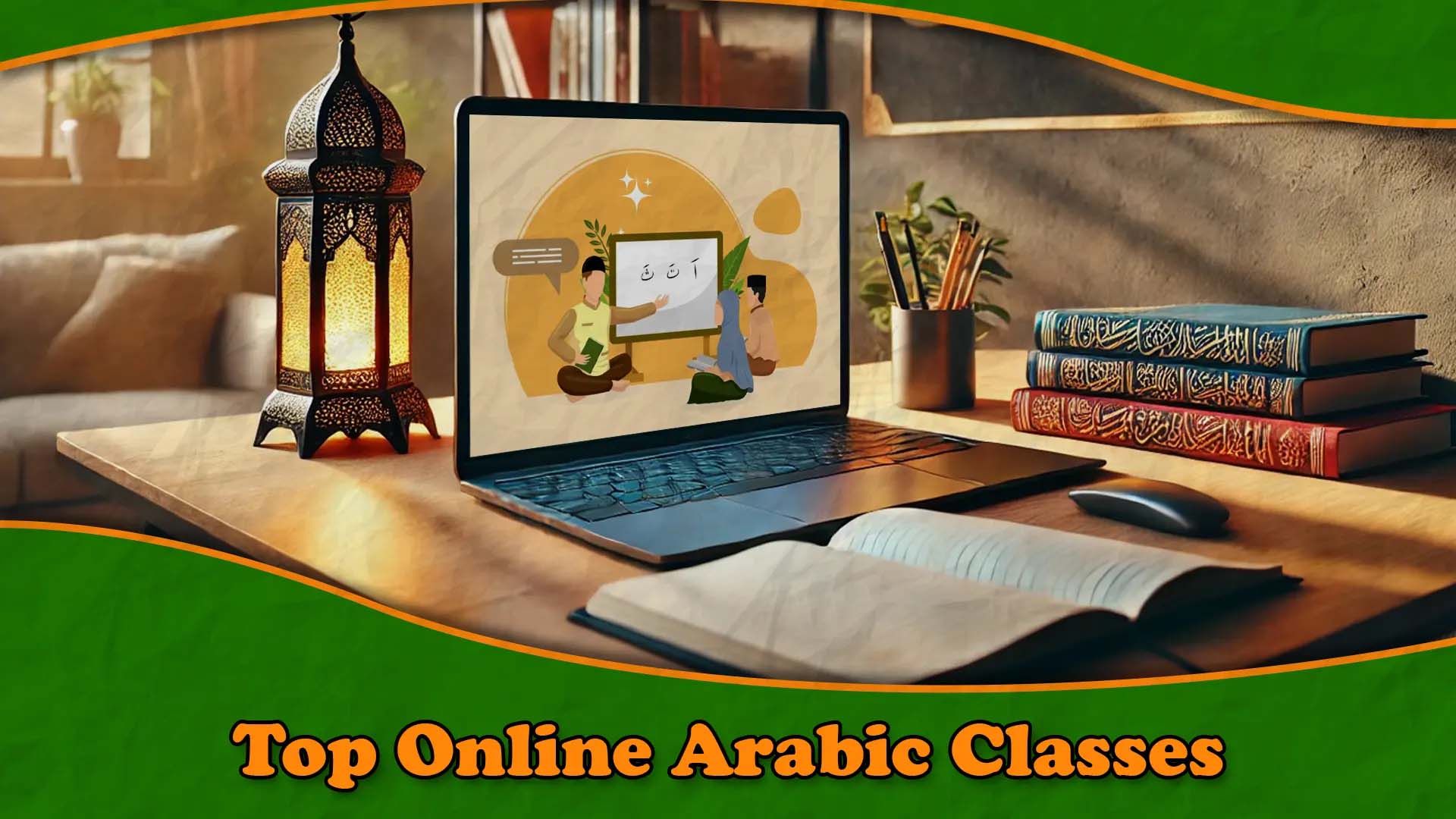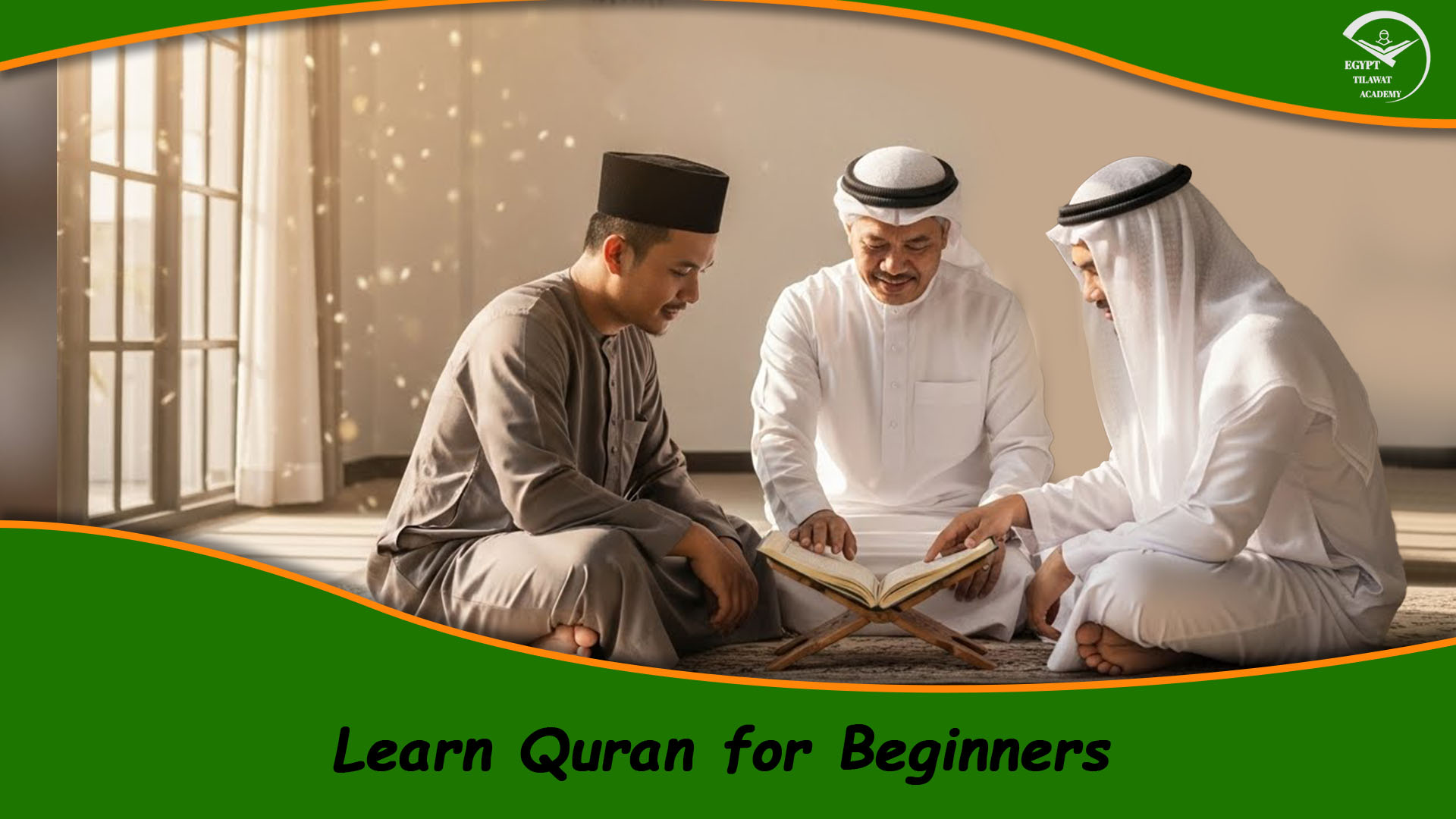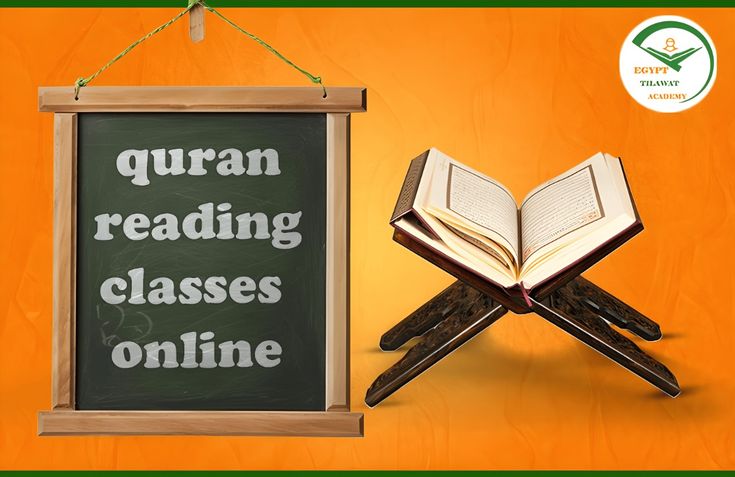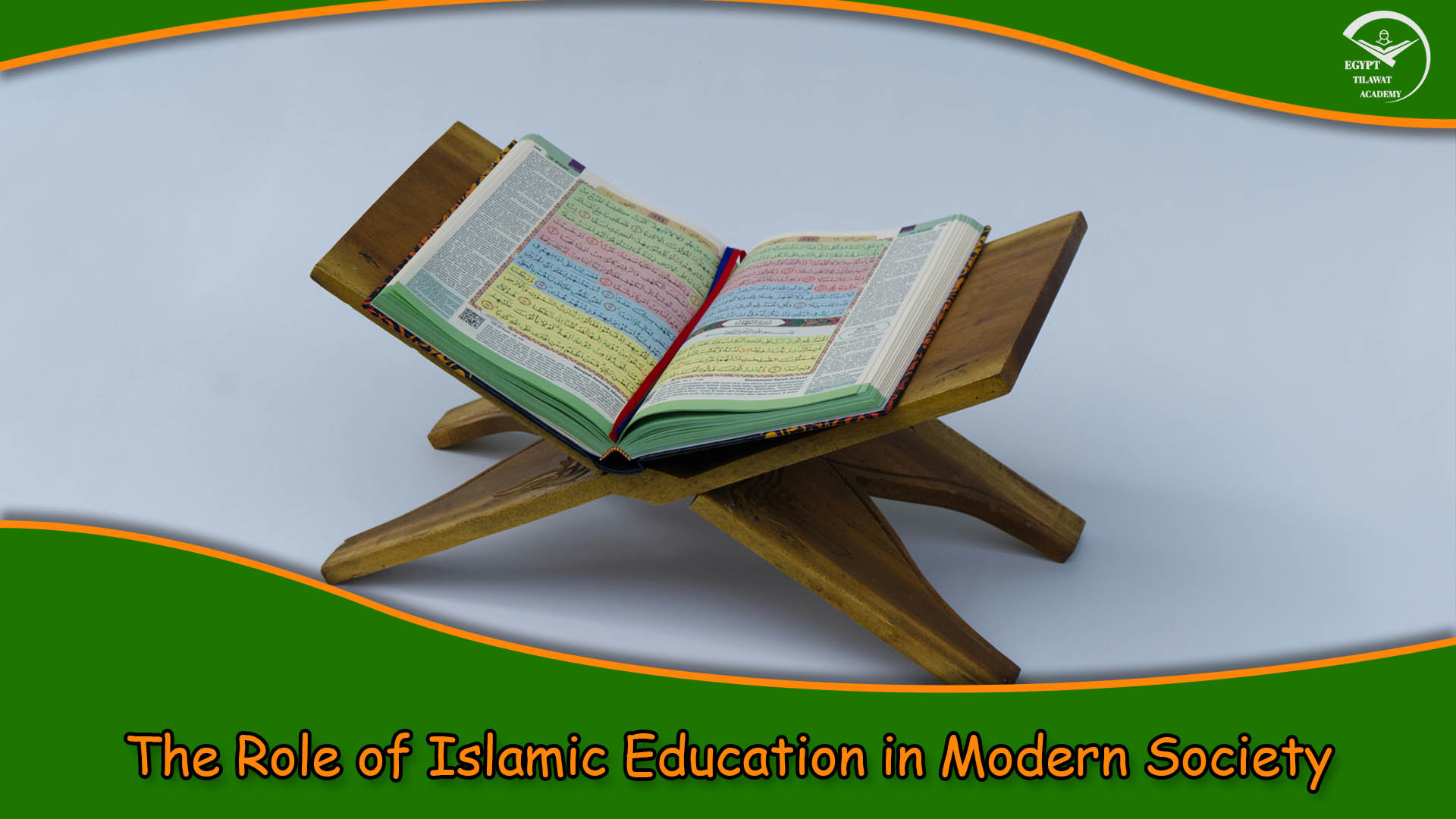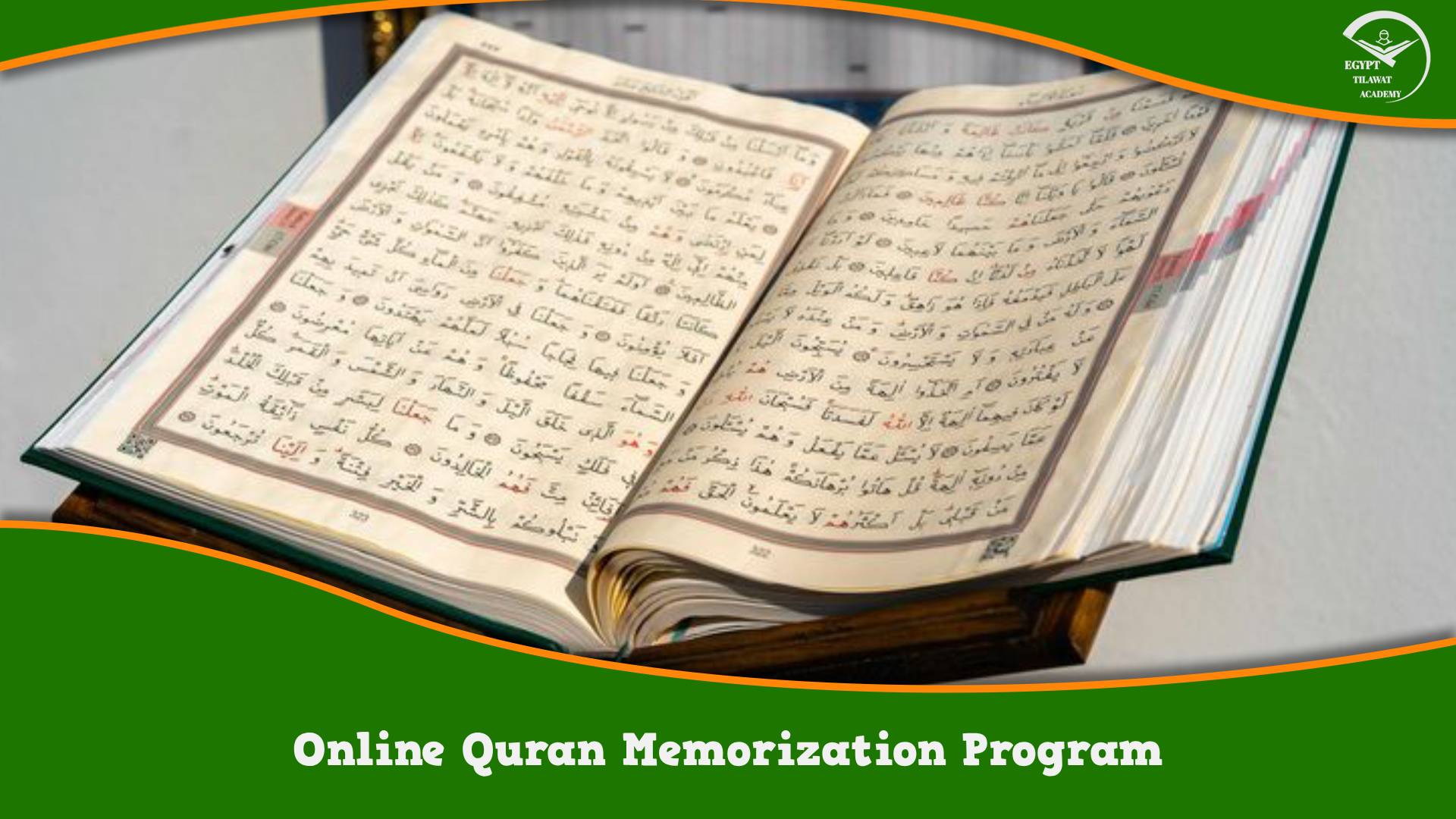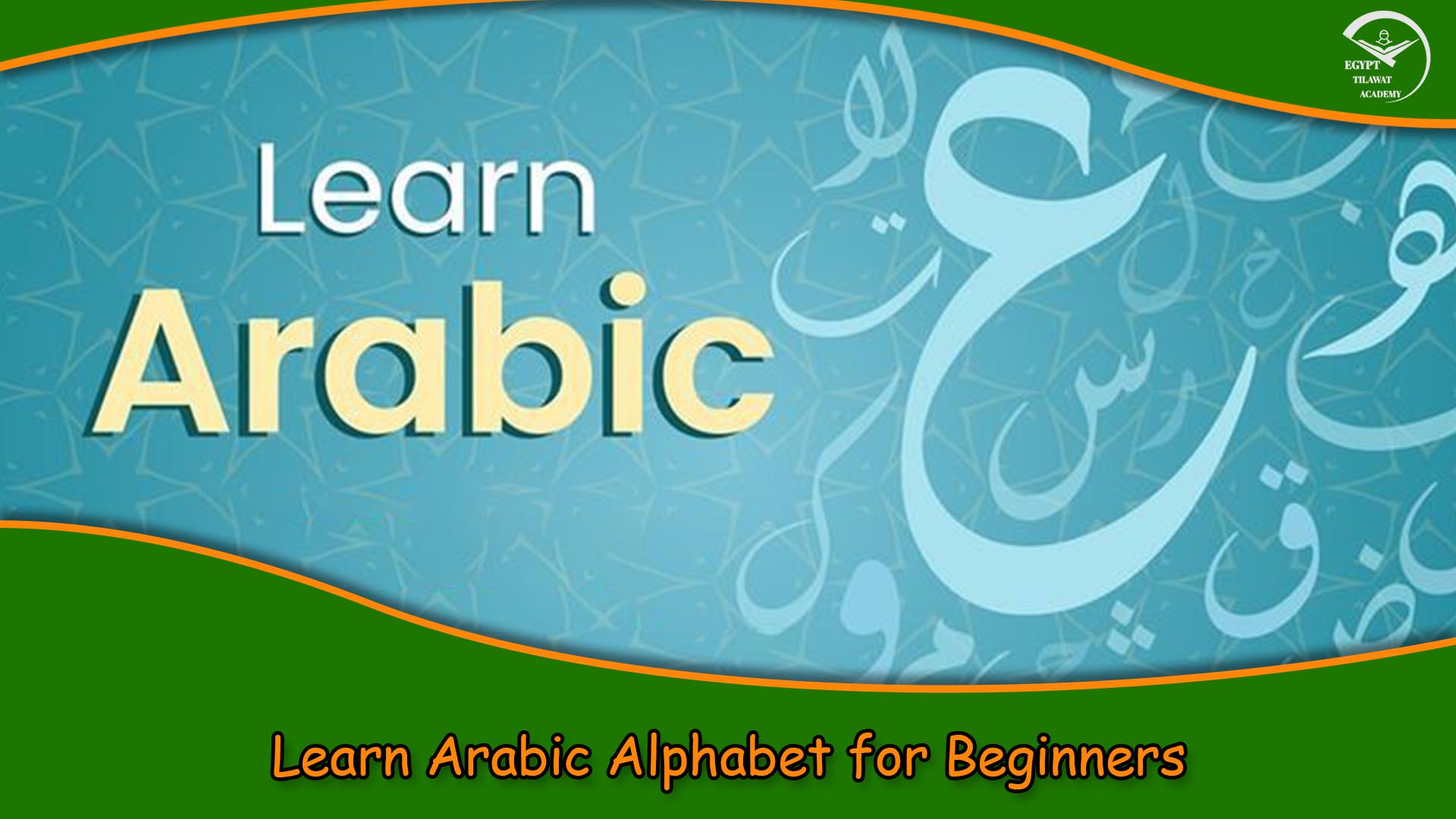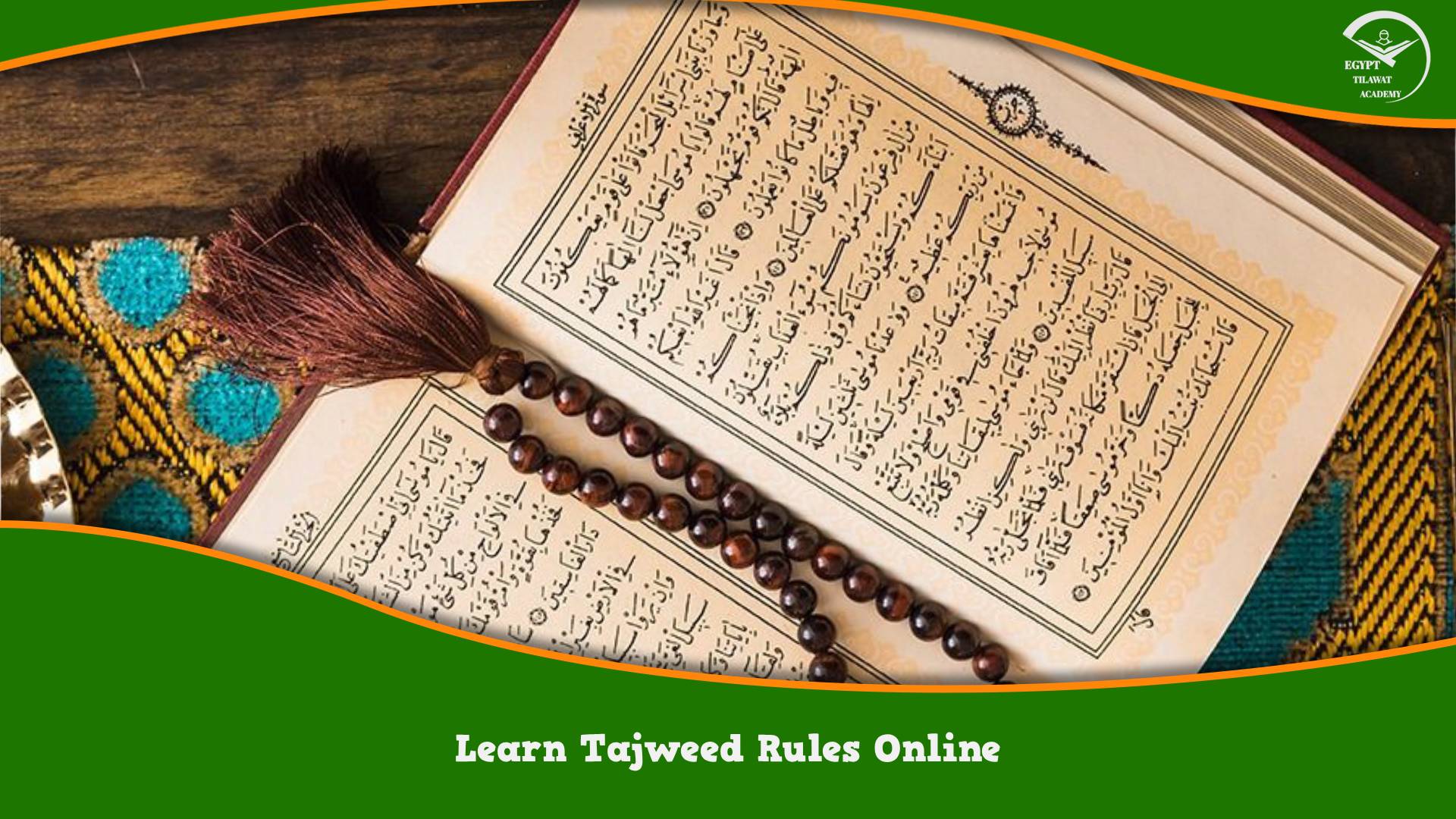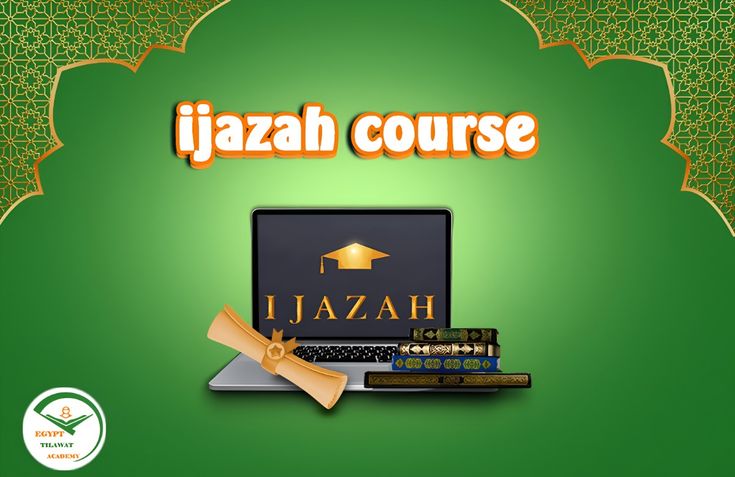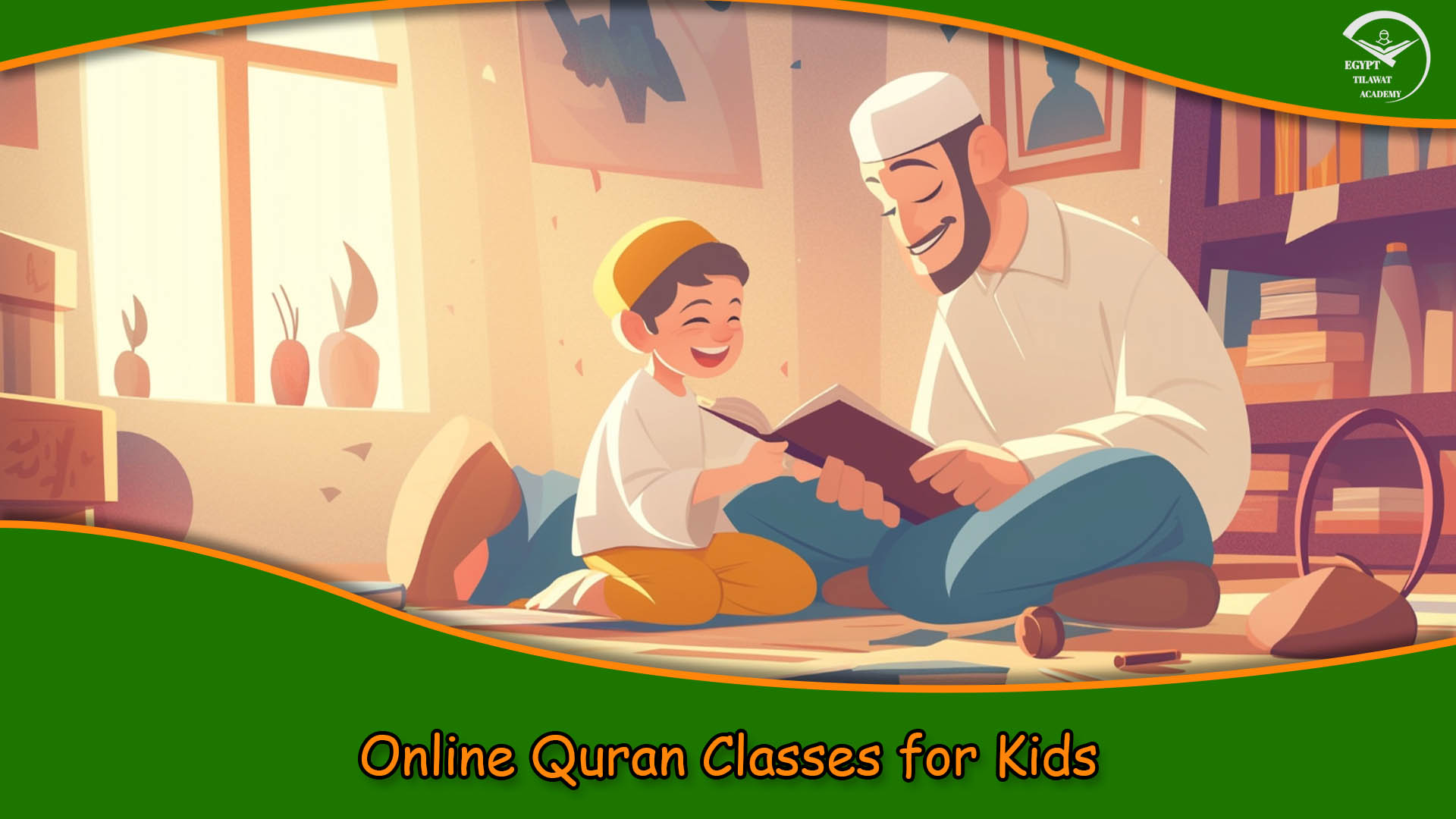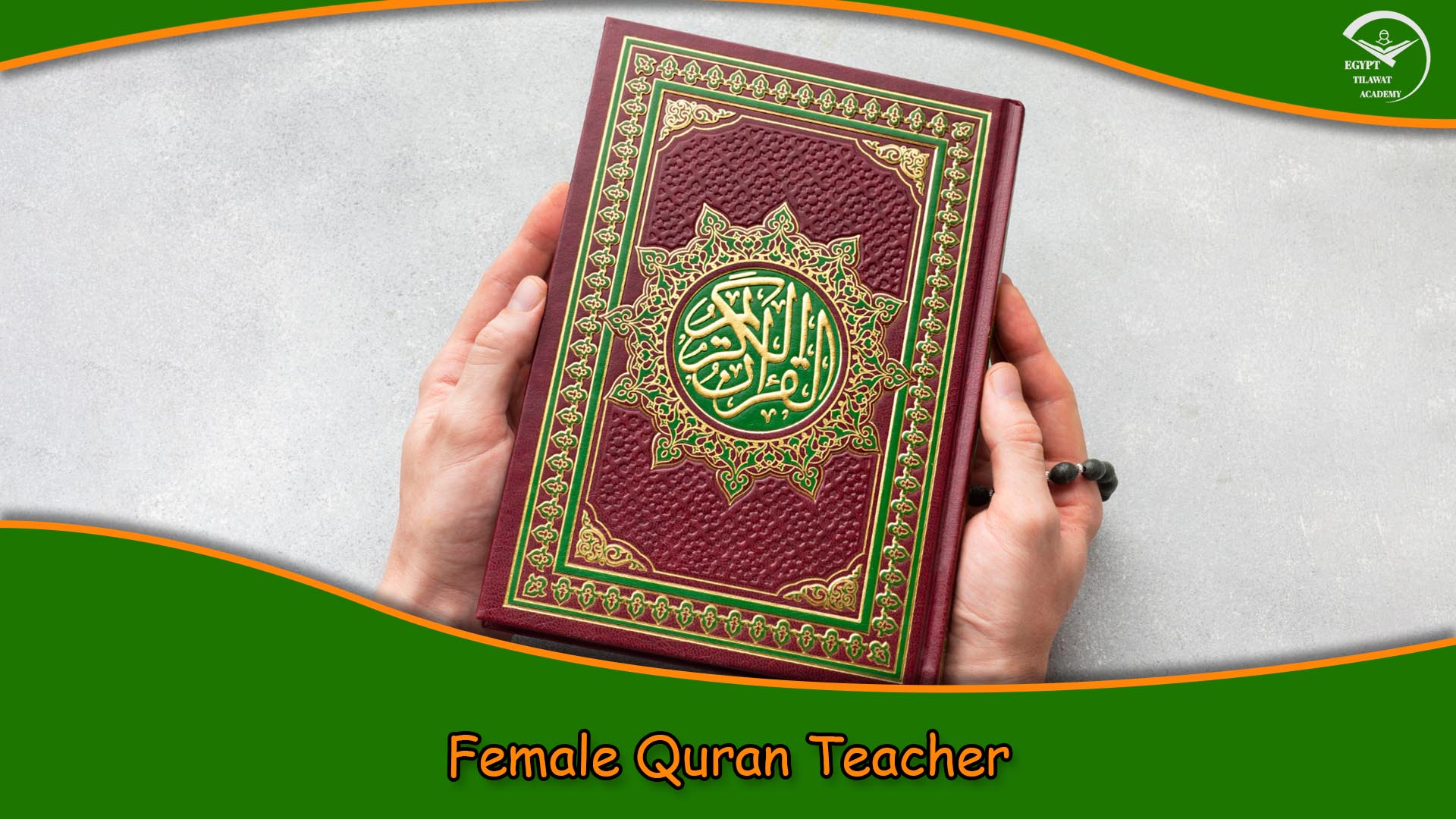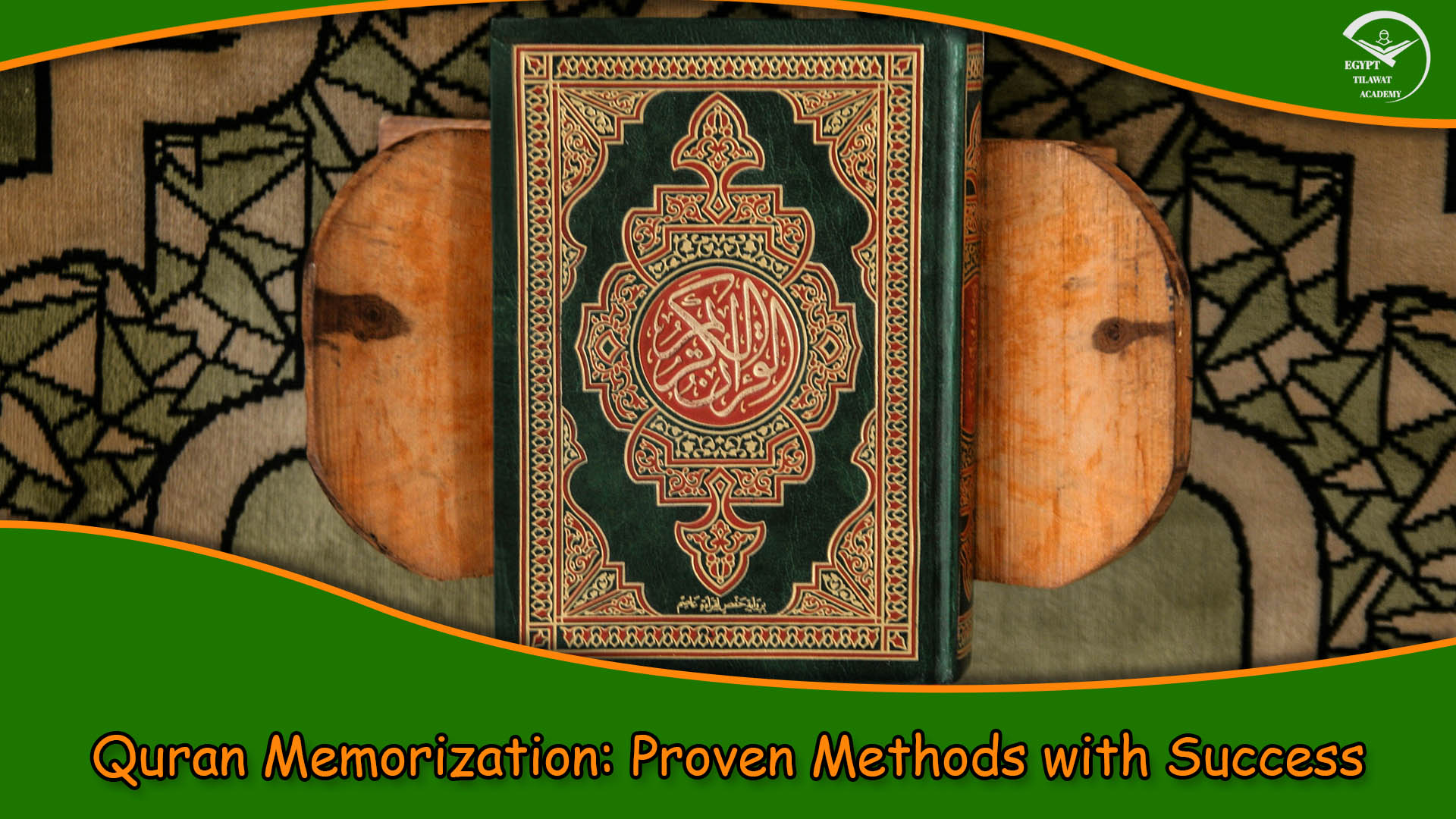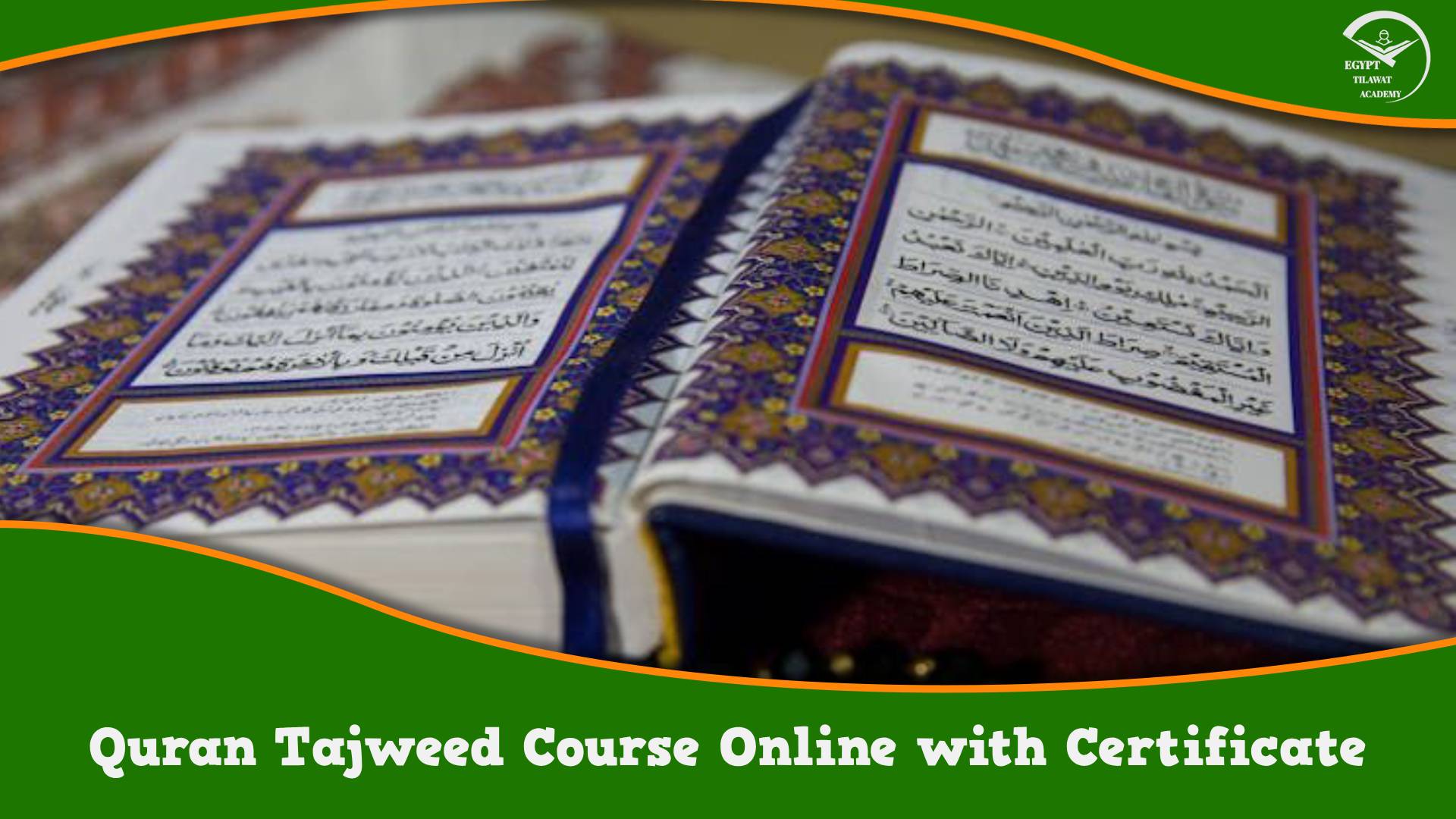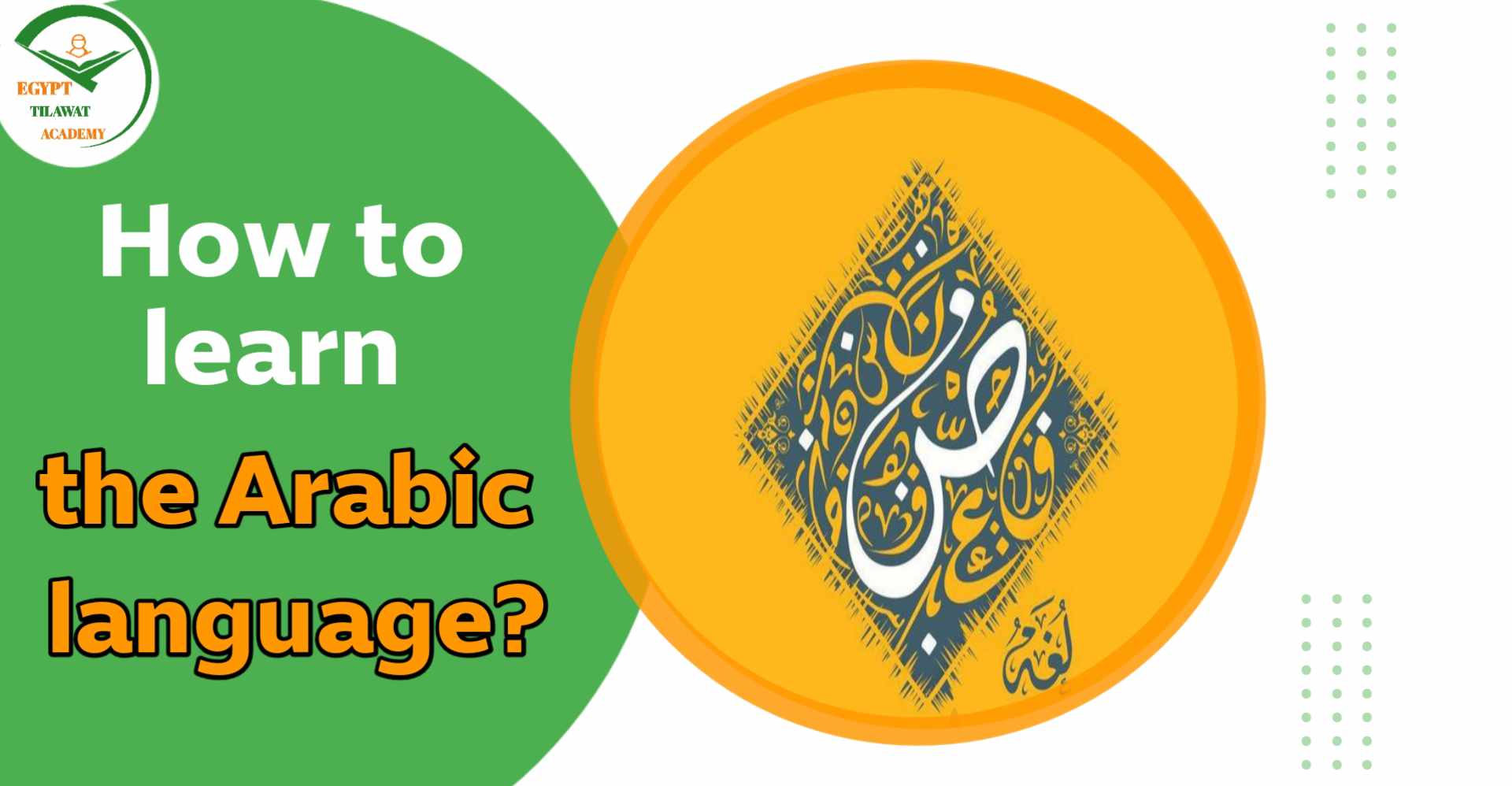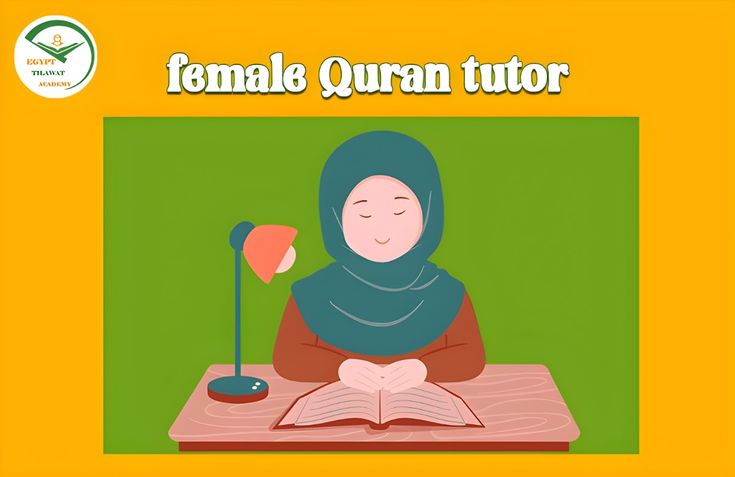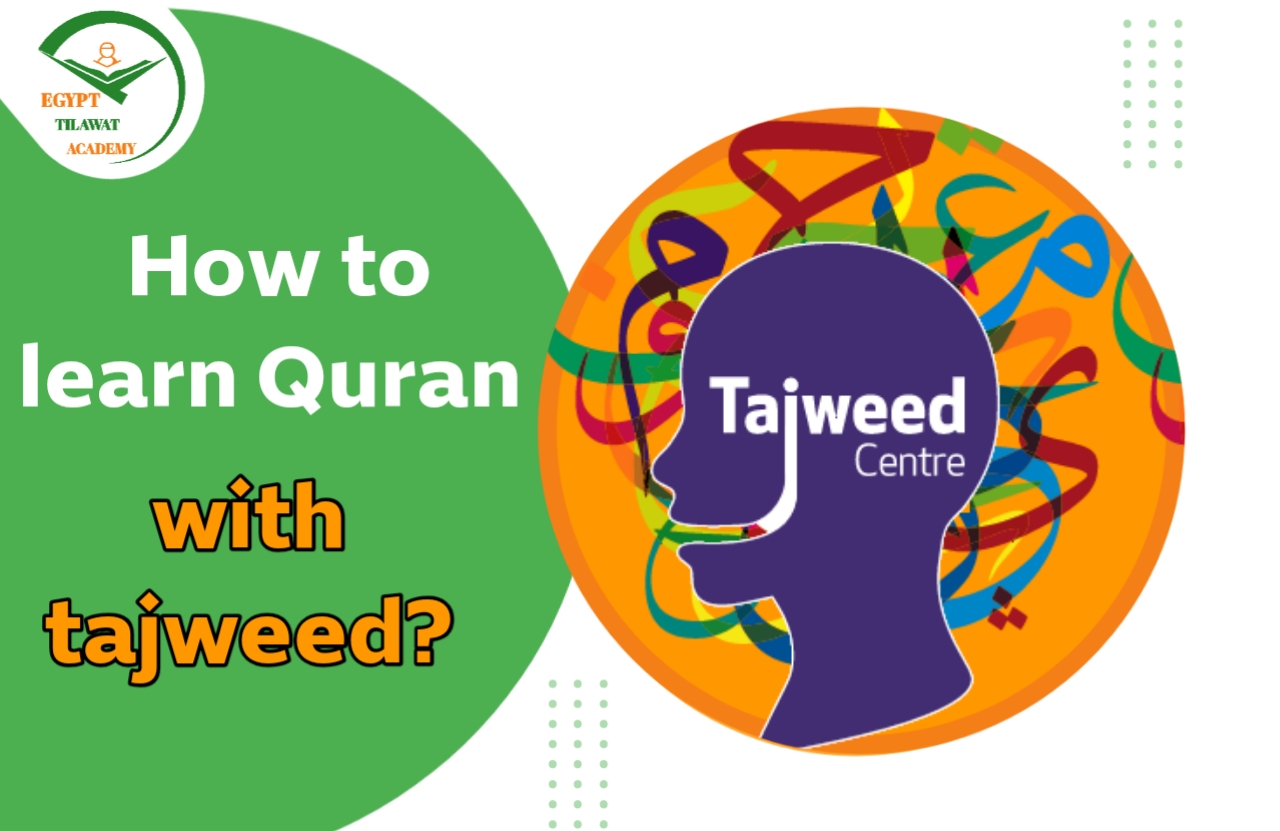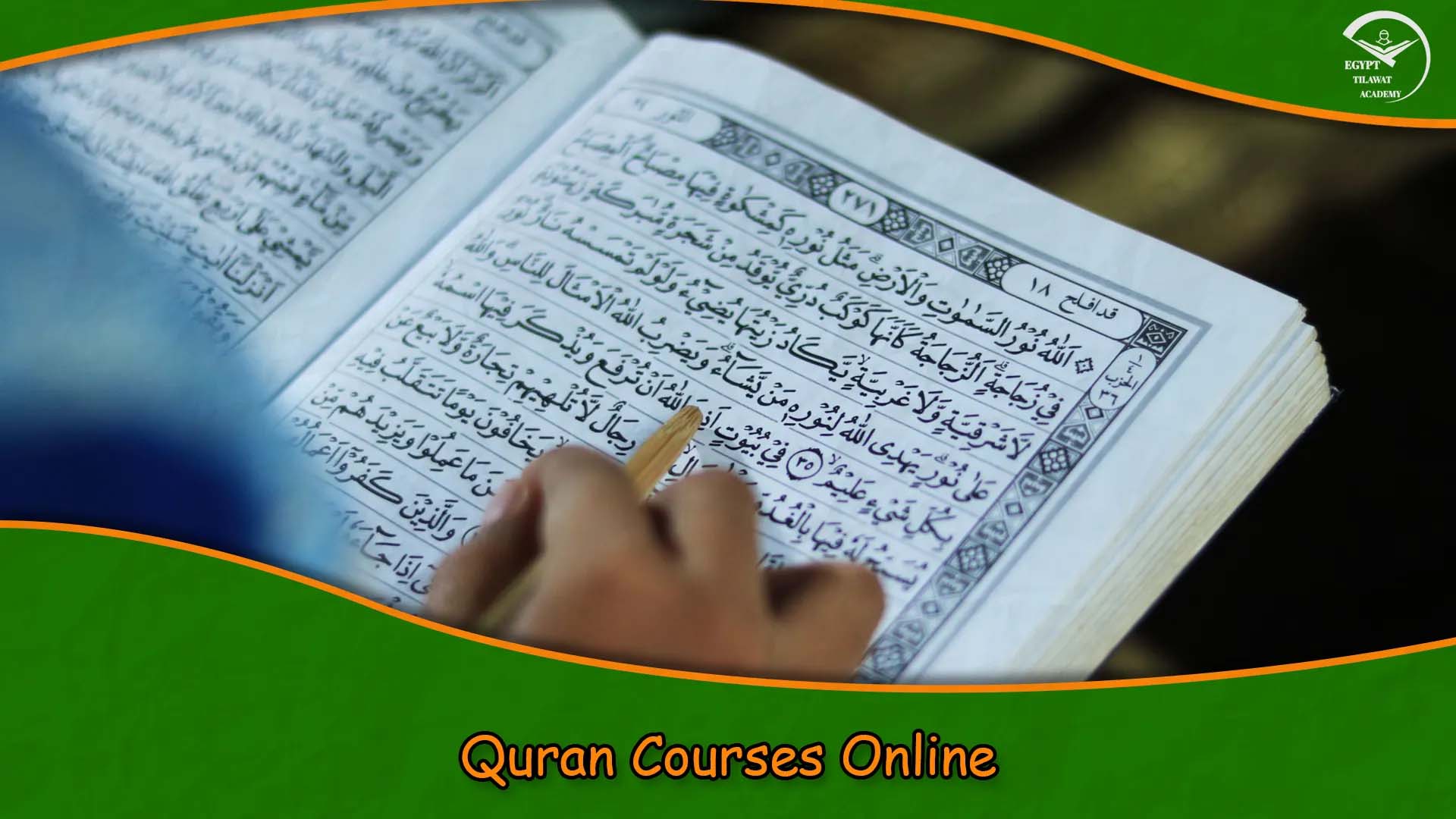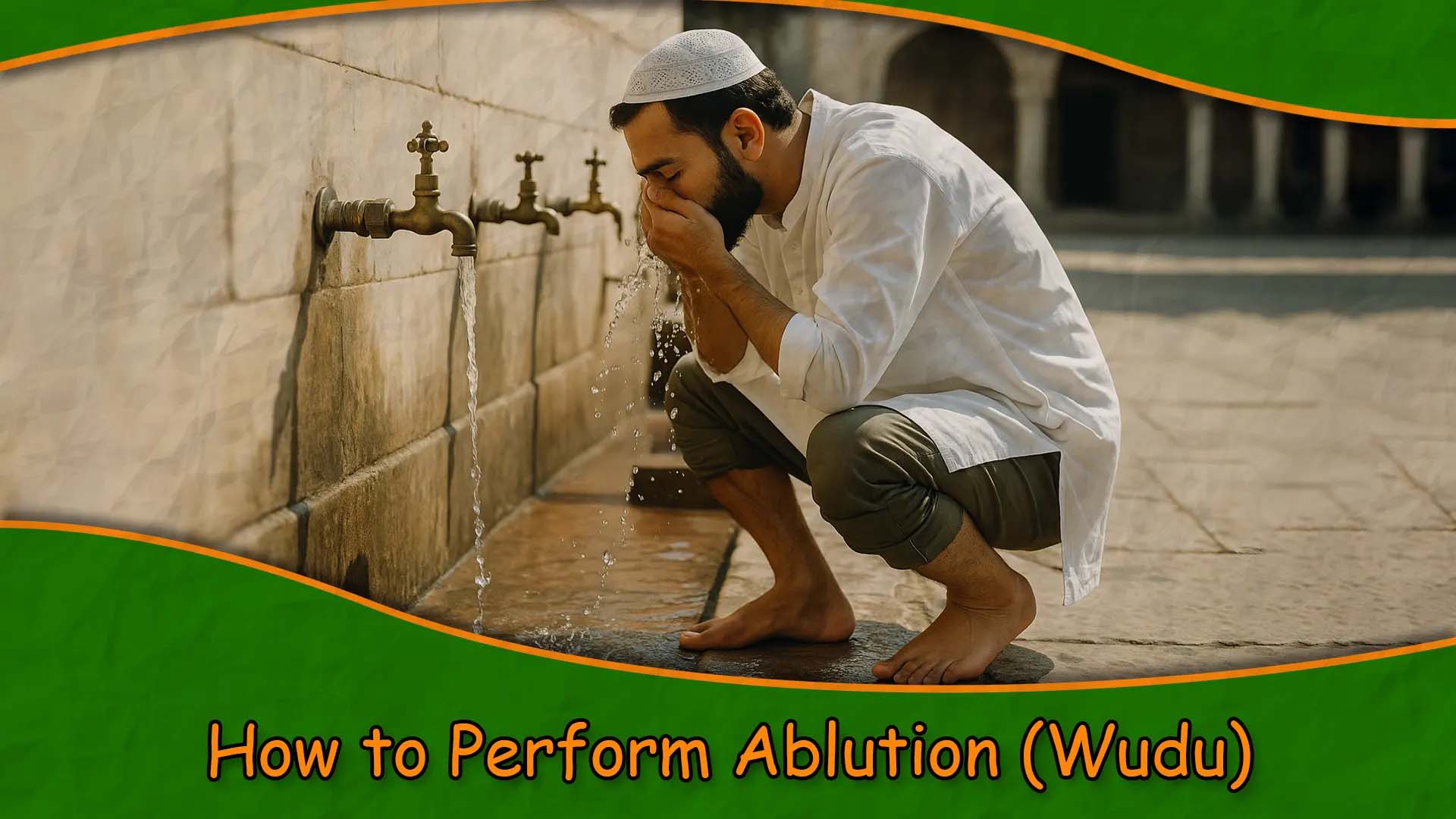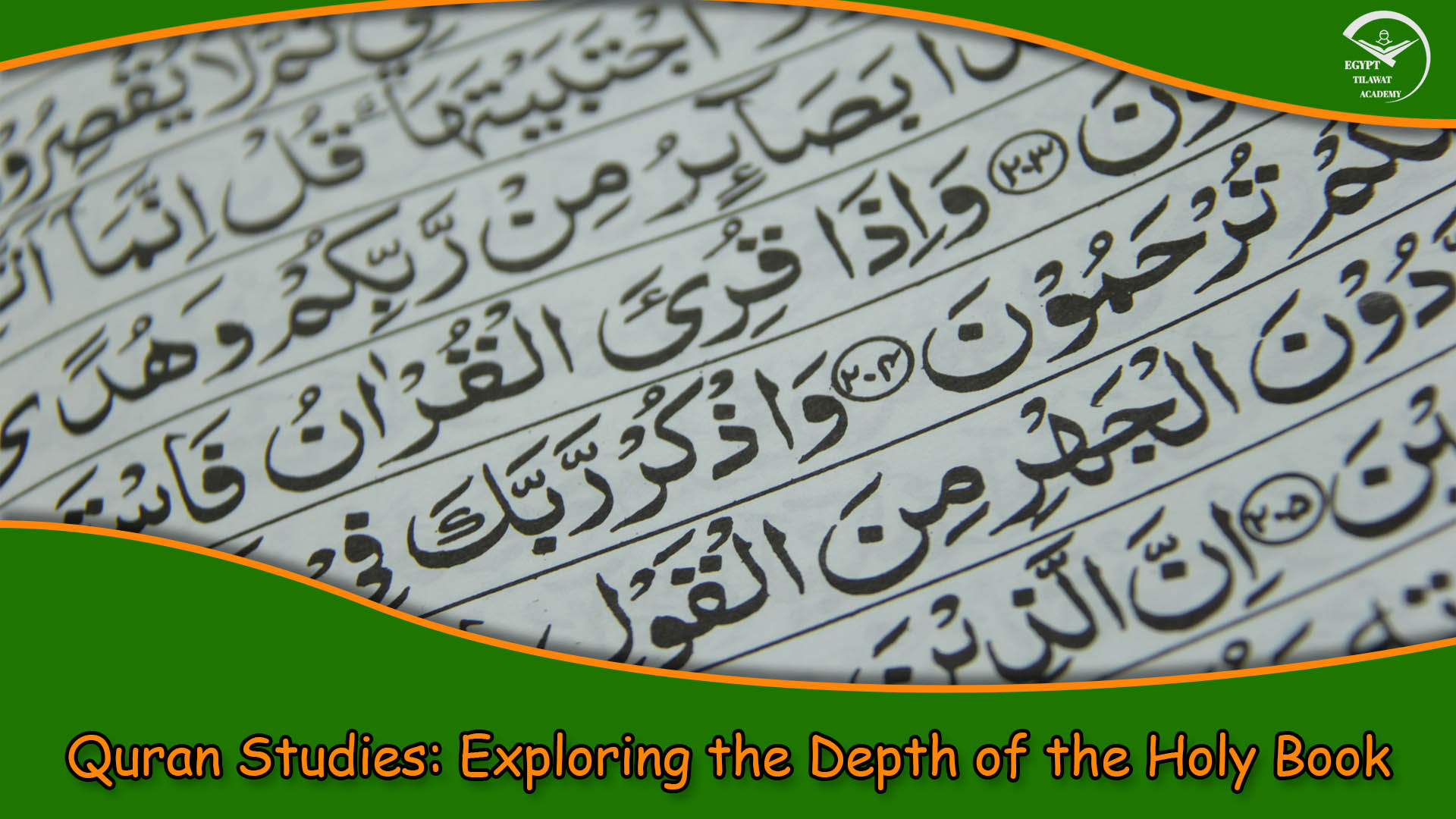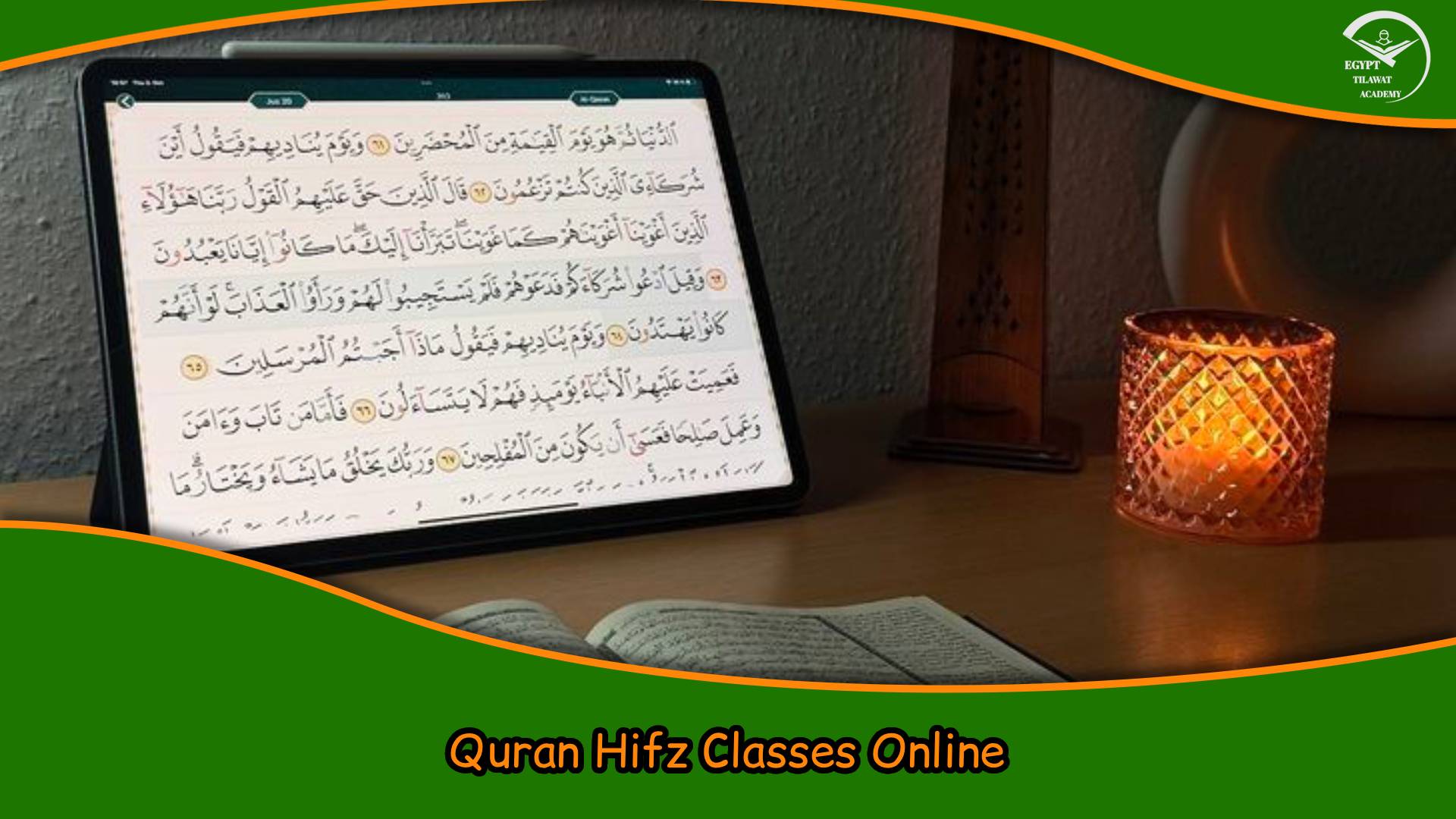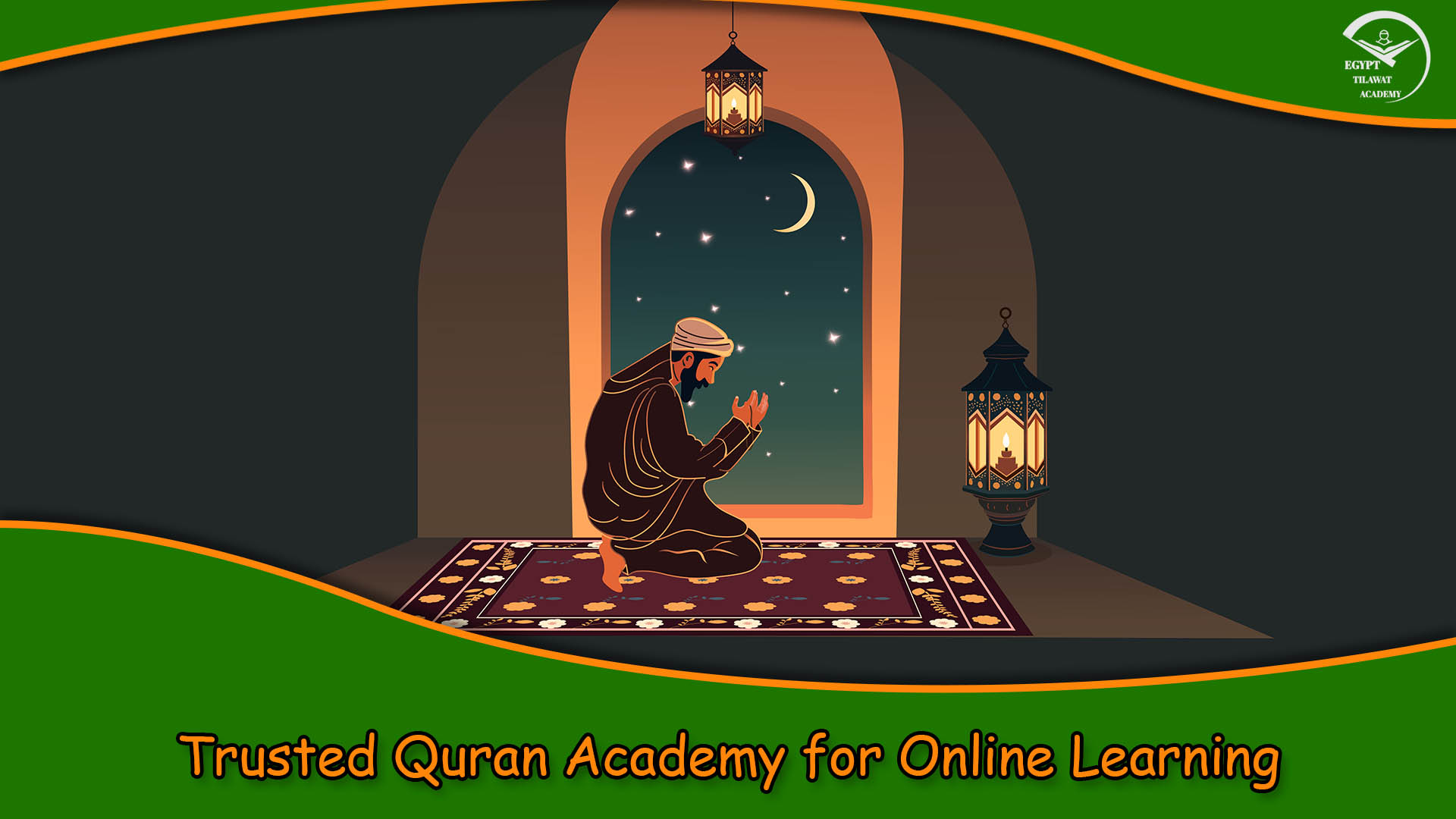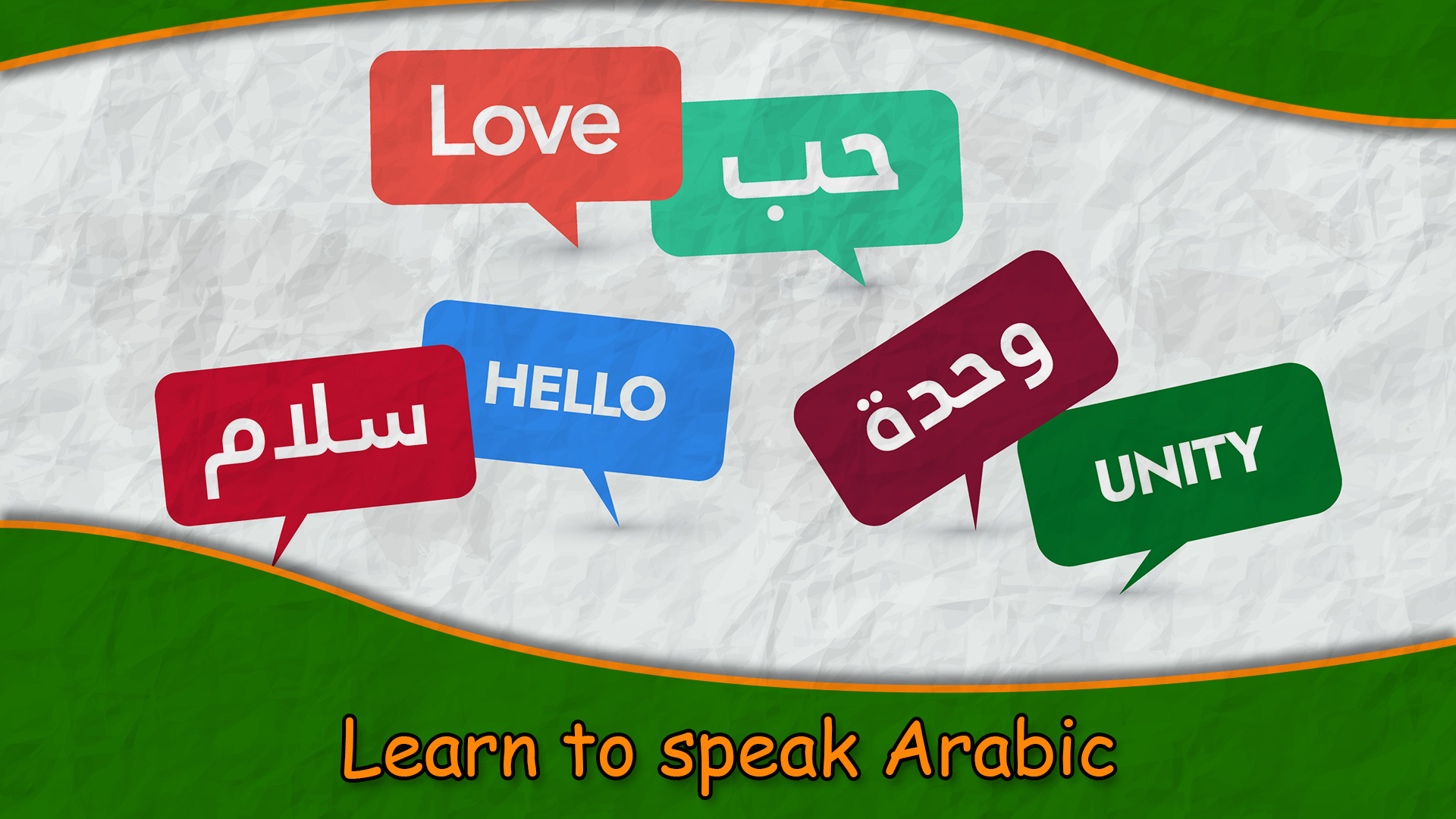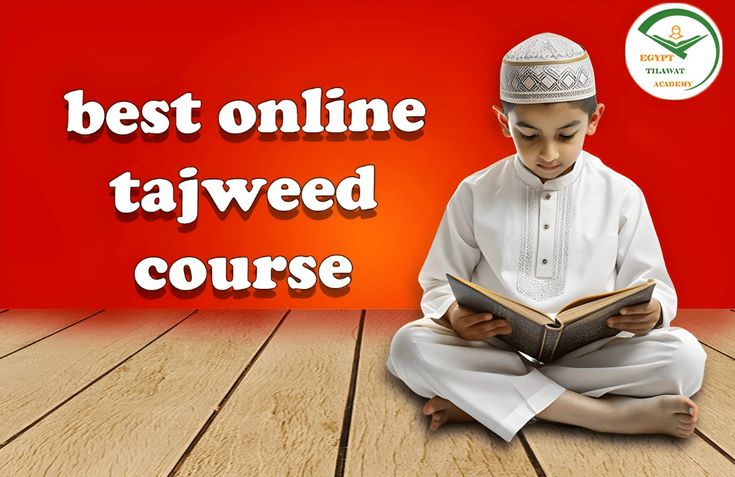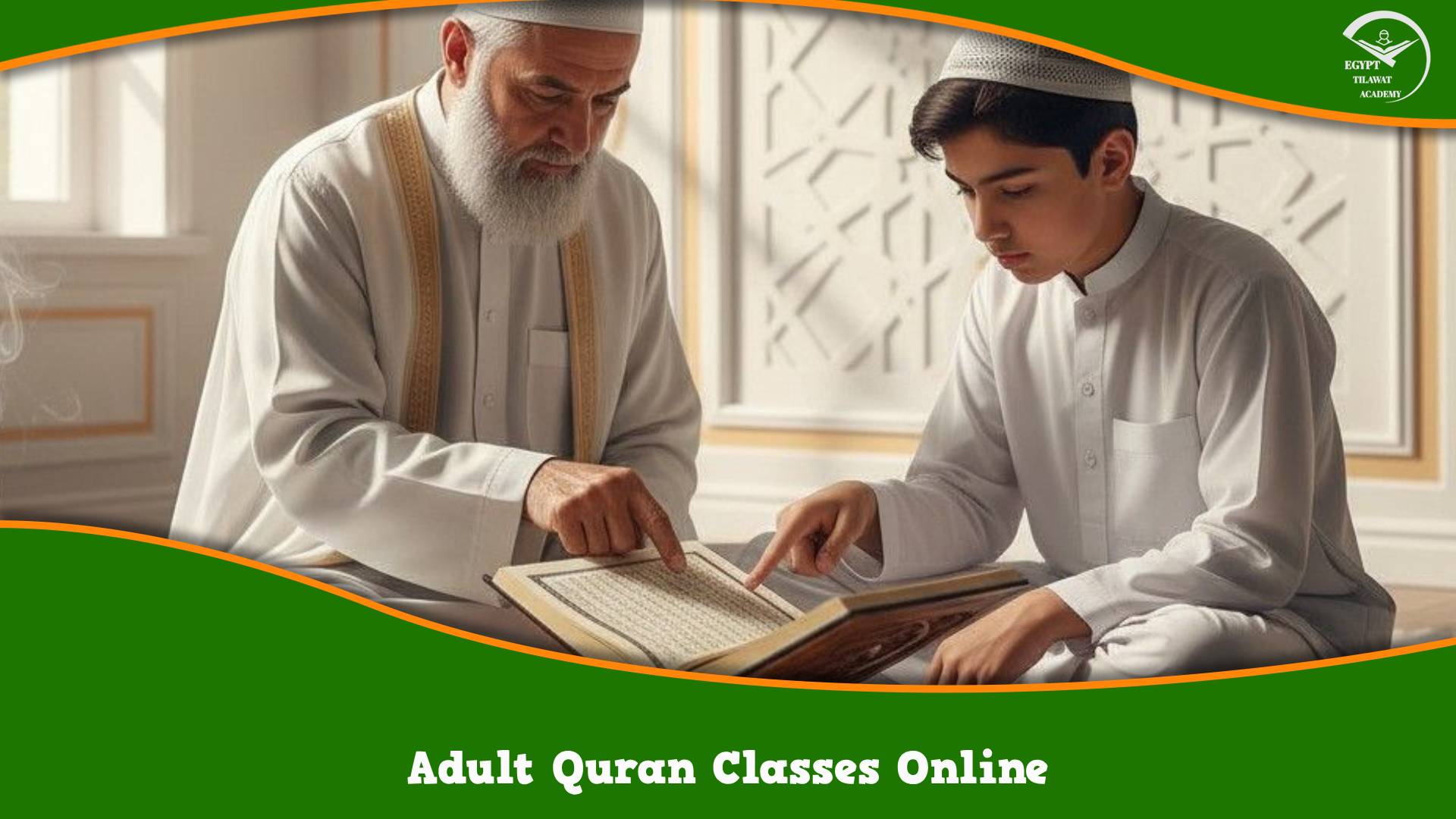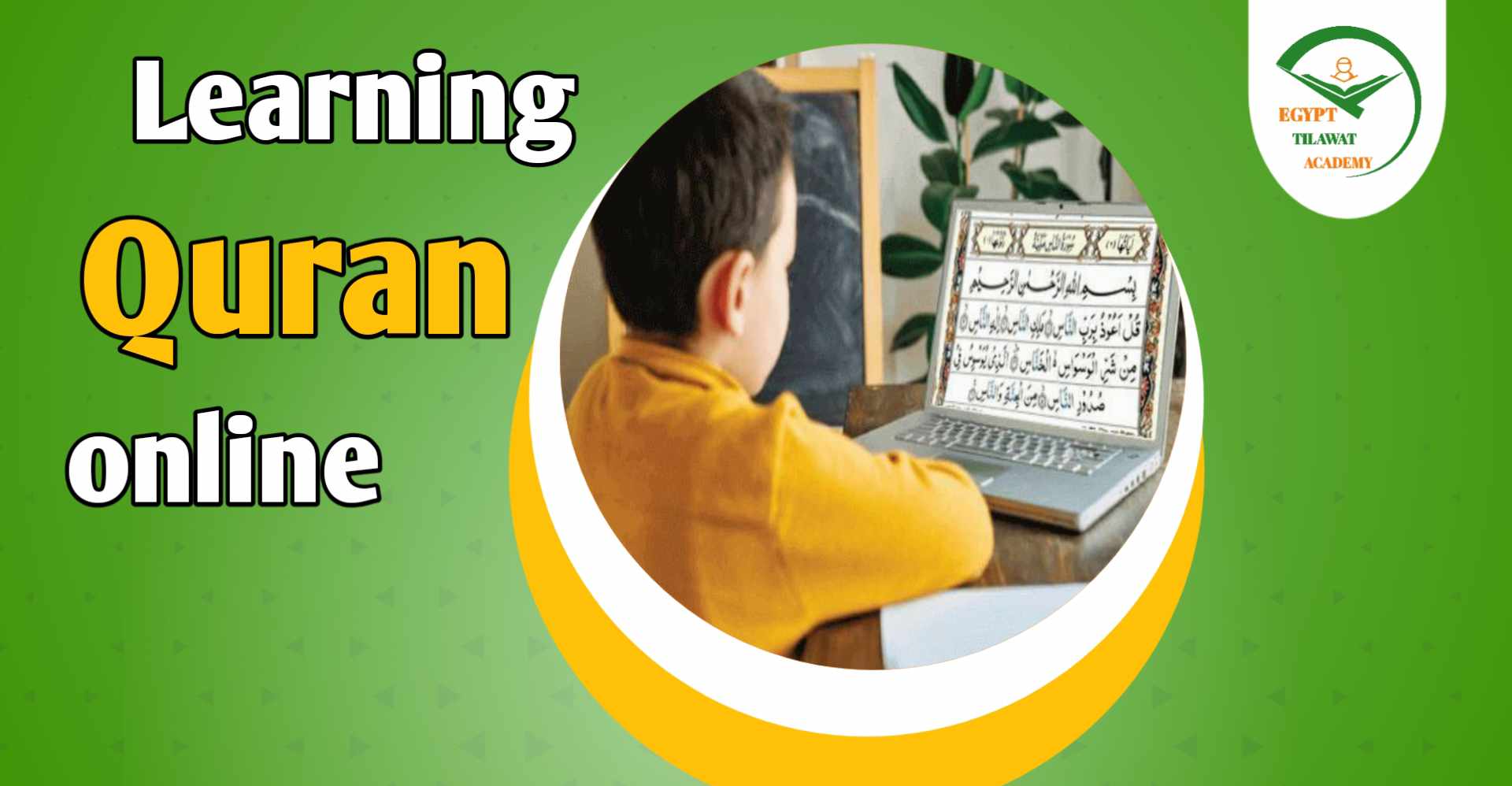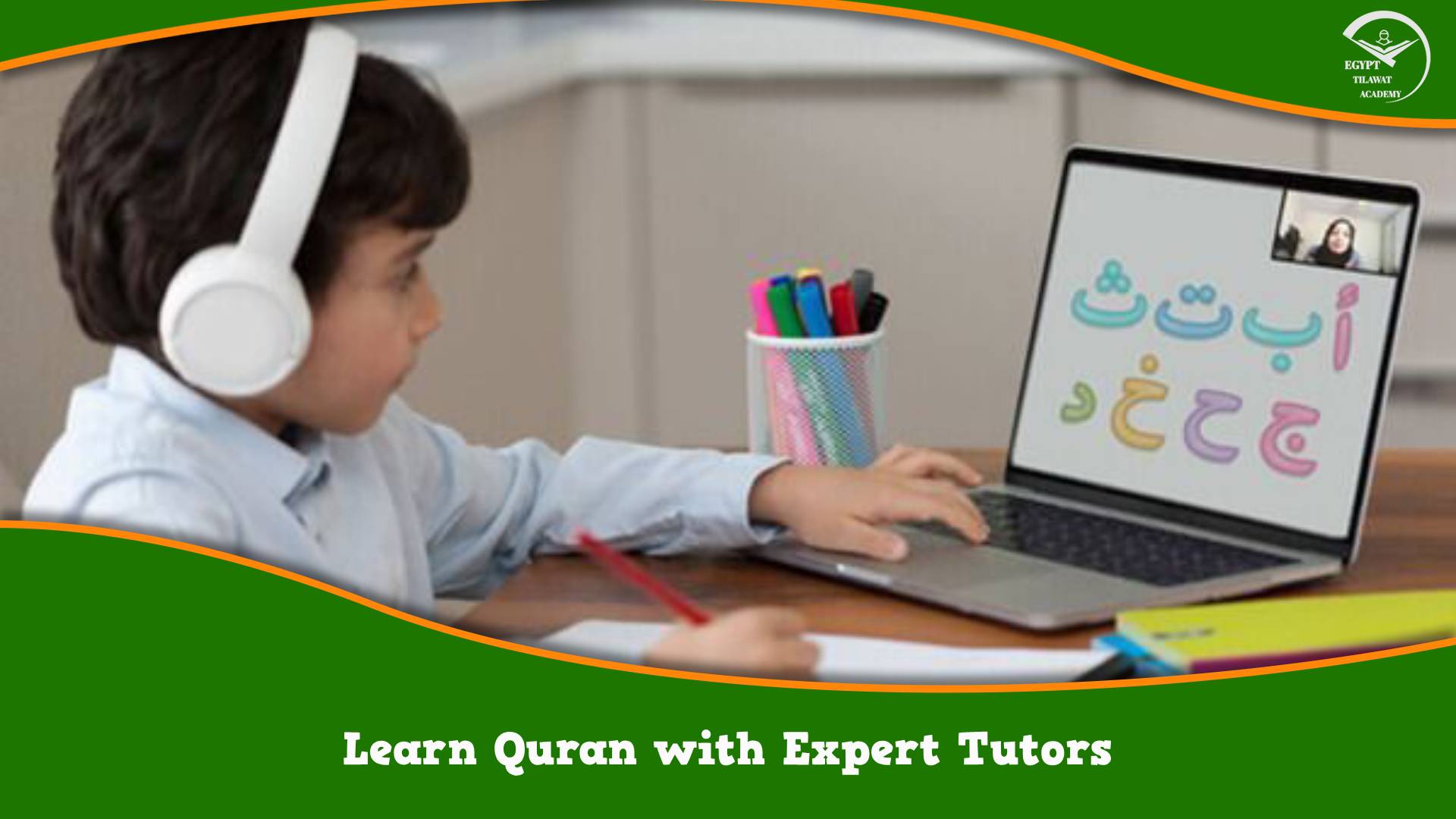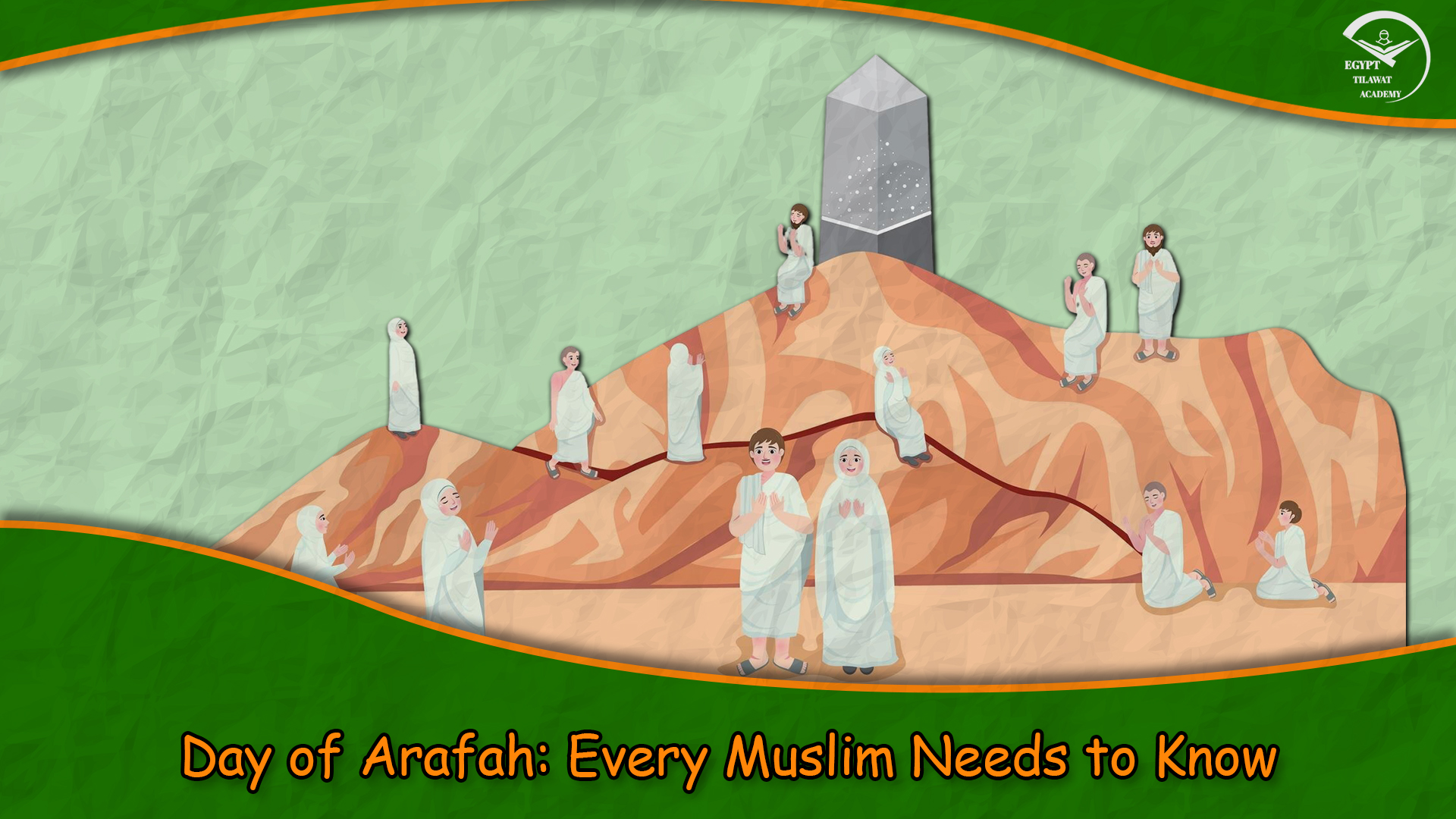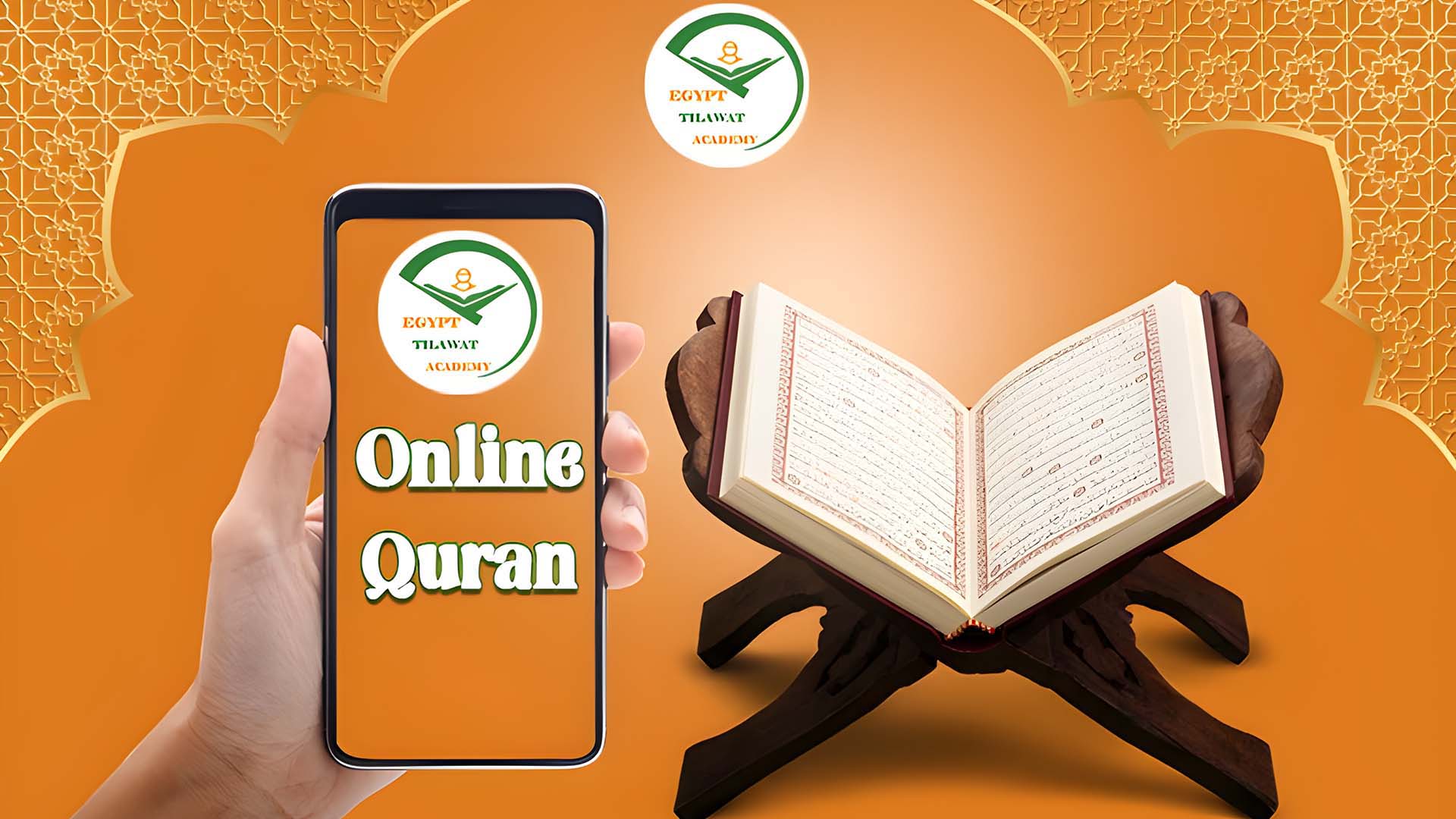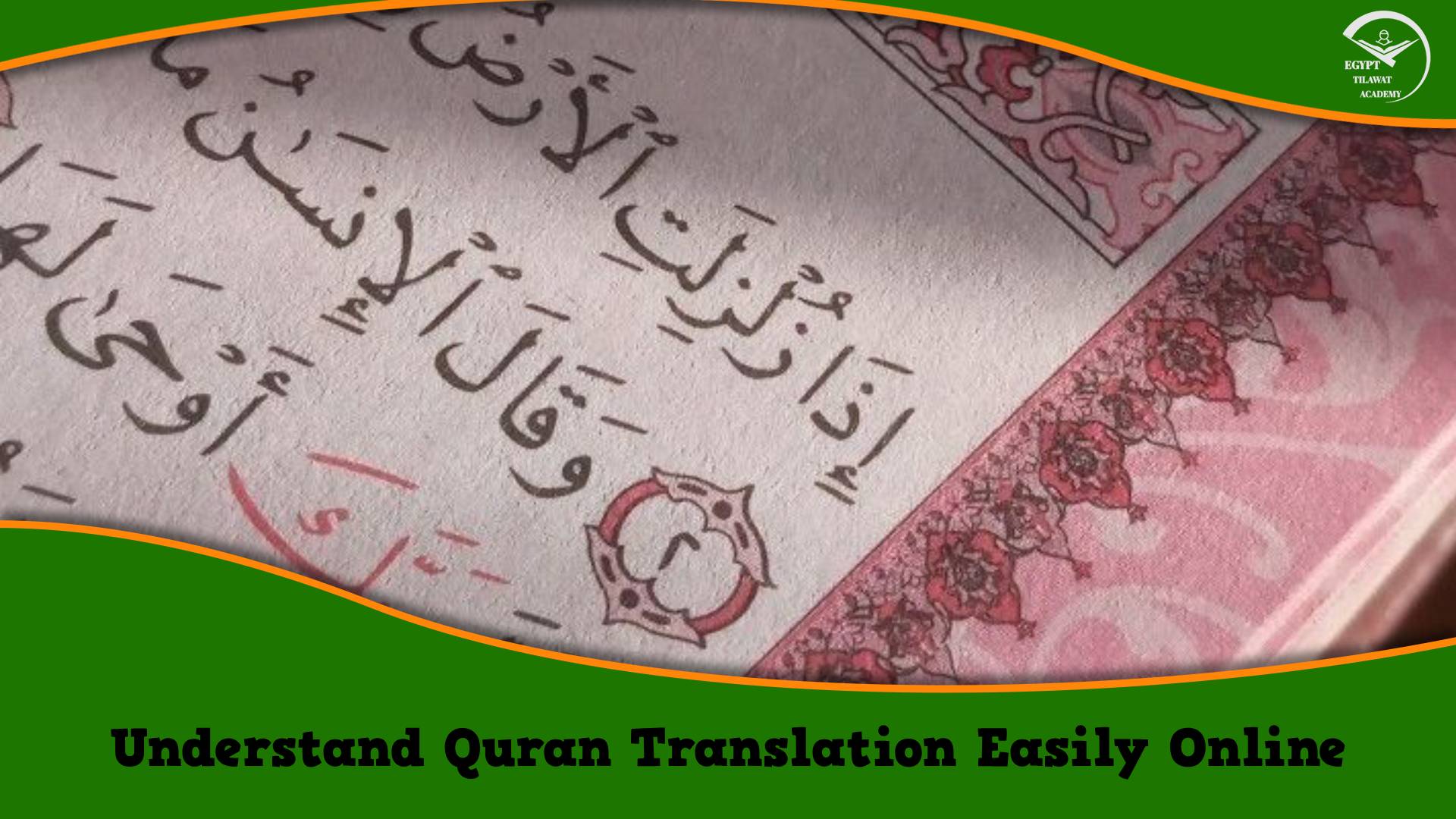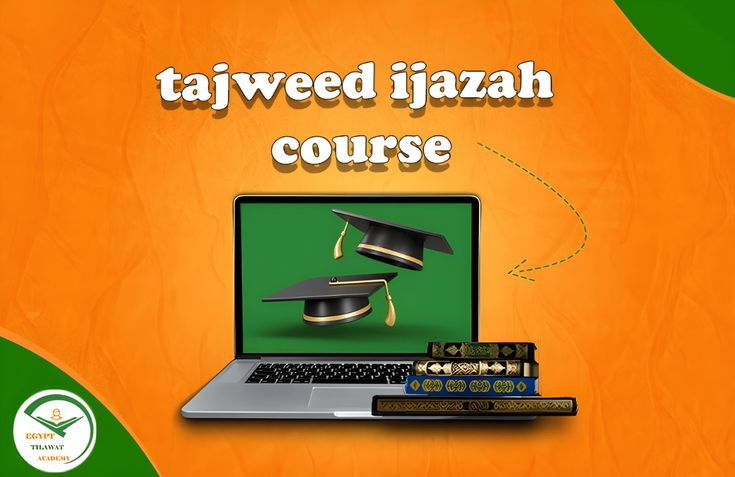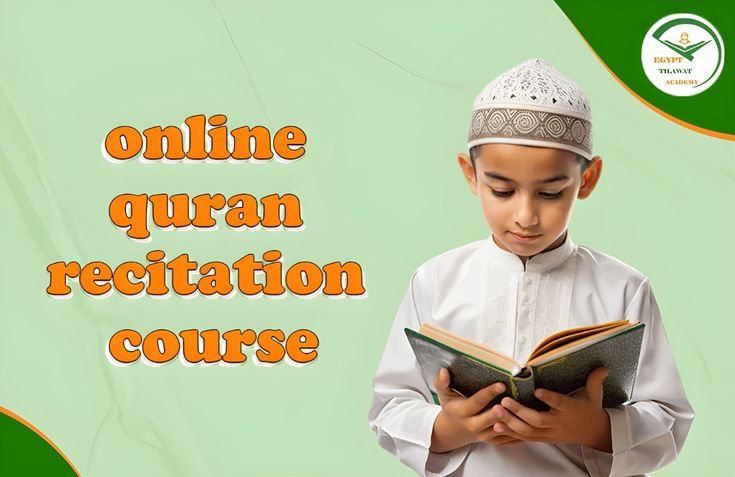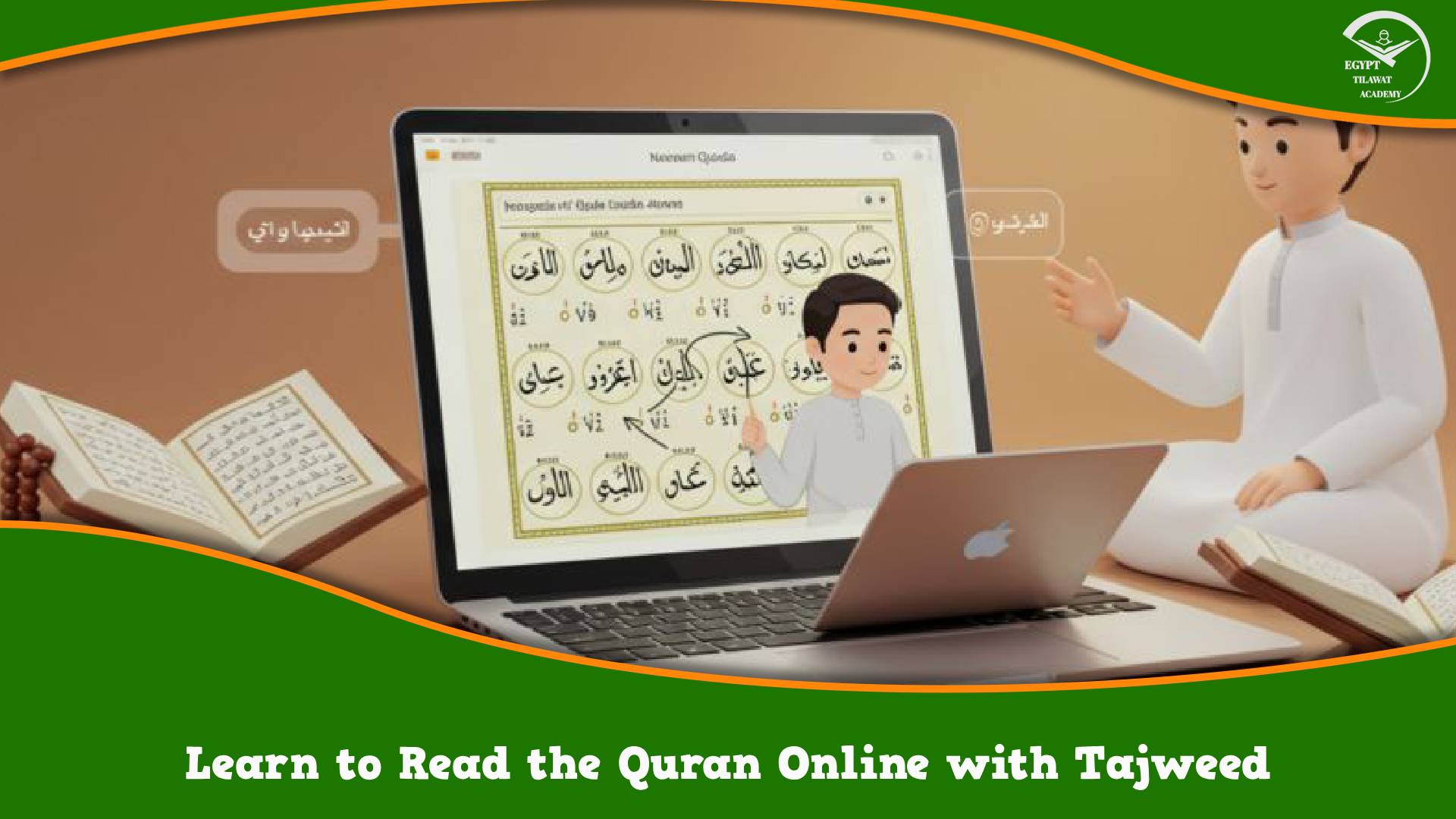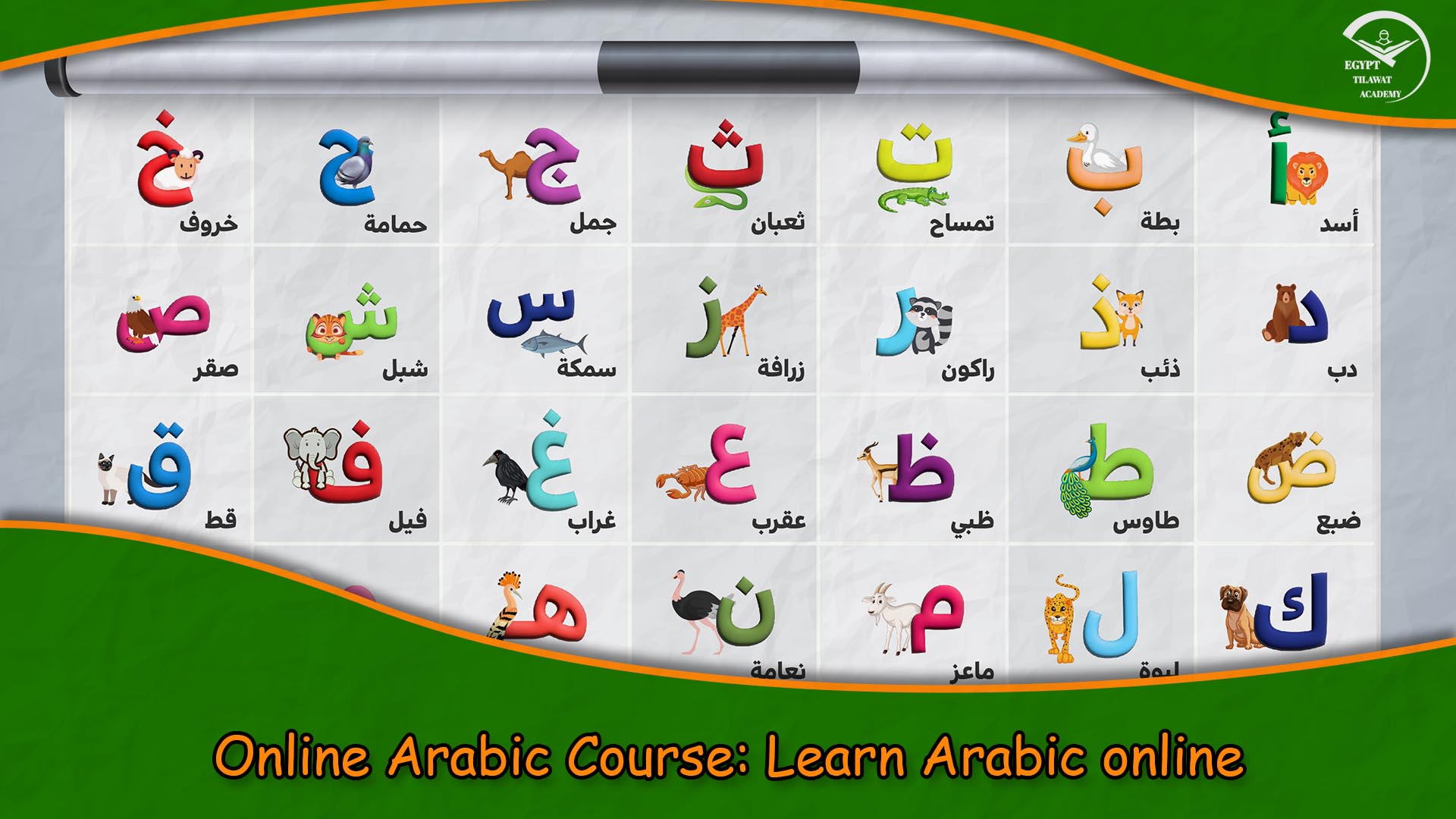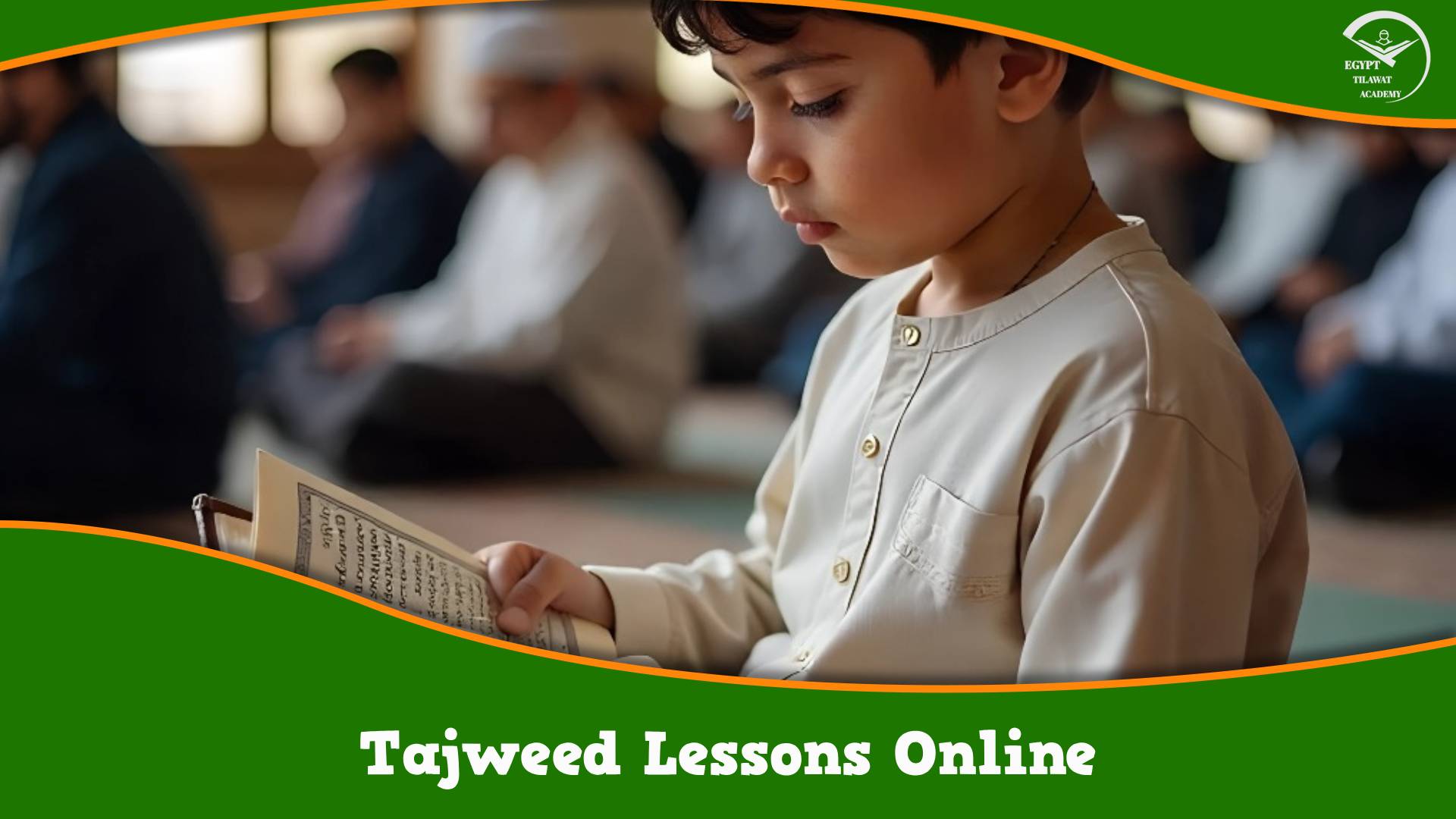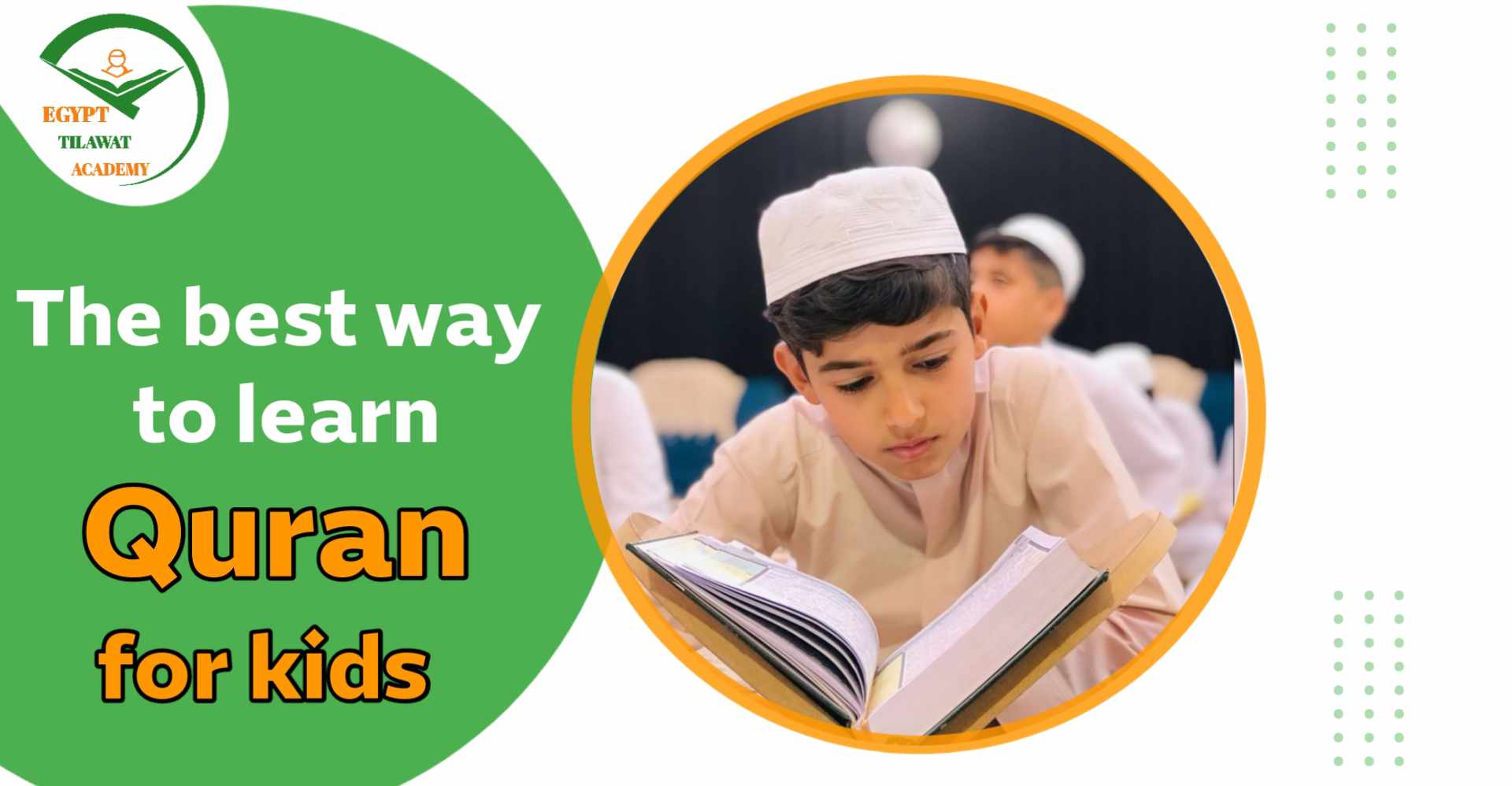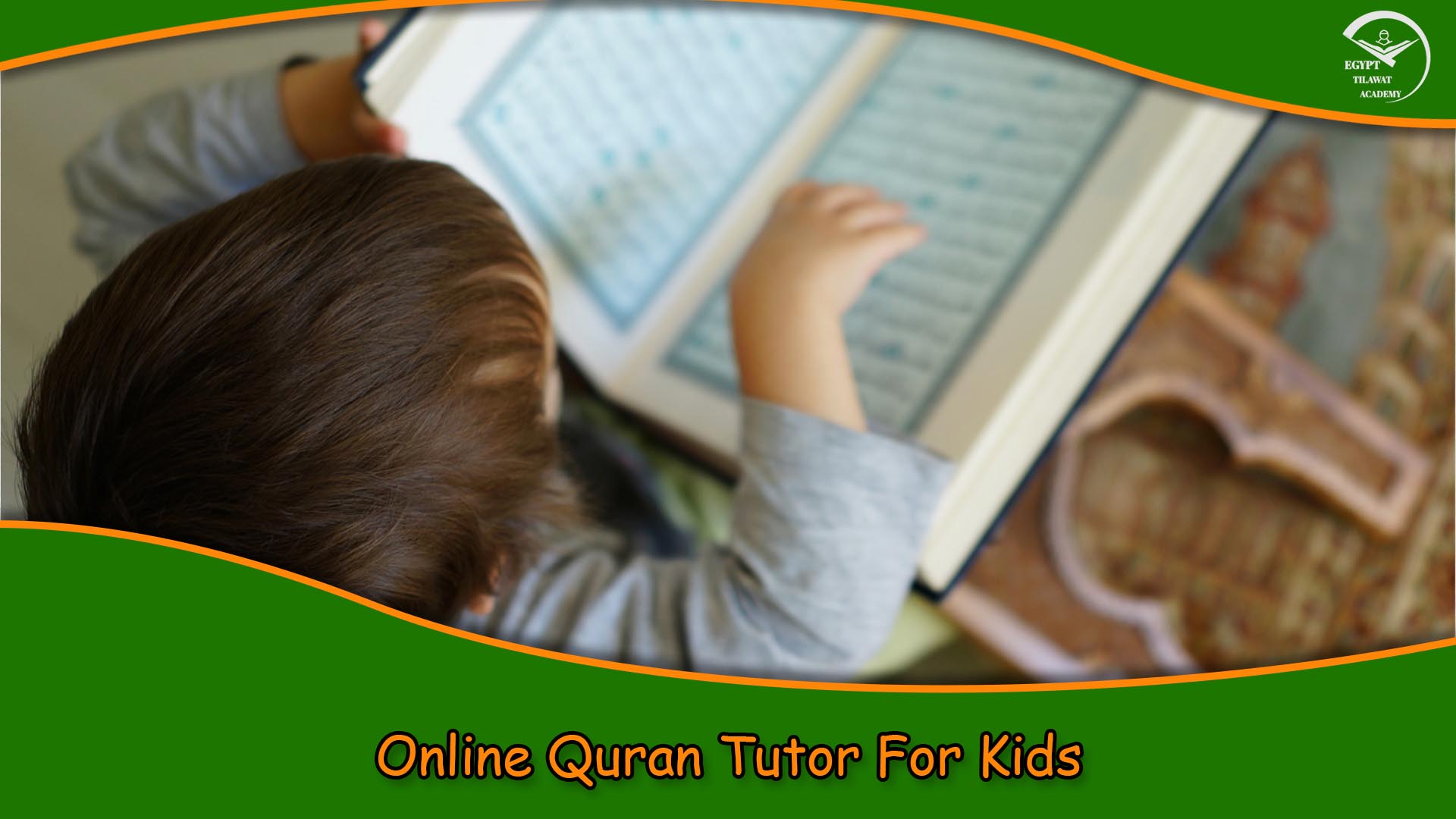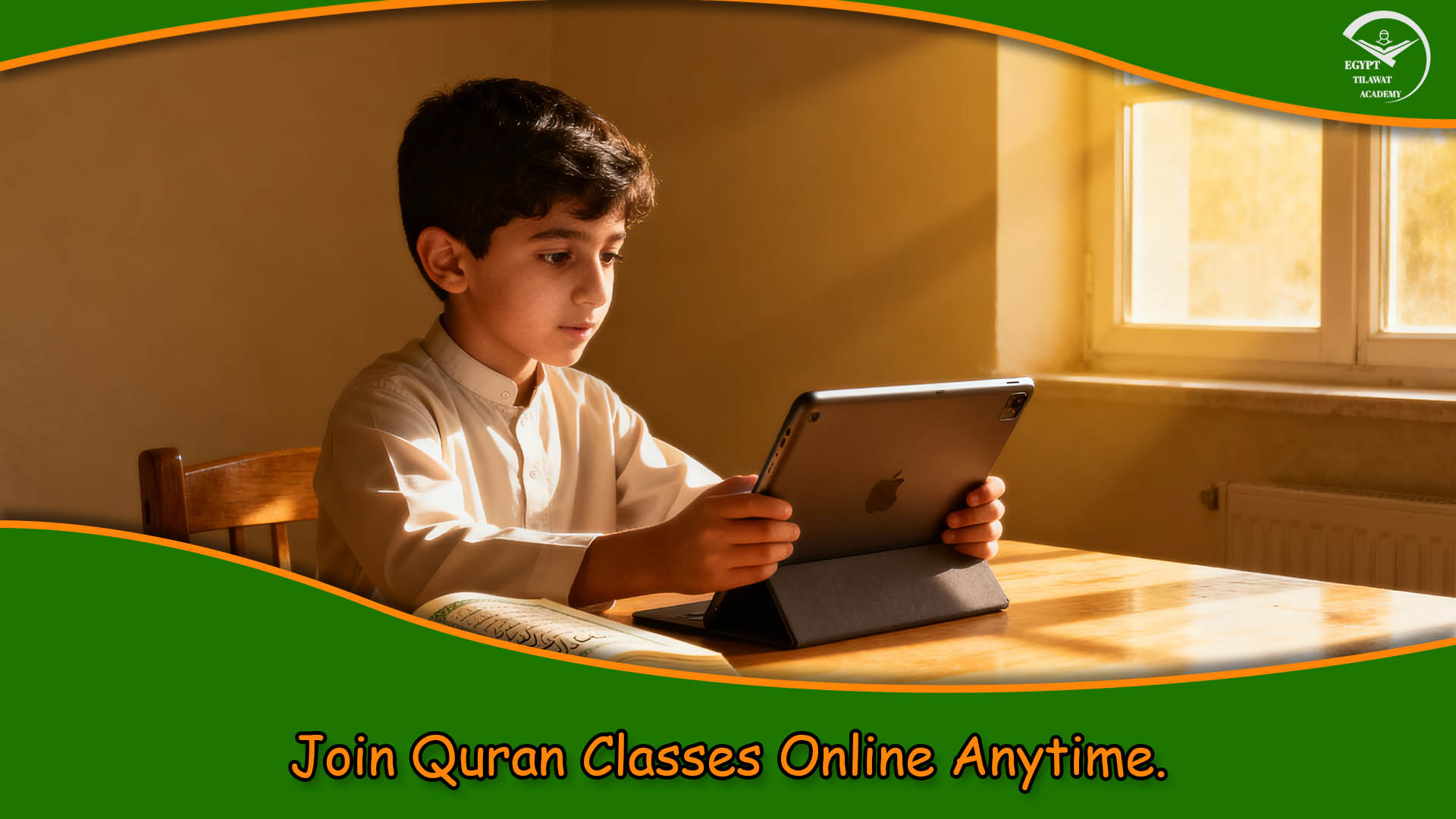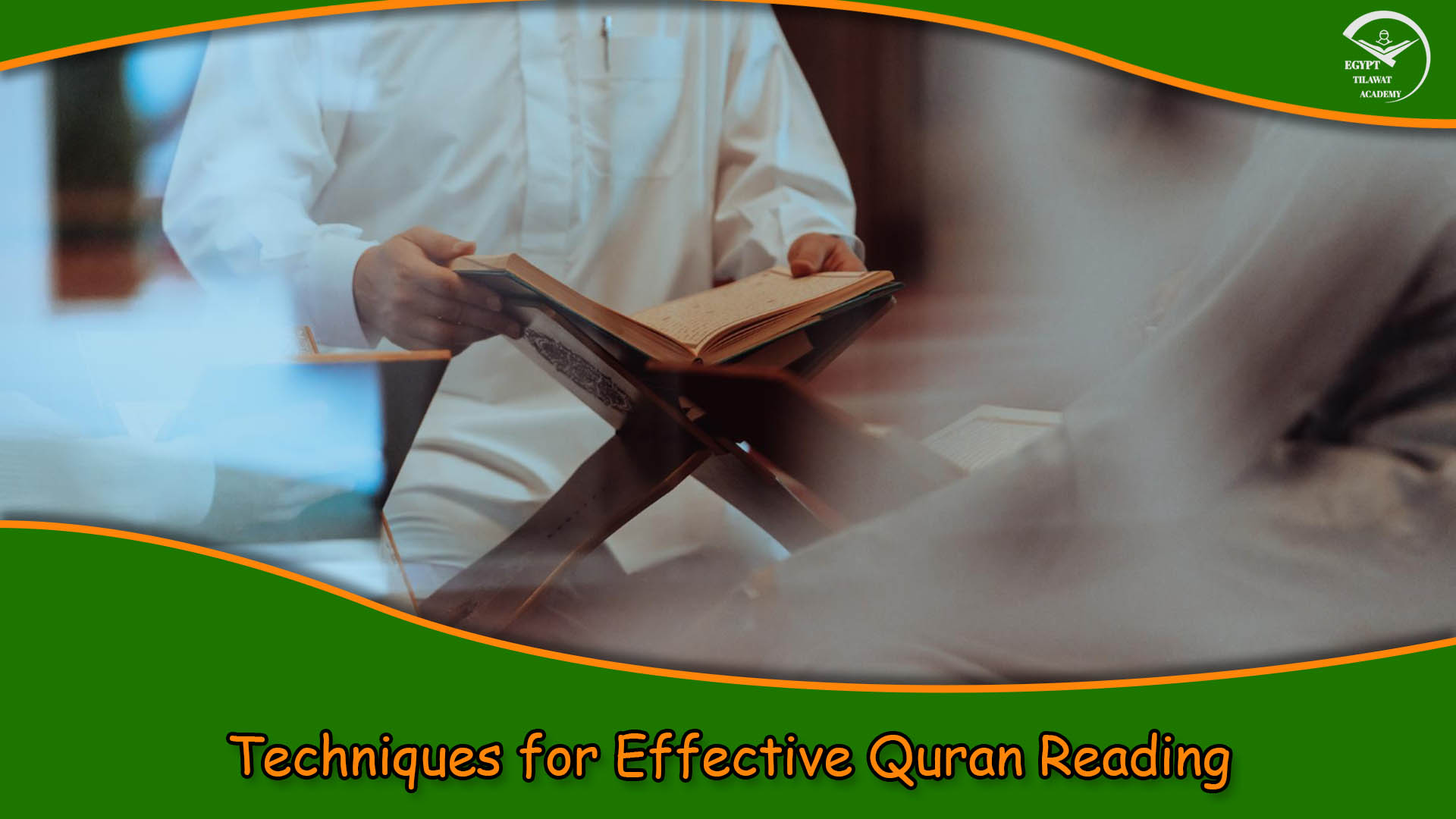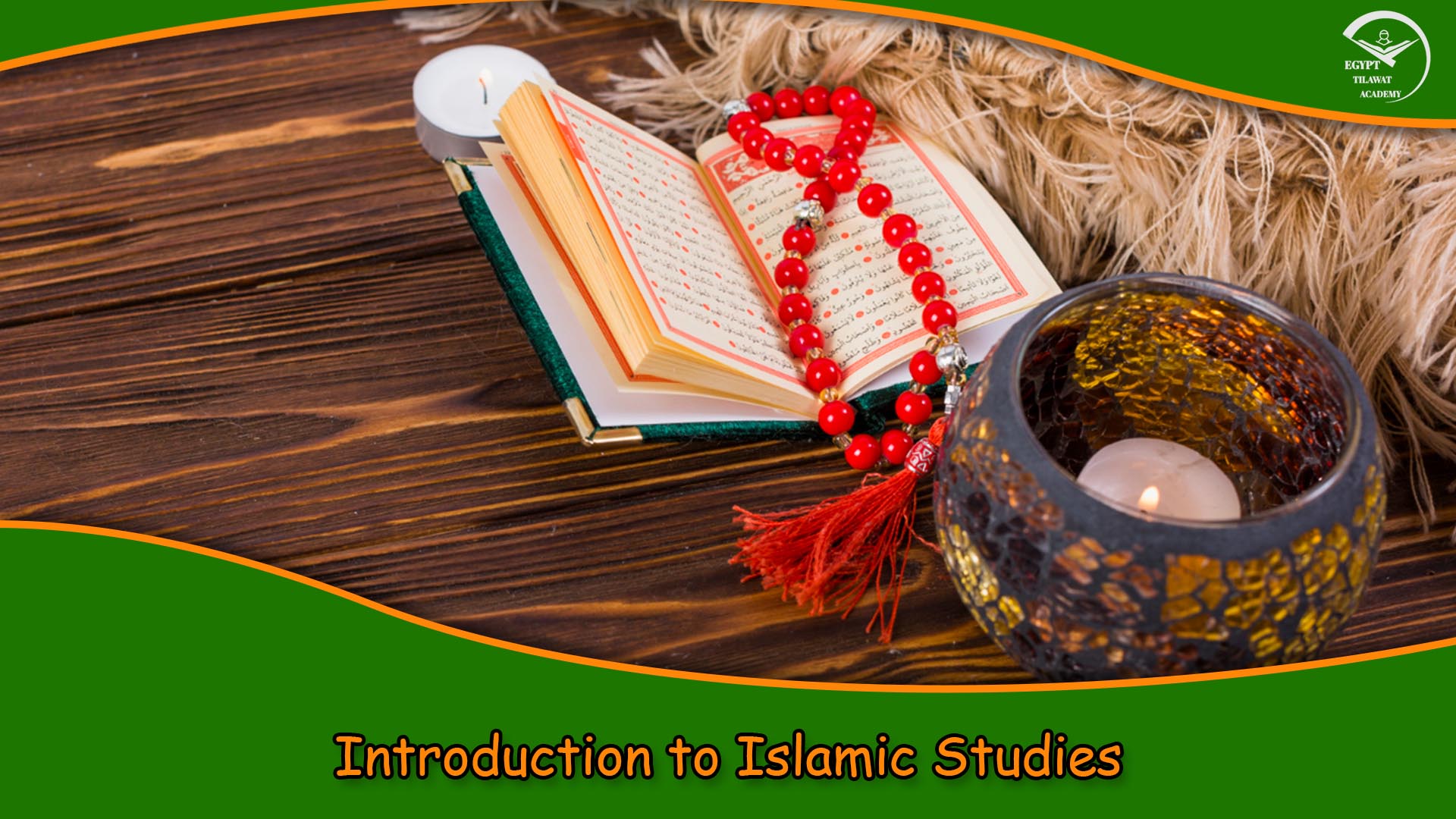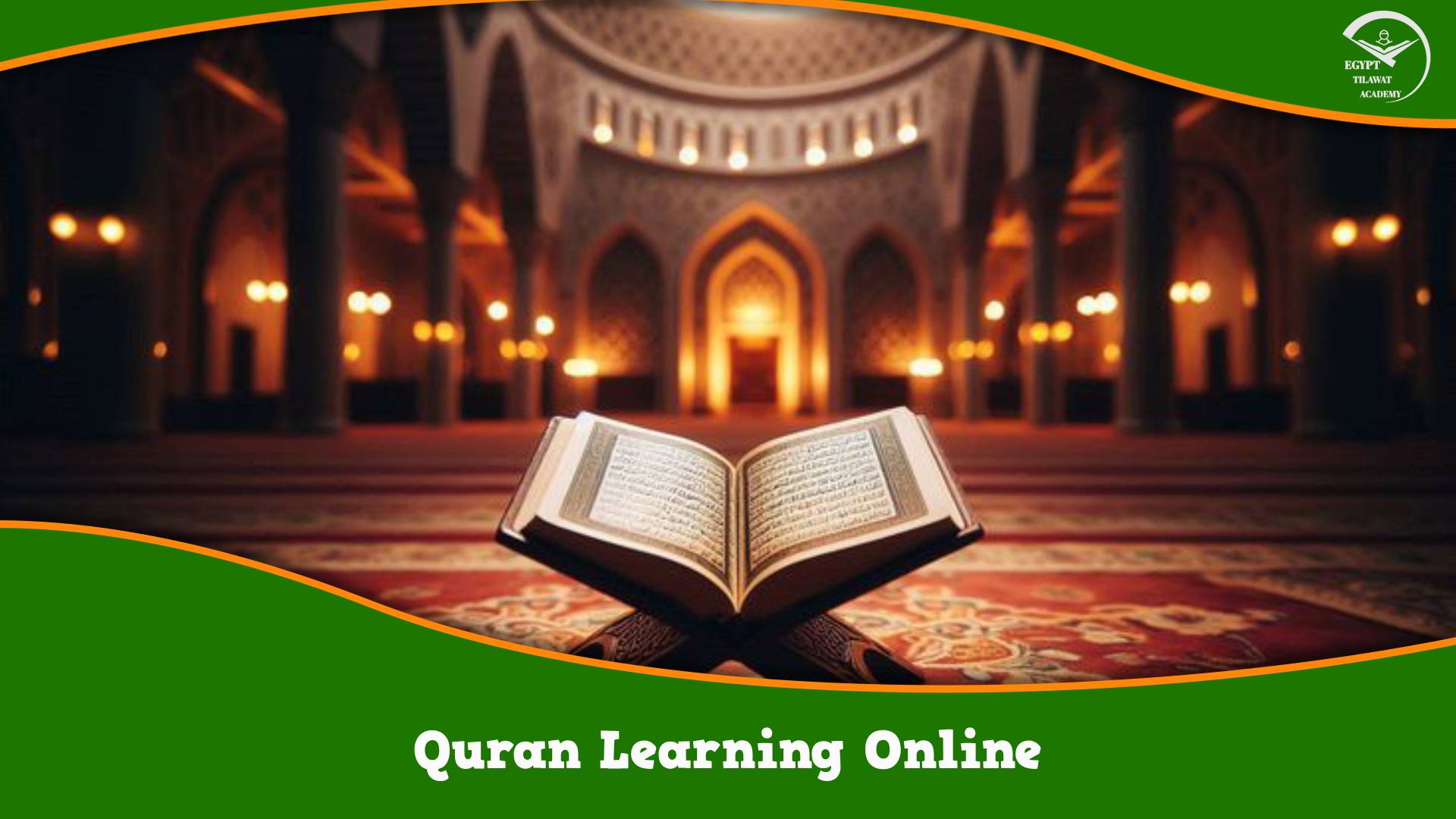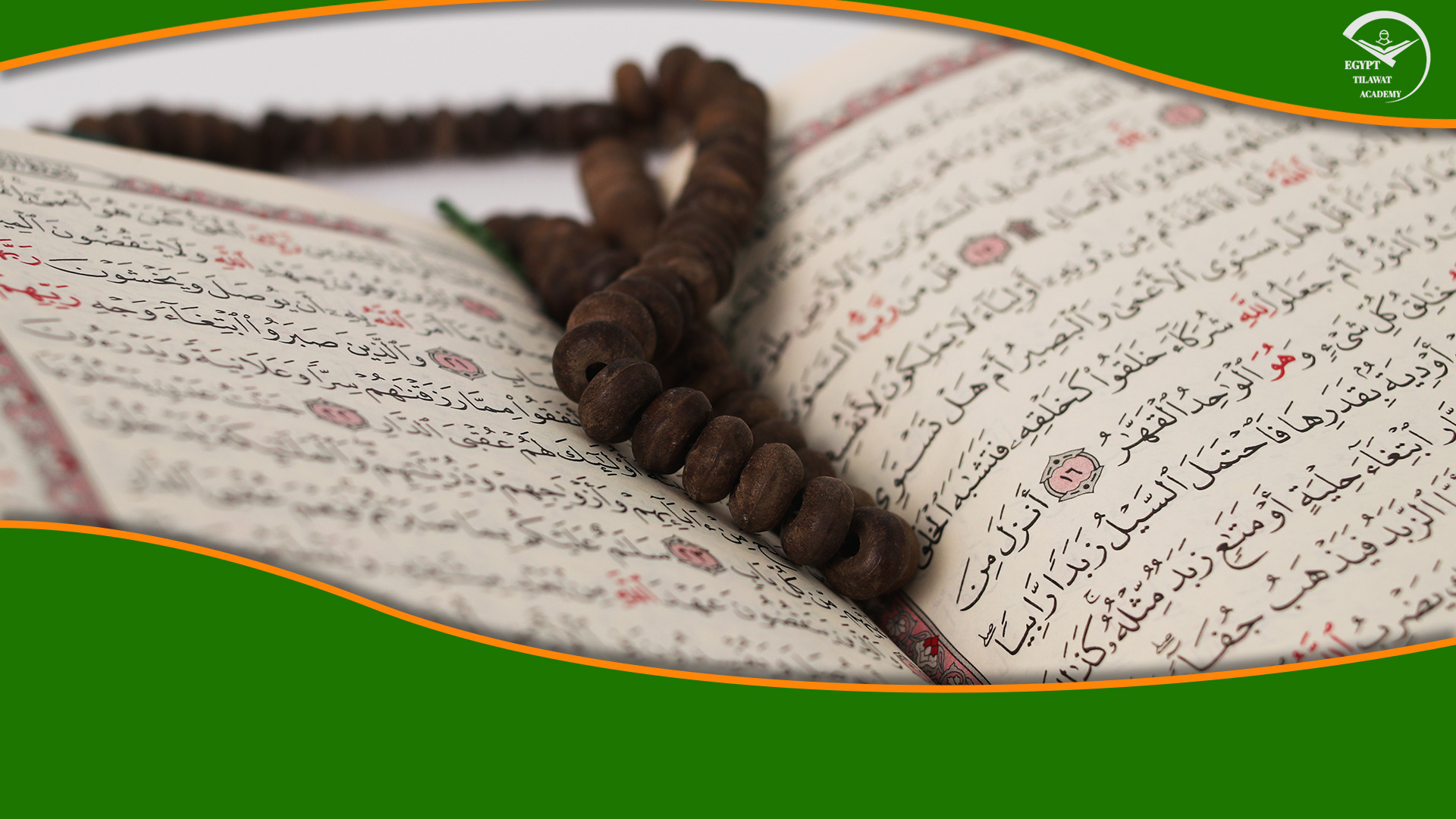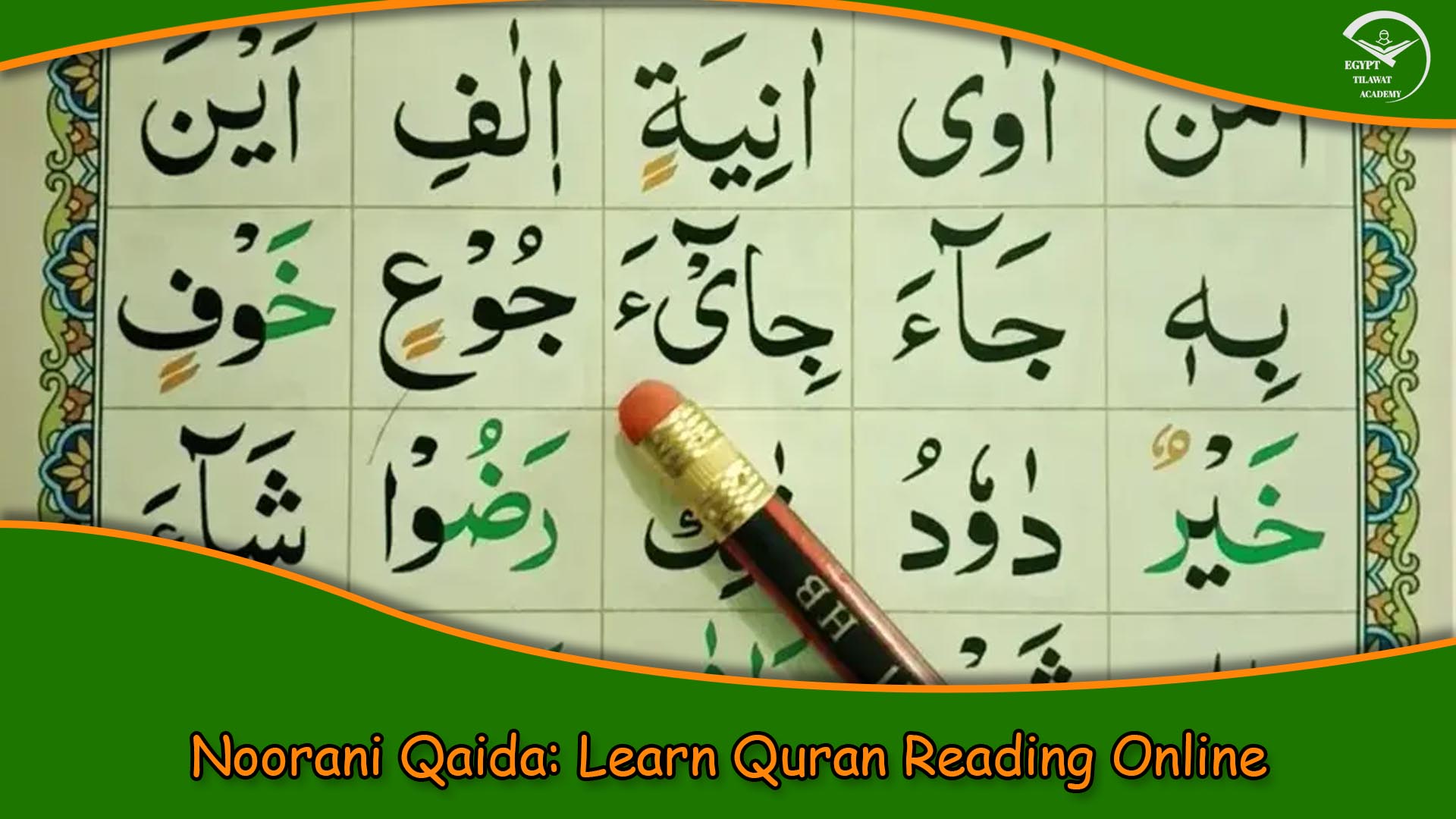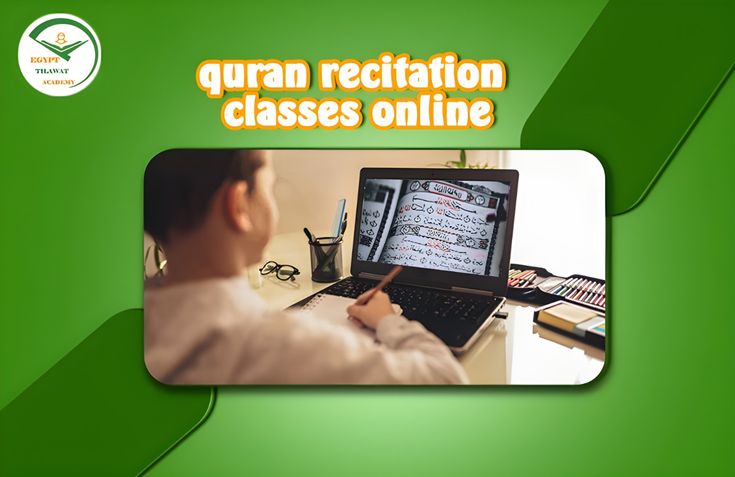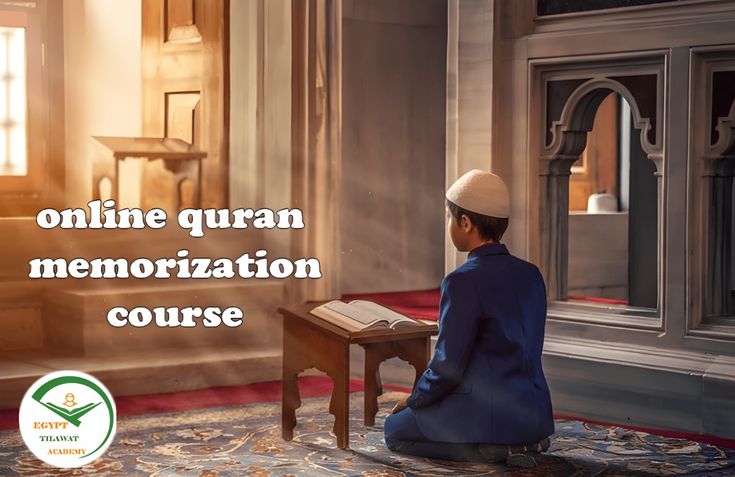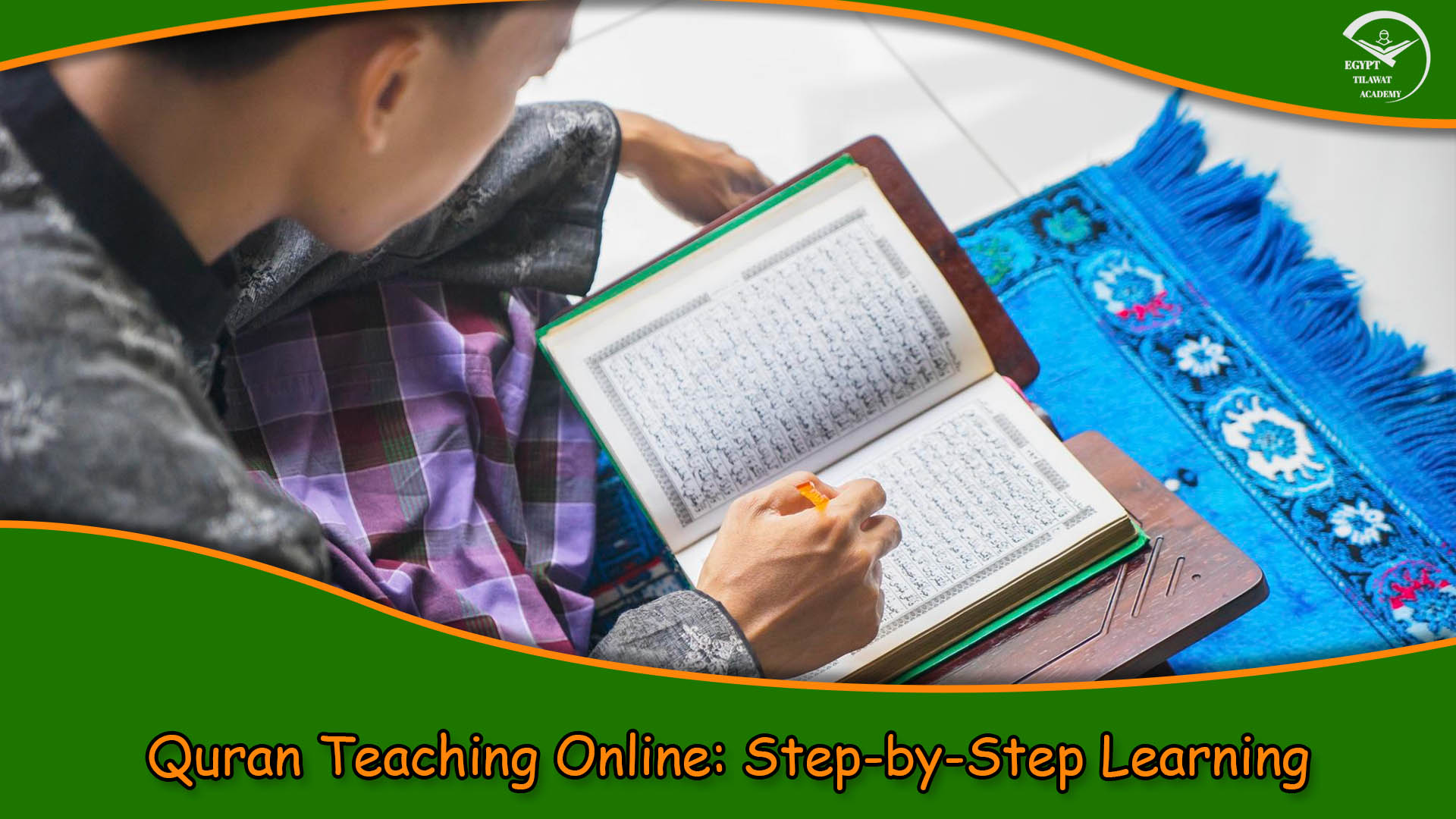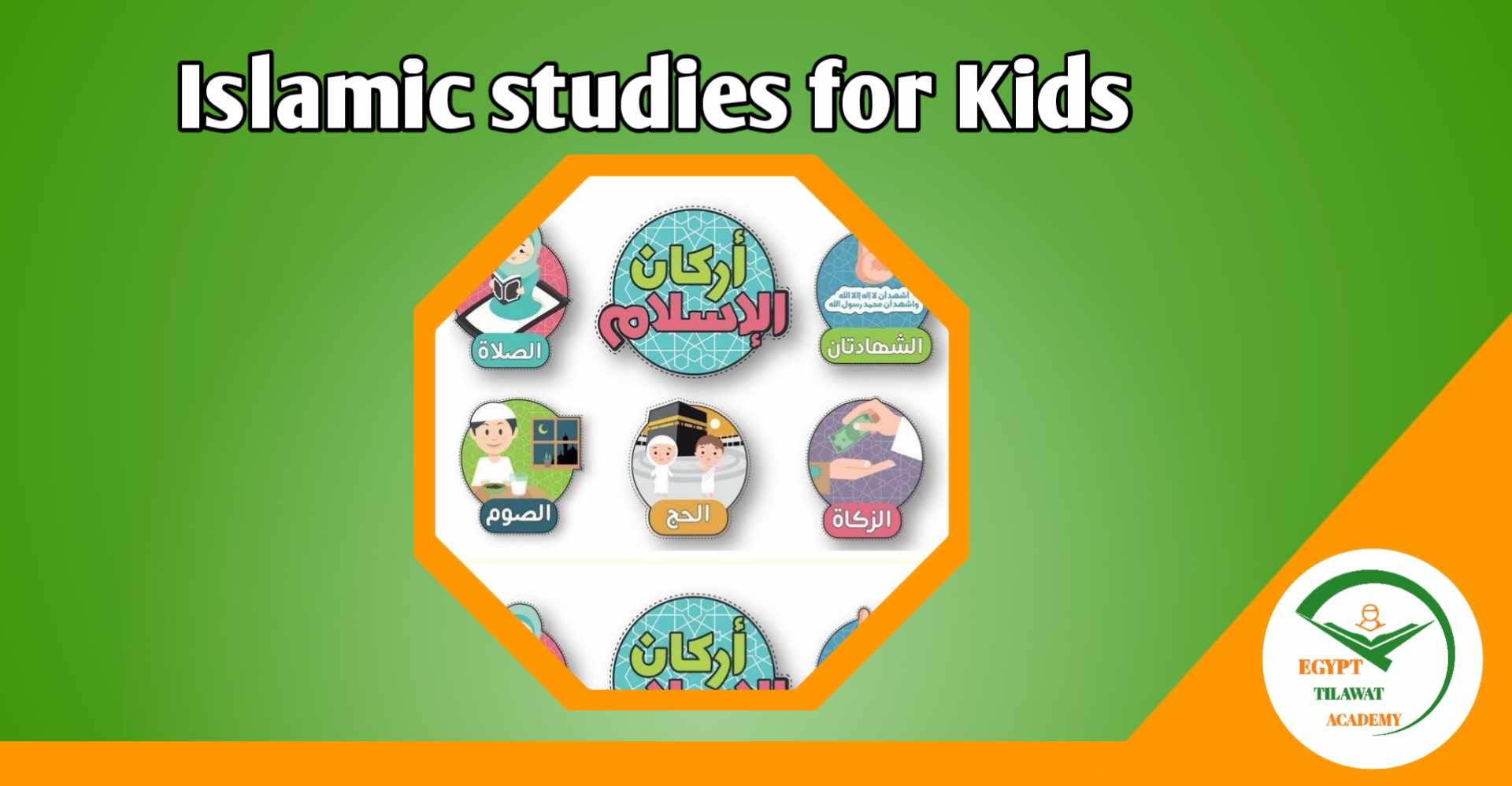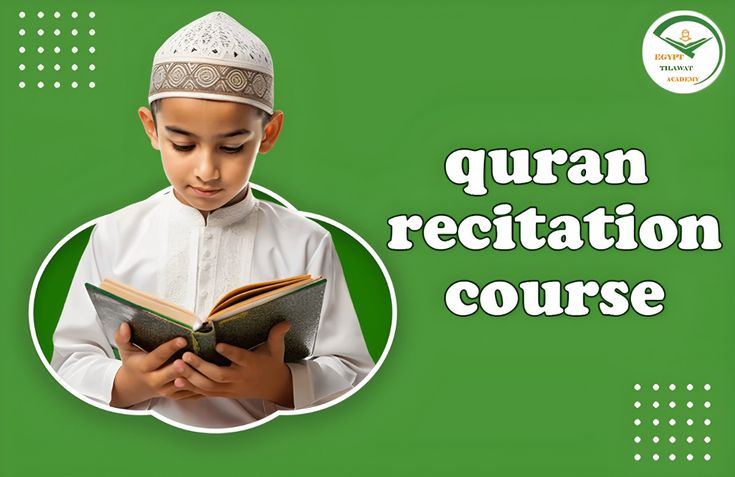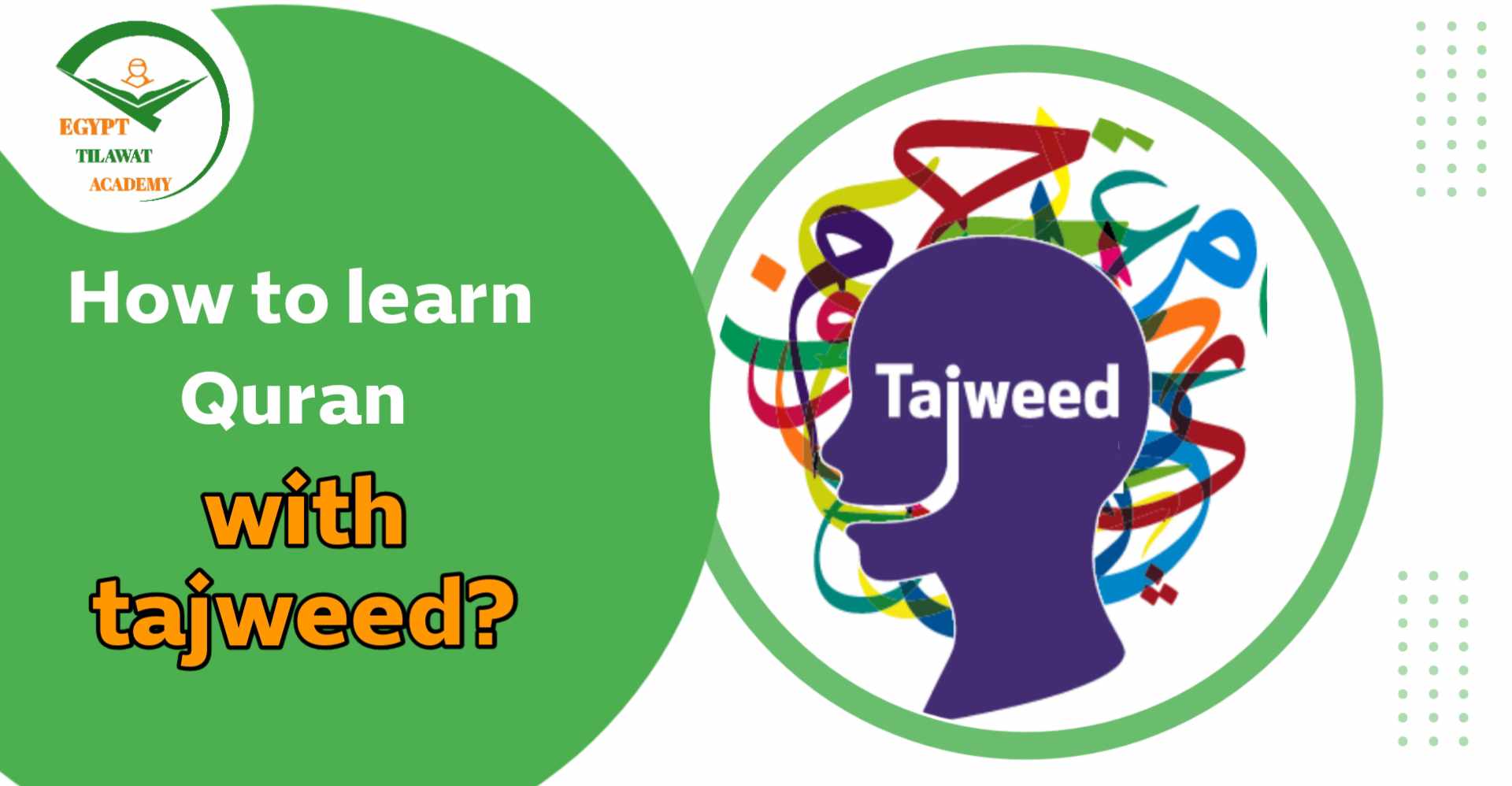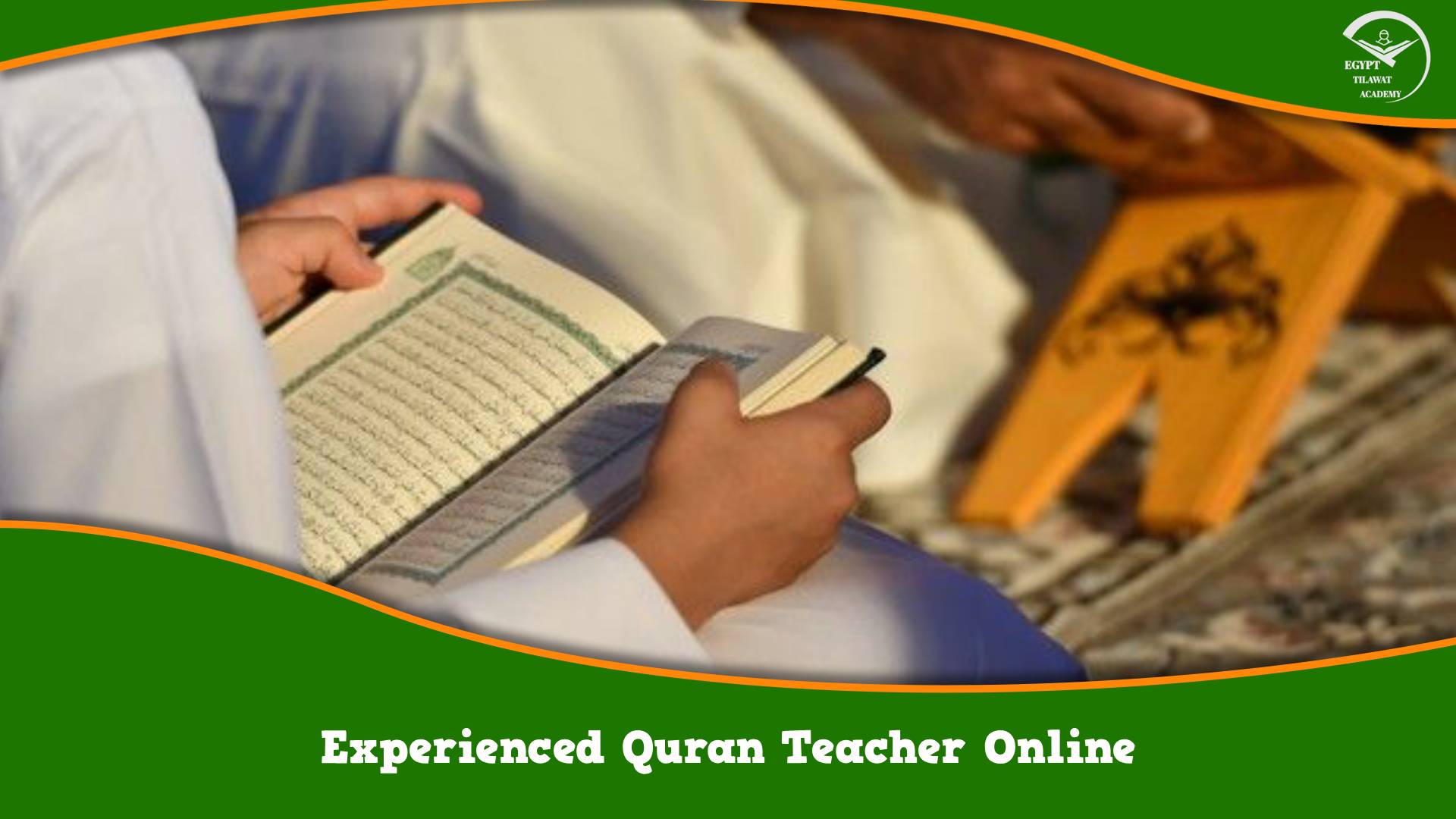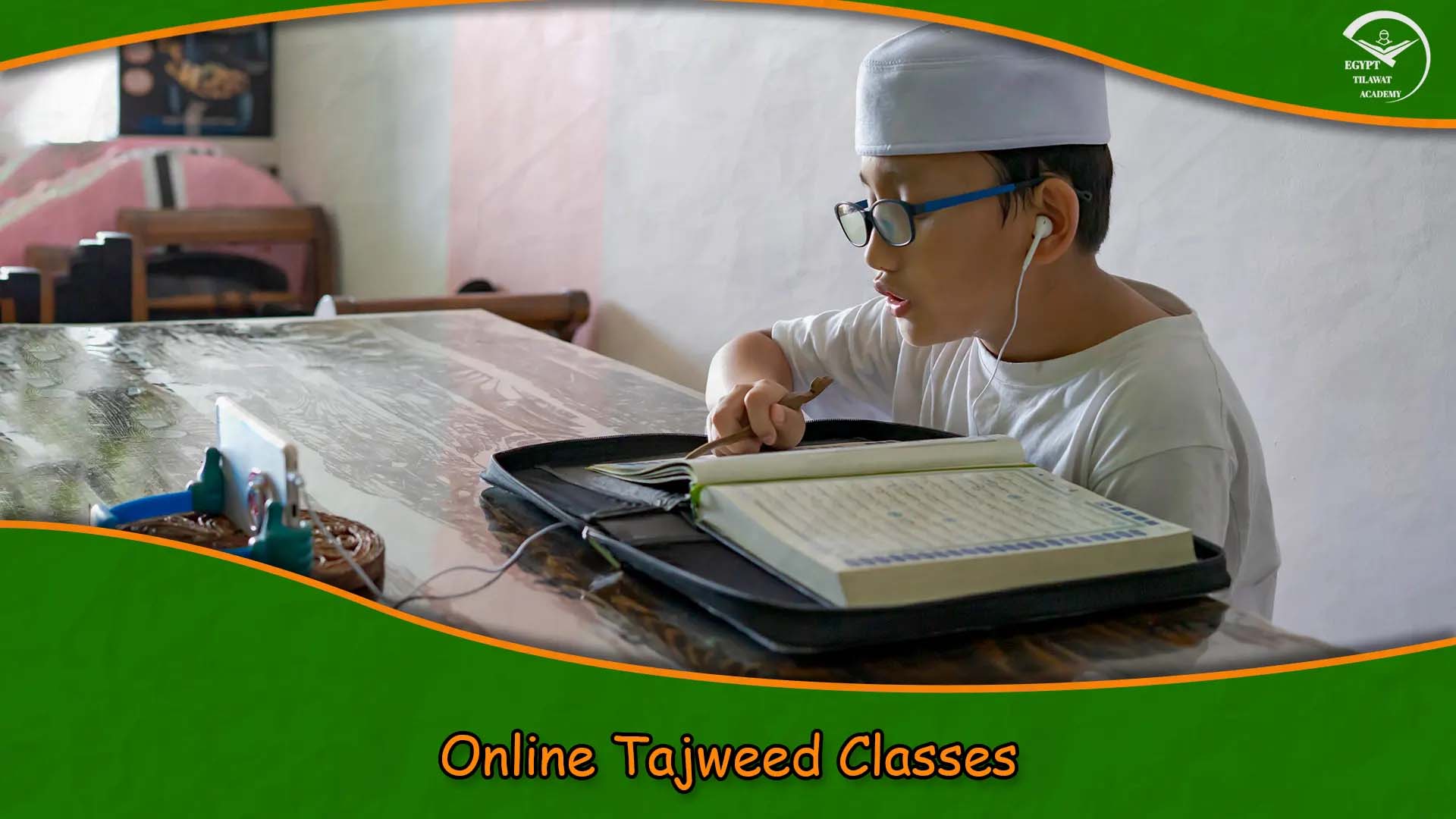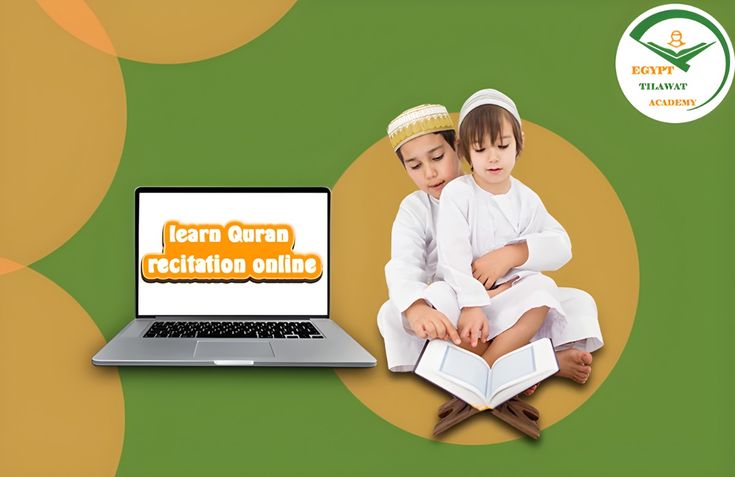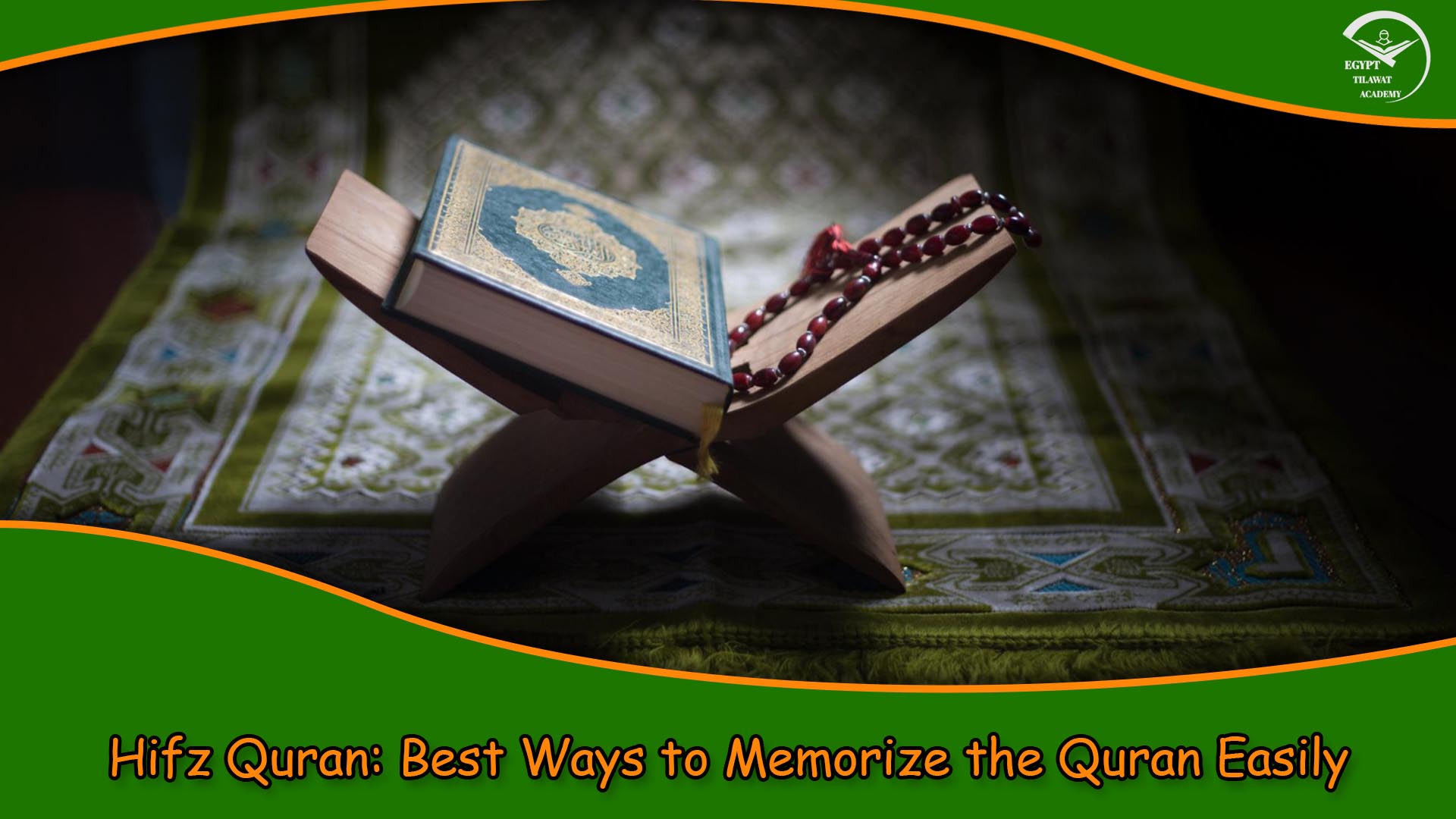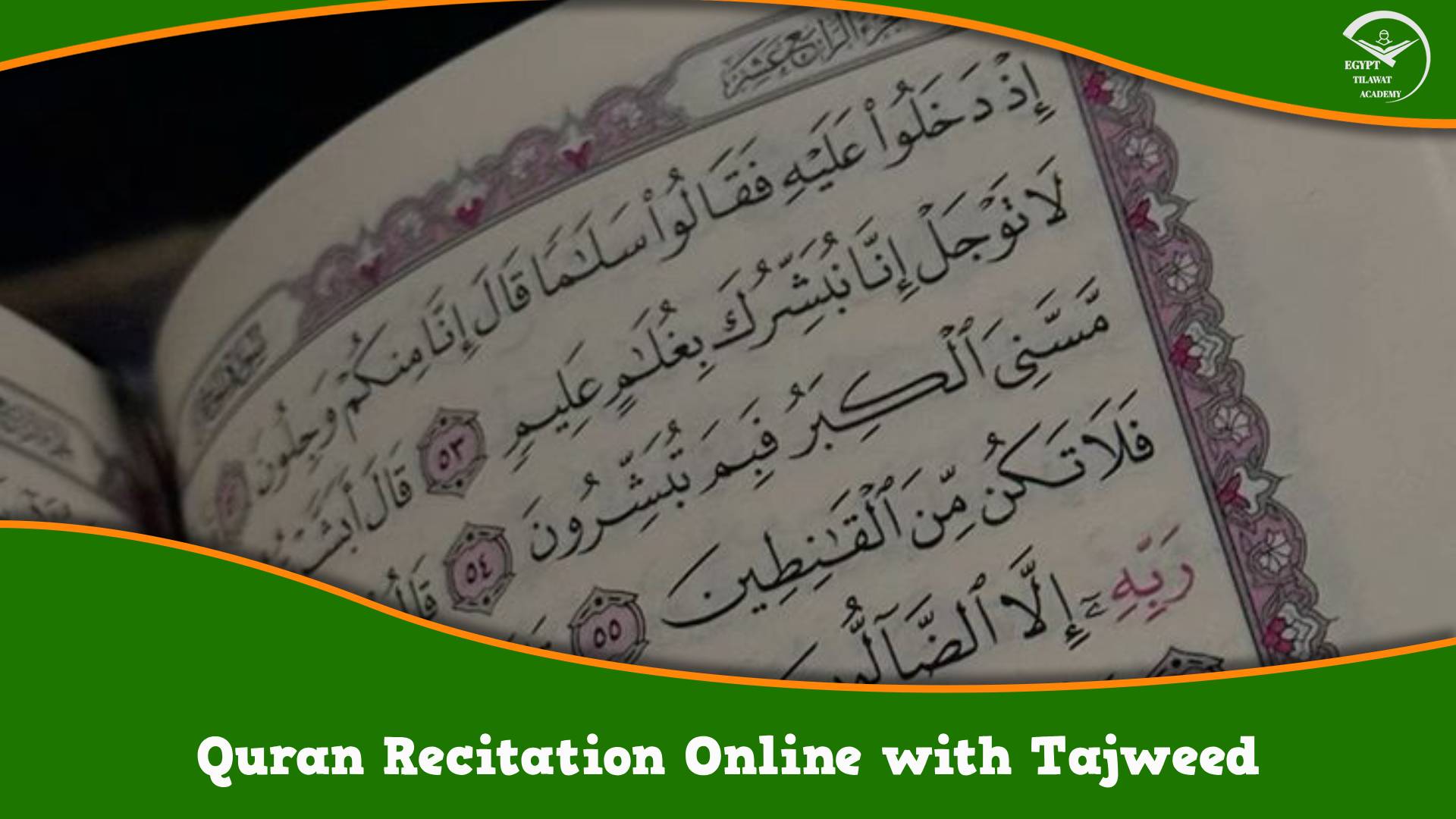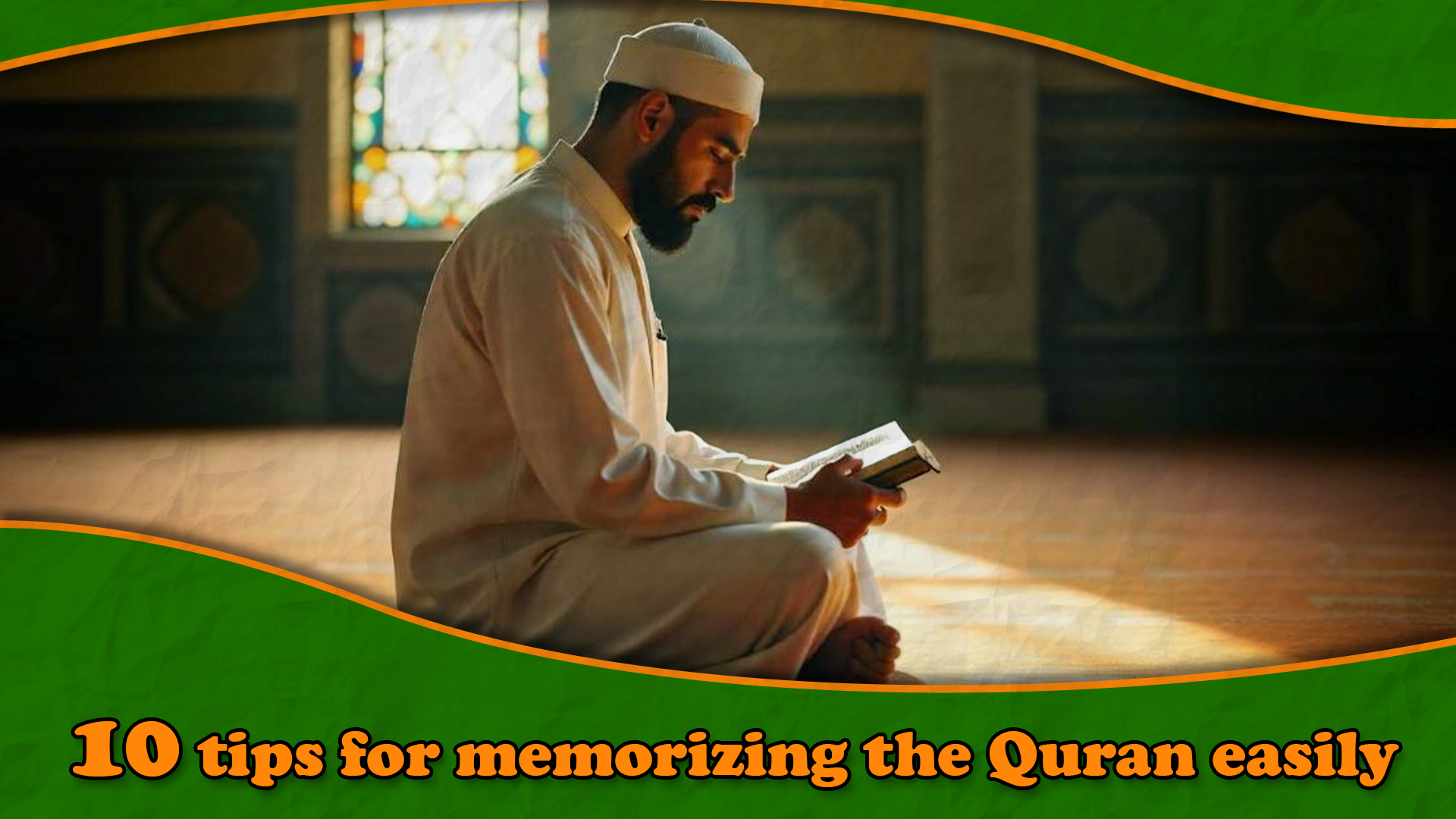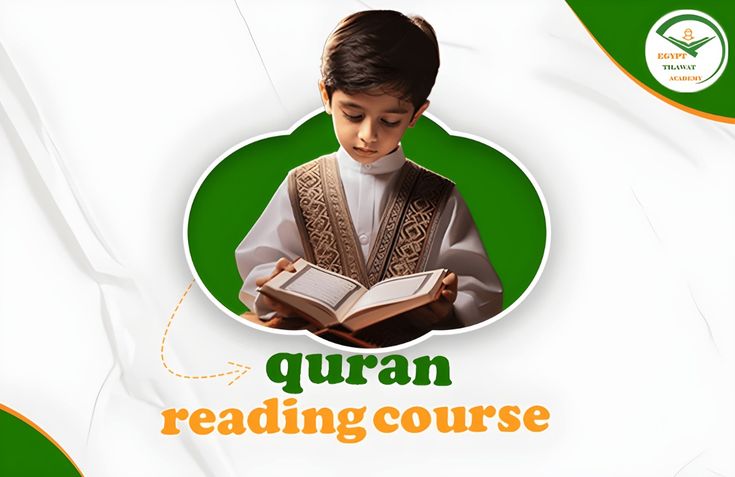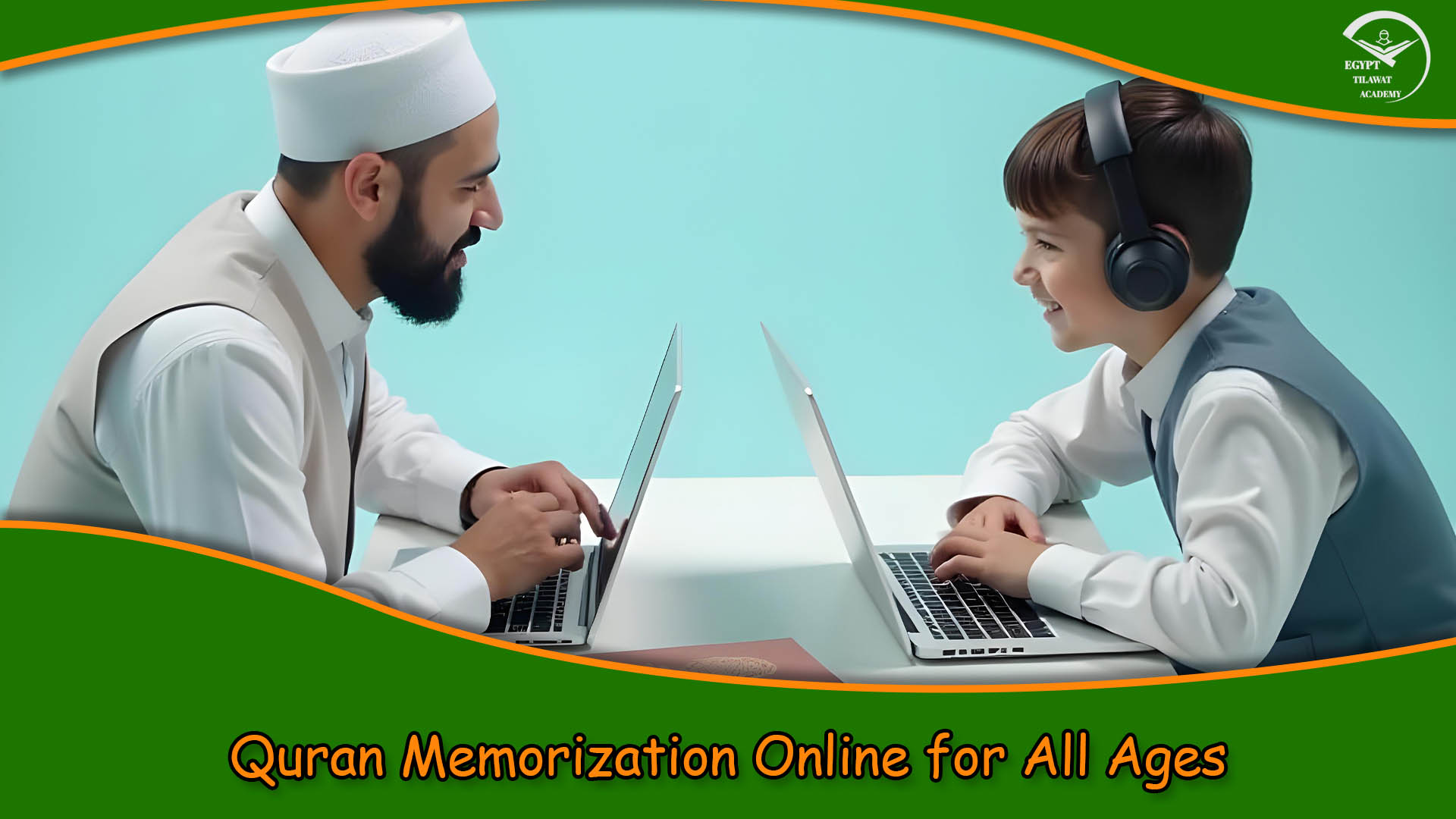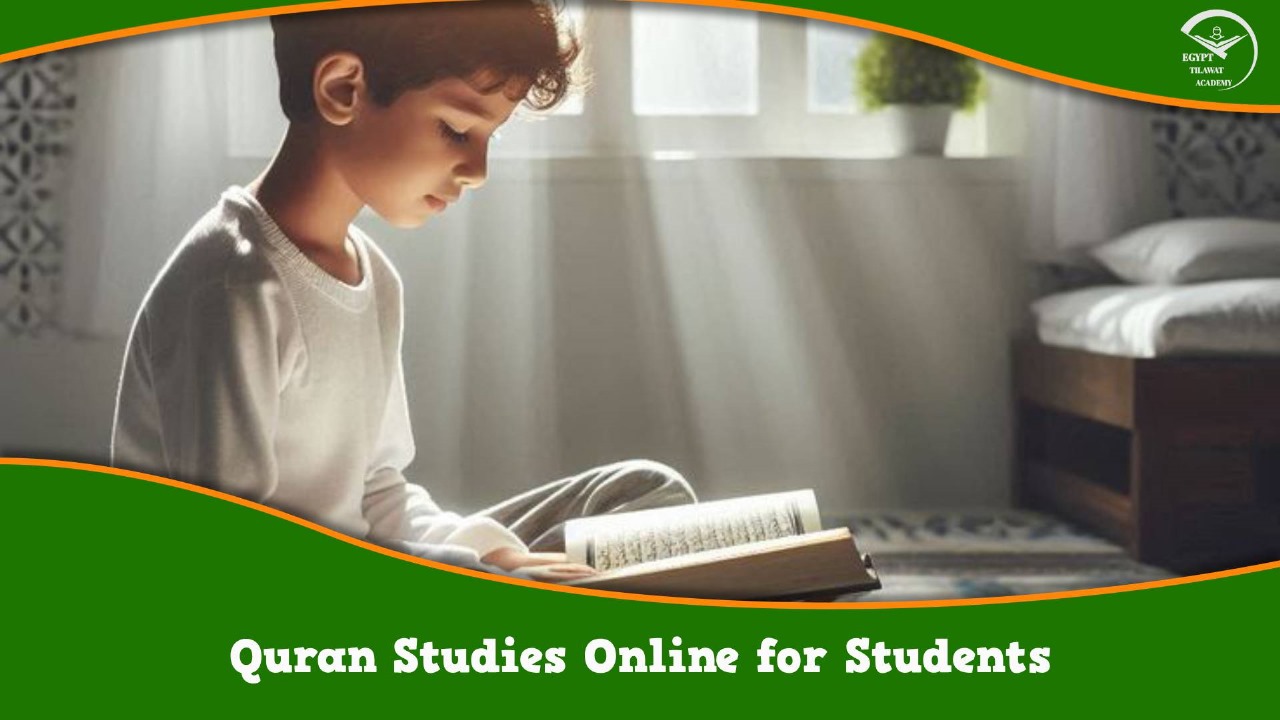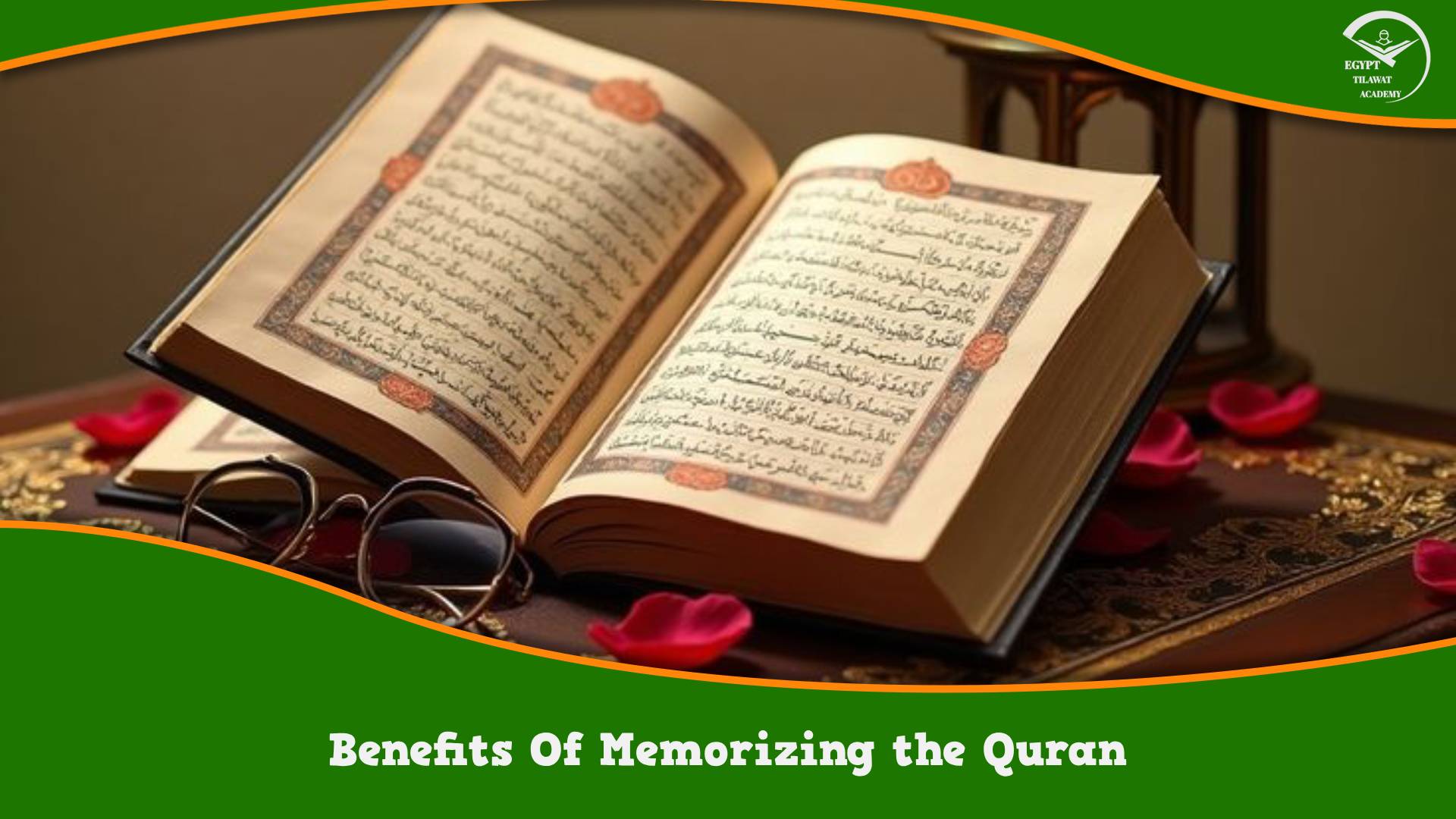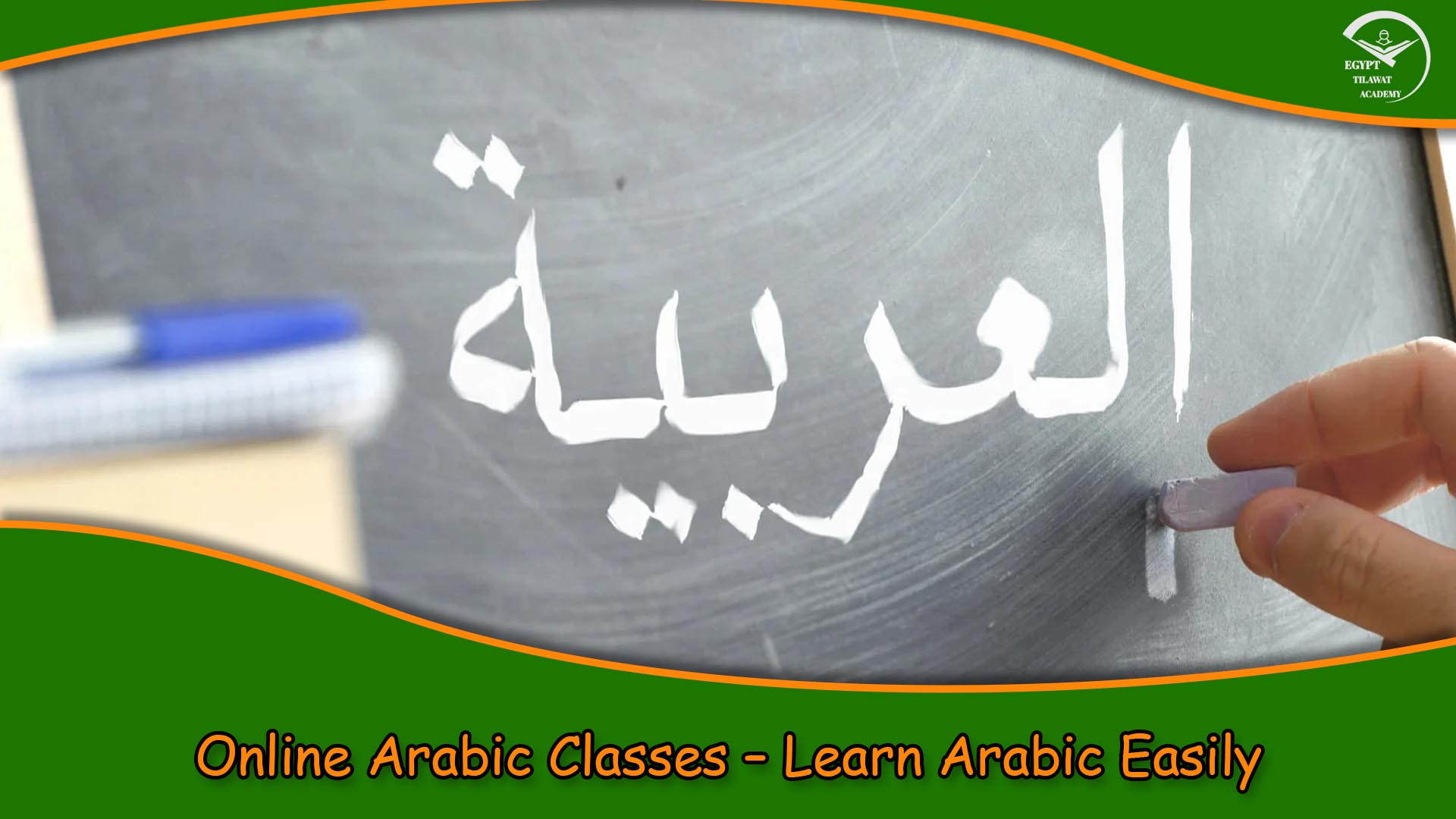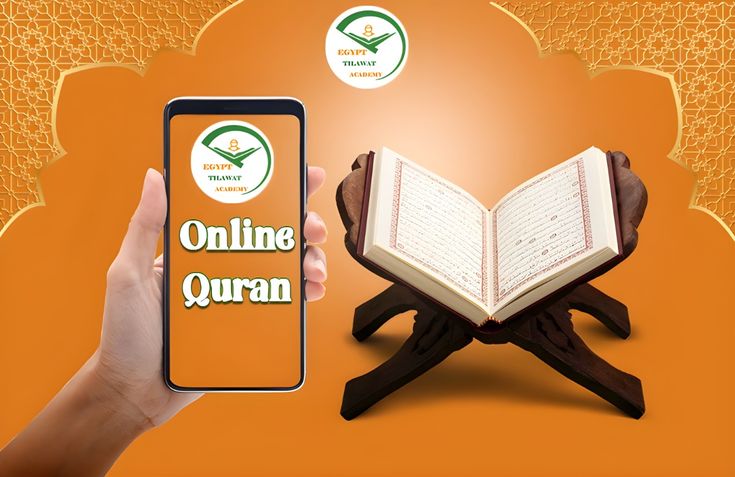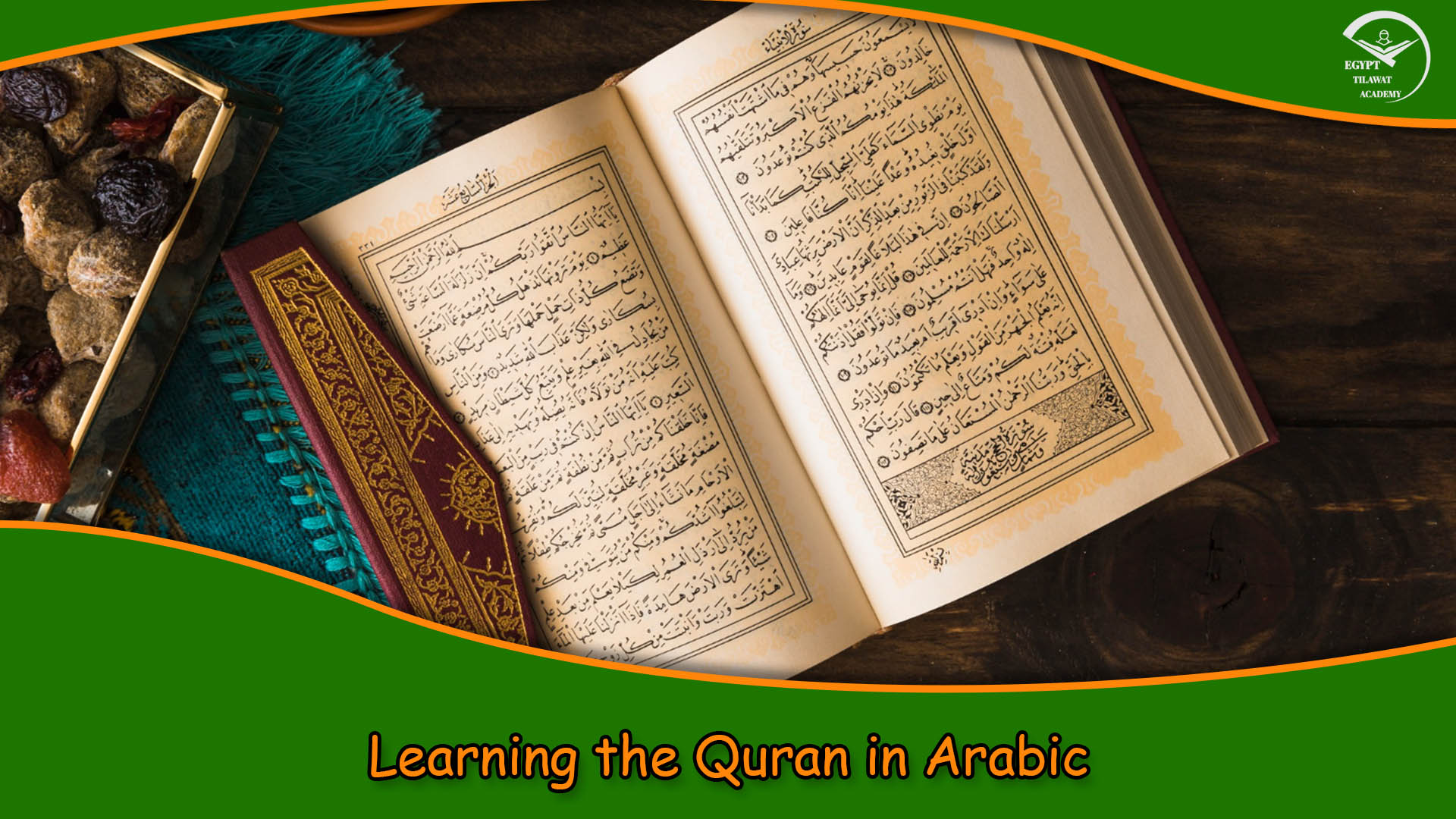
Learning the Quran in Arabic
Learning the Quran in Arabic is essential for Muslims because it allows for a deeper understanding of the Quran, the central religious text of Islam, in its original form.
While translations exist, they can't fully capture the nuances and
linguistic beauty of the Arabic text.
Learning the Quran in Arabic involves understanding the language in which
the Quran was revealed, enabling a deeper comprehension of its meanings and wisdom.
This can be achieved through various methods, including structured courses,
online resources, and immersion techniques.
Focusing on relevant vocabulary, using spaced repetition, and engaging in
regular practice are key to success.
That is why Muslims across all ages—from kids to adults—are encouraged to learn the Quran in Arabic.
Whether through online classes, structured programs, or with expert Quran teachers who specialize in tajweed and classical grammar.
Leading institutes like Egypt Tilawat Academy have designed comprehensive
programs to help students of all ages and backgrounds start their journey in
learning the Quran in Arabic.
Let us explore why learning the Qur’an in Arabic is so essential for every
Muslim, the benefits it brings, and the best ways to start this blessed
journey.
Why Learn the Quran in Arabic?
The Qur’an is not just any book; it is the kalaam (speech) of Allah,
revealed in its original Arabic form over 1,400 years ago.
Every word, letter, and sound was chosen by Allah, and its beauty and
meaning are preserved in the Arabic text.
When Muslims read the Quran in Arabic, they connect directly with Allah’s
words without the limitations of translation.
Every word in the Quran in Arabic, every letter, and even the sounds and vowels
of the Qur’an carry profound meaning that cannot be fully conveyed in another
language.
For example:
- A single Arabic word can carry multiple layers of meaning that no English
translation can fully reflect.
- The sounds and rhythm of Qur’anic Arabic are part of its miraculous nature,
something only truly experienced in the original language.
- Understanding Arabic allows Muslims to directly connect with the Qur’an,
rather than depending on another person’s interpretation.
Learning the Quran in Arabic is therefore not just an intellectual pursuit;
It is an act of devotion that allows Muslims to read, understand, and
communicate with the holy words of Allah in their purest form.
Benefits of Learning the Quran Arabic for Kids and Adults
Both kids and adults who learn the Quran in Arabic experience a stronger
connection with their prayers.
They no longer feel distant when reciting surahs in salah, because they can
now understand the meaning behind every verse.
This emotional bond with Allah’s kalaam cannot be replaced by translation
Here are the Benefits of Learning the Quran Arabic for Kids and Adults
1. Spiritual Connection with Allah
Kids and adults who learn the Quran in Arabic build a strong foundation for
their faith.
They experience the Qur’an as it was revealed, feeling its beauty and power
directly in their hearts.
2. Improved Worship
Reciting the Qur’an properly with tajweed enhances the beauty of salah and
daily recitations.
Correct pronunciation of letters and vowels ensures that a Muslim’s worship
is accurate and meaningful.
3. Stronger Islamic Identity for Kids
For Muslim children growing up in non-Arabic-speaking environments, learning
the Quran in Arabic strengthens their Islamic identity.
It helps them connect with the holy book, their religion, and their heritage
from an early age.
4. Cognitive and Linguistic Benefits
Studies show that children who learn two languages—such as their native
language and Arabic- develop better memory, focus, and problem-solving skills.
Adults also sharpen their minds by studying grammar, morphology, and
vocabulary.
5. Long-Term Benefits in Islamic Studies
A strong foundation in the Quran and Arabic makes Islamic studies easier
later in life.
Whether studying Hadith, Fiqh, or Tafsir, students who understand Qur’anic
Arabic gain deeper insight compared to those relying only on translations.
Tips for Learn the Quran in Arabic
Learning the Quran in Arabic may seem challenging, especially for beginners,
but with the right steps and guidance, it becomes a rewarding journey.
Here are some practical tips:
- Start with the Basics
Begin with the Arabic alphabet, letters, and vowels. Use structured programs
that provide step-by-step lessons for building a strong foundation.
- Use flashcards
Create flashcards with Arabic words and their meanings to aid memorization.
- Focus on Pronunciation and Tajweed
Practice listening to recitations and repeating aloud to master the sounds.
Pay attention to the tajweed rules to recite properly.
- Daily Practice
Consistency is key. Even 10–15 minutes daily of reading and listening
practice helps students improve gradually without feeling overwhelmed.
- Use Online Platforms
Leading platforms like Egypt Tilawat Academy offer interactive lessons,
trial classes, and live teachers who provide personalized guidance.
- Read aloud
Reading Quranic verses aloud helps with pronunciation and comprehension.
- Combine Reading with Understanding
Don’t just learn to read; focus on meaning and vocabulary. Build your
dictionary of Qur’anic words step by step to strengthen understanding.
Learning the Quran in Arabic for beginners
To begin learning Quranic Arabic, focus on mastering the Arabic alphabet,
building vocabulary from Quran words, and understanding basic grammar.
Utilize resources like online courses, apps, and reputable online Quran
teachers to guide your learning journey.
Various online platforms offer resources to learn the Quran in Arabic for
beginners.
Egypt Tilawat Academy provides free video lessons, interactive courses, and
downloadable resources.
Other options include live classes and courses focused on understanding the
Quran's language.
These resources often aim to make learning accessible and enjoyable, with
lessons designed to be easy to follow.
The core focus is to build a foundational understanding of Arabic to
comprehend the Quran.
Consider exploring different platforms to find one that best suits your
learning style and pace.
Learn the Quran Arabic with Tajweed Online
Tajweed is the science of reciting the Qur’an with proper rules, sounds, and
pronunciation.
Ensuring that each letter is articulated correctly with its correct
pronunciation, characteristics, and diacritical marks.
Without tajweed, the meaning of words can change, which is why learning the
Quran in Arabic with tajweed is essential for every student.
Learning the Quran Arabic with tajweed ensures that:
- The holy verses are recited as they were revealed.
- Mistakes in pronunciation that could change the meaning are avoided.
Online tajweed courses provide:
- Live classes with expert teachers.
- Structured programs covering Tajweed rules step by step.
- Practice sessions for improving fluency.
- Recorded lessons and apps for easy daily revision.
Academies like Egypt Tilawat Academy make it easy for Muslims worldwide to
enroll in tajweed classes and receive comprehensive training from certified
teachers.
Quran Arabic Online Classes
Modern technology has made learning the Quran in Arabic easier than ever.
Through online platforms and apps, students can access interactive classes
from the comfort of their homes.
Features of Online Quran Classes:
- Live teachers who provide real-time feedback.
- Trial lessons to test the platform before enrolling.
- Flexible timings suitable for kids, adults, and working professionals.
- Structured programs covering the basics to advanced Arabic studies.
- Access to recorded classes, study resources, and apps.
Whether you’re a beginner learning the alphabet or an advanced student
studying classical Arabic grammar, online platforms like Egypt Tilawat Academy
provide a comprehensive and effective guide.
Why the Quran’s Arabic Preserves the Original Meaning of Allah’s Words
One of the greatest blessings of the Qur’an is that it has been preserved in
its original Arabic language.
Unlike other religious books that went through translations, edits, and
revisions, the Qur’an remains unchanged.
- Every letter, vowel, and sound is the same today as it was during the time
of the Prophet Muhammad (PBUH).
- Translations may help readers understand the general meaning, but they can
never fully capture the layers of meaning, beauty, and depth in the original
Arabic.
Learning Arabic allows Muslims to directly access the guidance of Allah
without relying on imperfect translations.
This is why Muslims worldwide strive to learn, read, and recite the Quran in
Arabic to connect with the original kalaam of Allah in the form it was
revealed.
Learn the Quran Arabic with Quran Teachers
While self-study and apps are useful, nothing replaces learning with qualified
Quran teachers.
Teachers provide:
- Proper guidance in pronunciation, tajweed, and recitations.
- Step-by-step programs for beginners, kids, and advanced students.
- Correction of mistakes in reading, grammar, and vocabulary.
- Motivation and encouragement to keep students consistent.
Egypt Tilawat Academy, a leading Islamic institute, offers live classes with
expert teachers who guide students in mastering reading, tajweed, memorization
(hifz), and understanding Qur’an Arabic.
In Conclusion, Learning the Quran in Arabic is one of the most rewarding journeys a Muslim can undertake.
It opens the door to understanding the Qur’an in its original form,
strengthening one’s faith and worship, and building a lasting foundation for
Islamic studies.
With modern online classes, apps, and expert teachers, it has never been
easier to start learning Qur’an Arabic.
Platforms like Egypt Tilawat Academy provide structured programs that help
Muslims worldwide, regardless of their age, level, or language background.
- Students experience the beauty and rhythm of Qur’anic recitation.
- Now is the perfect time to enroll, explore, and dive into the beauty of
Qur’an Arabic.
